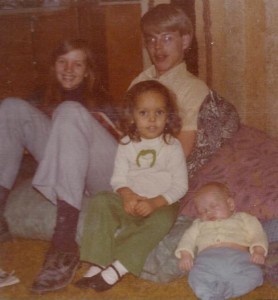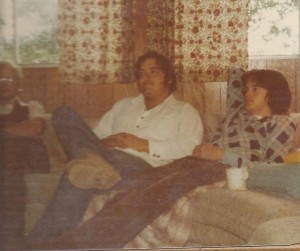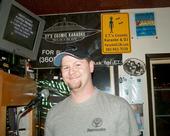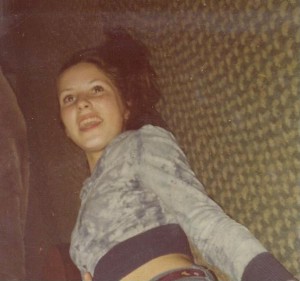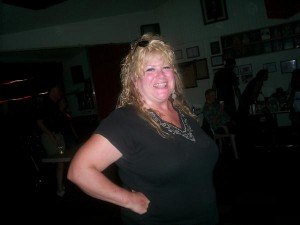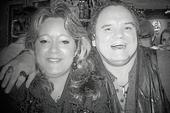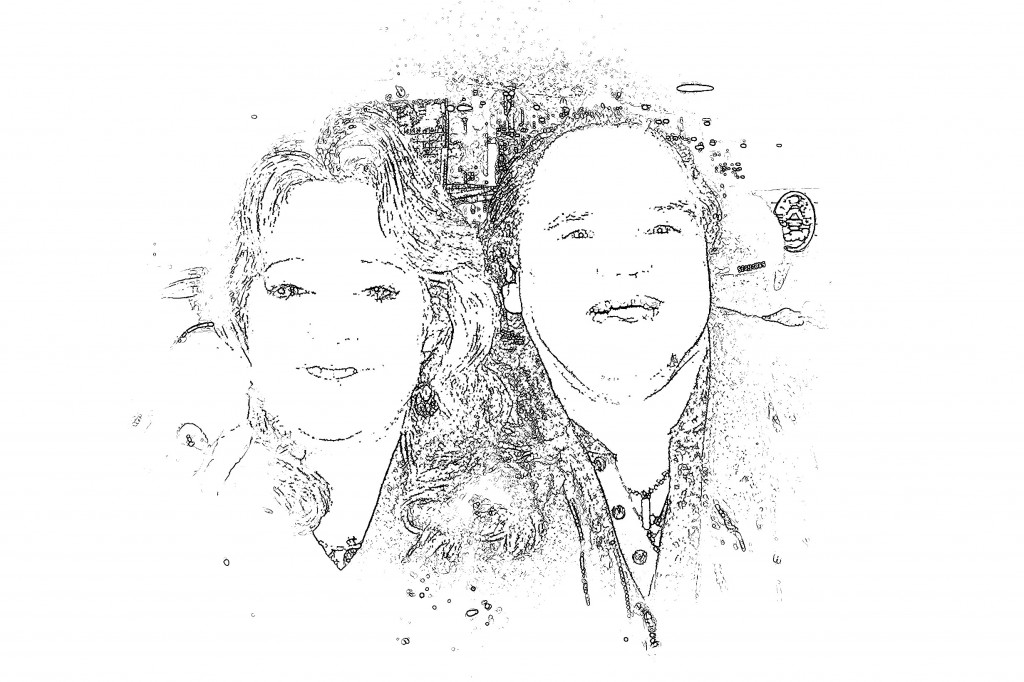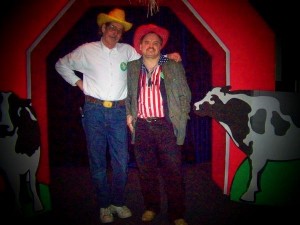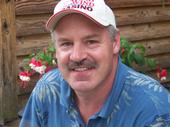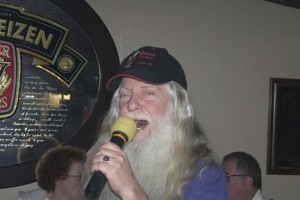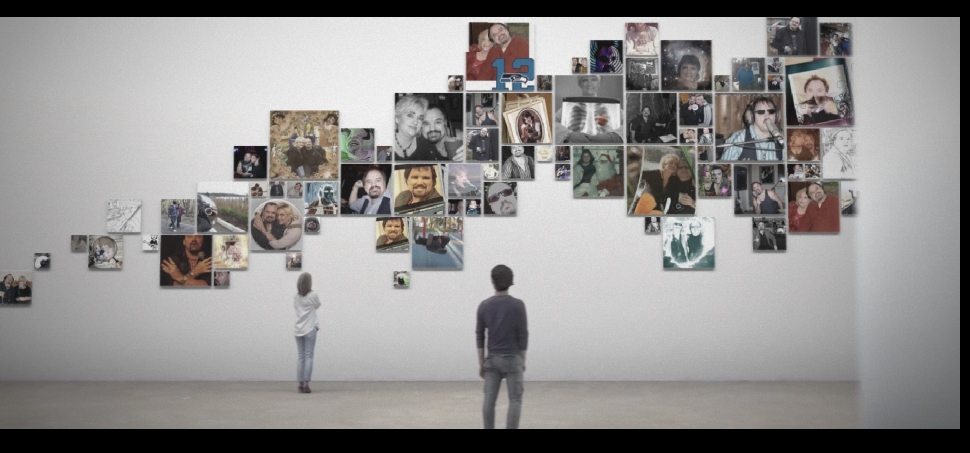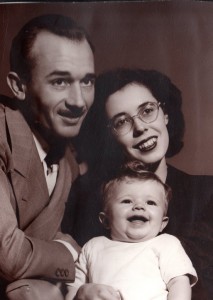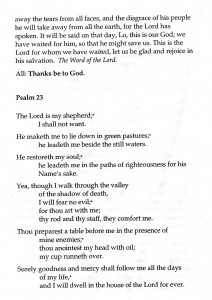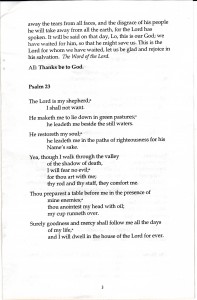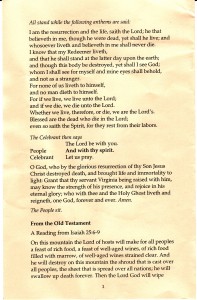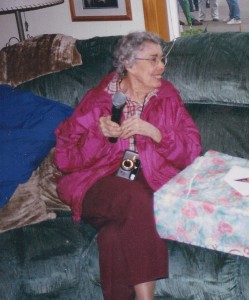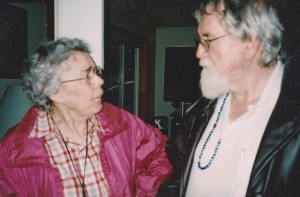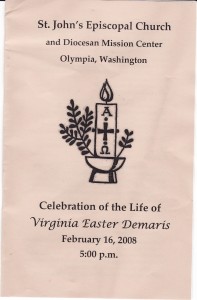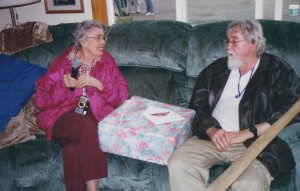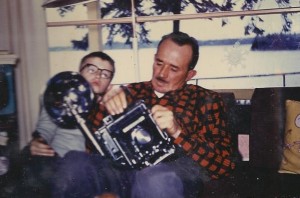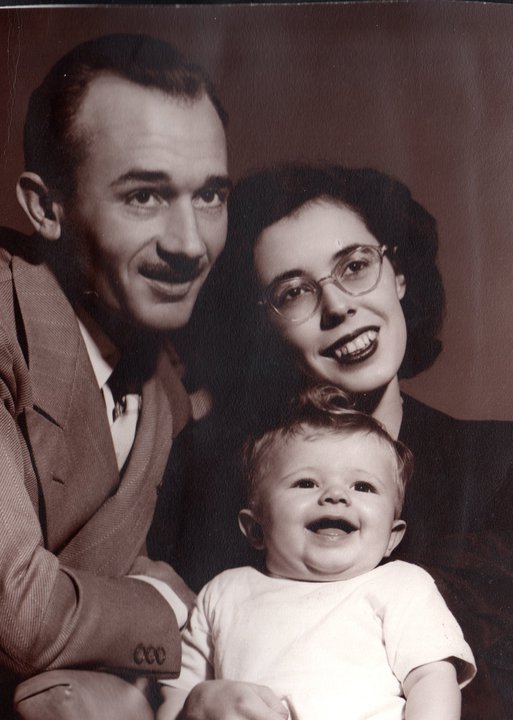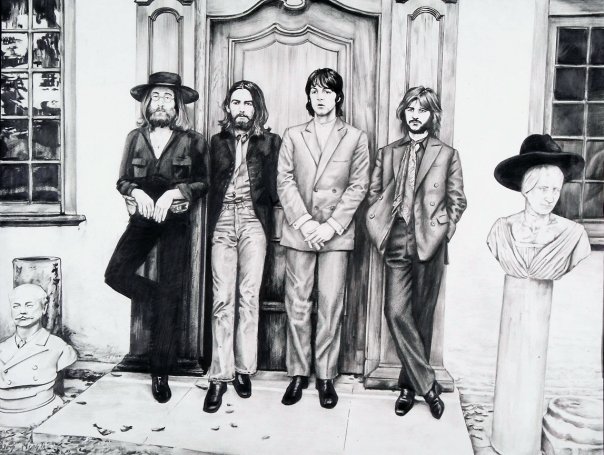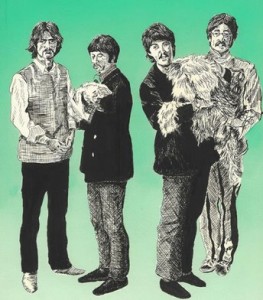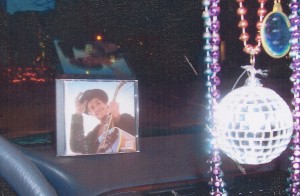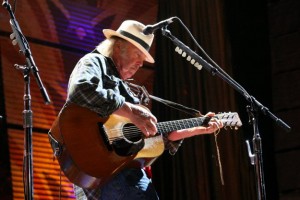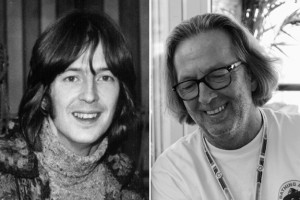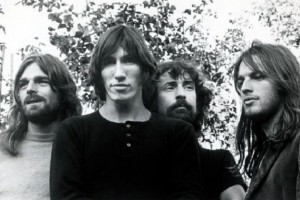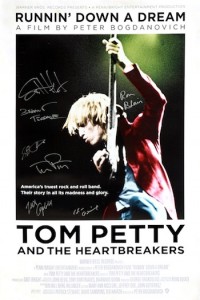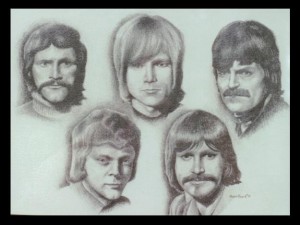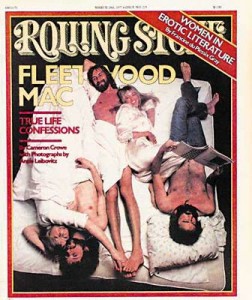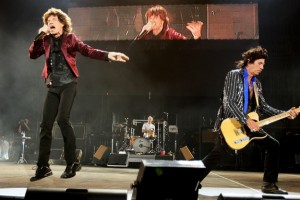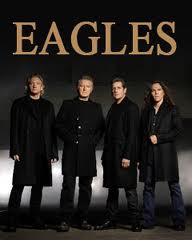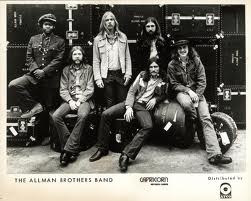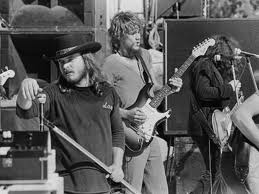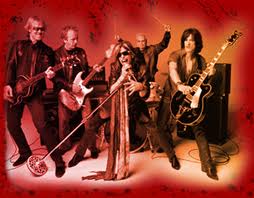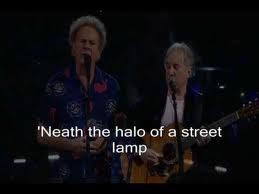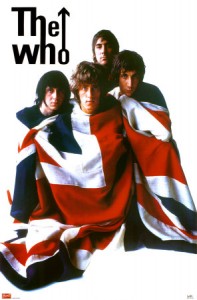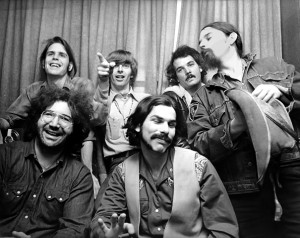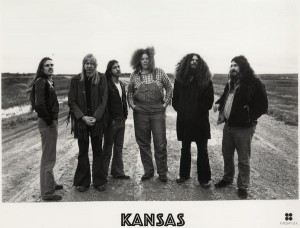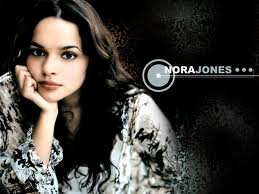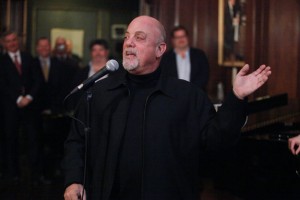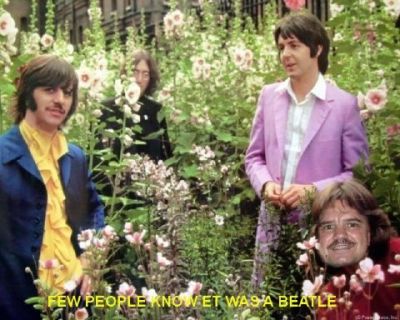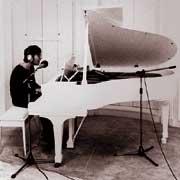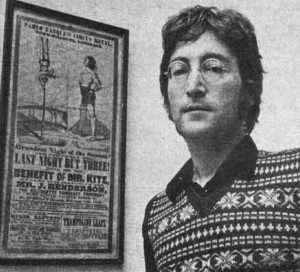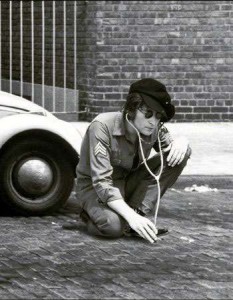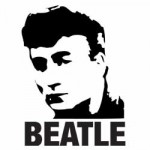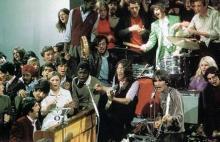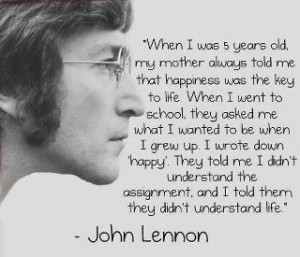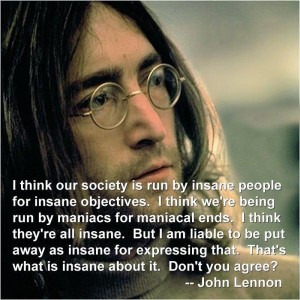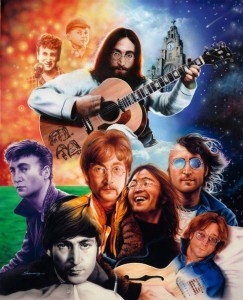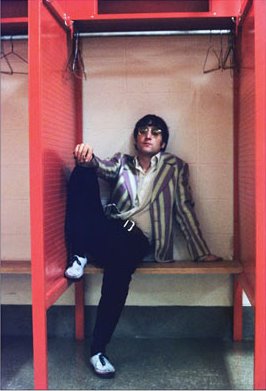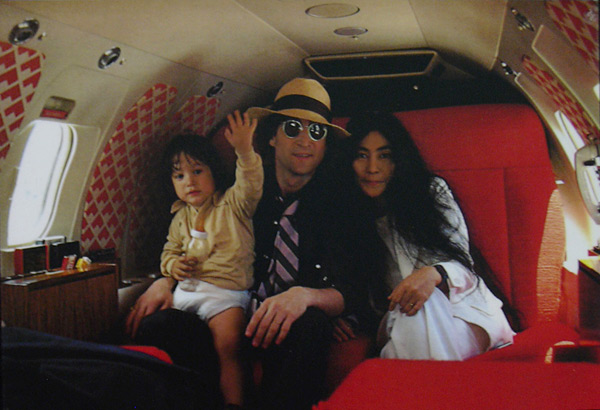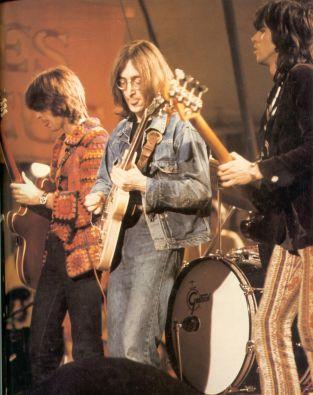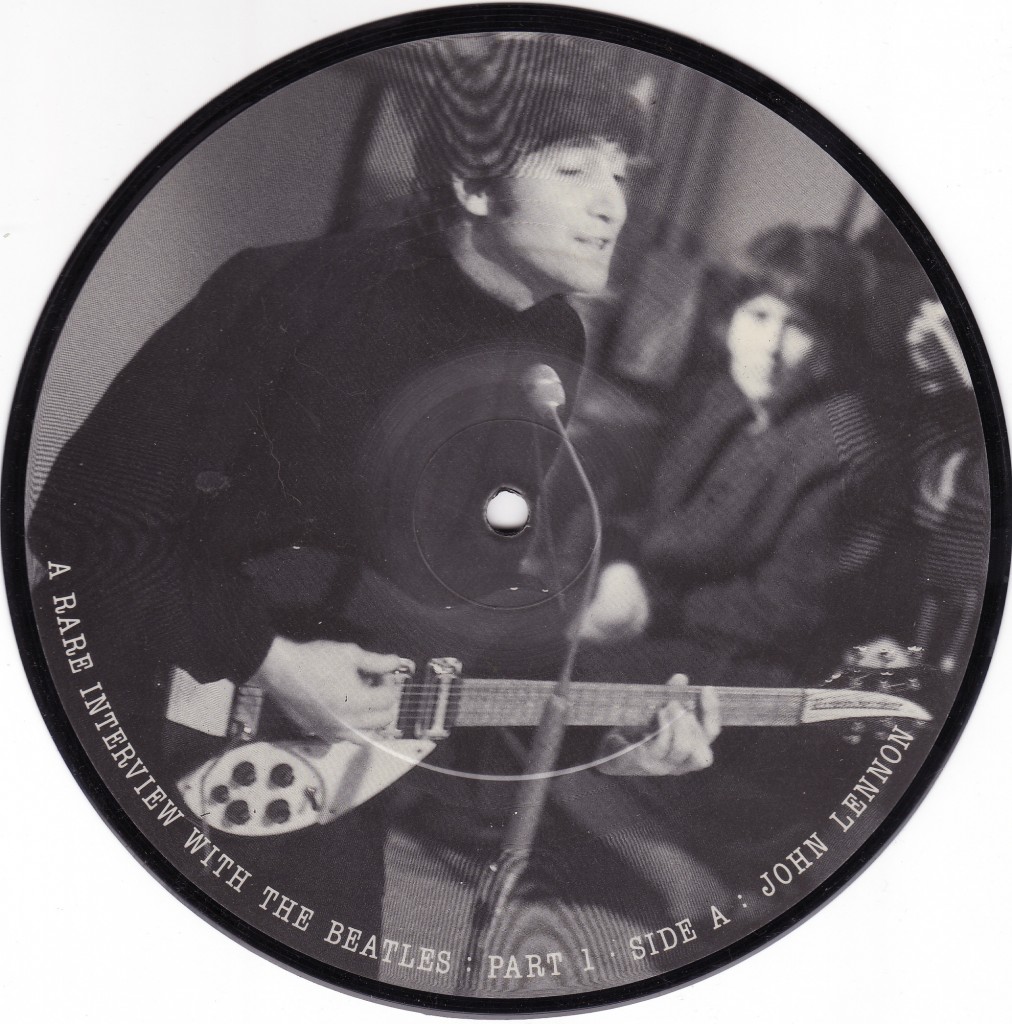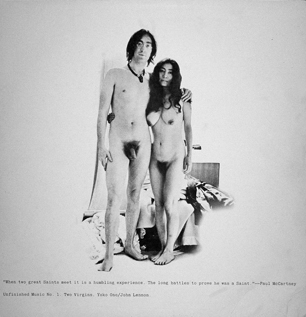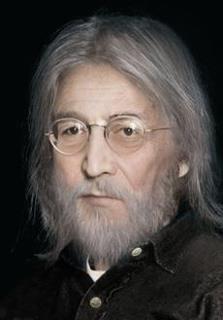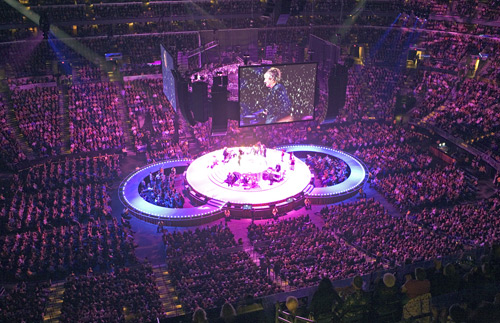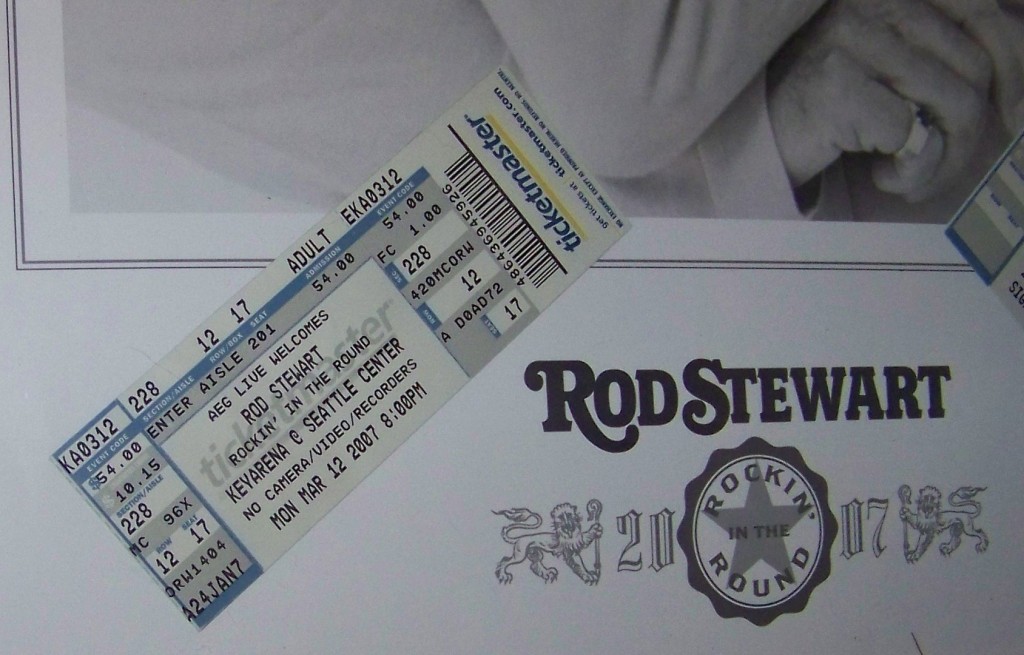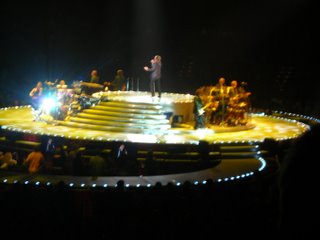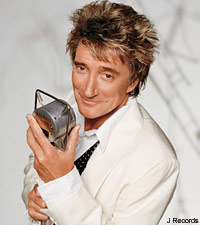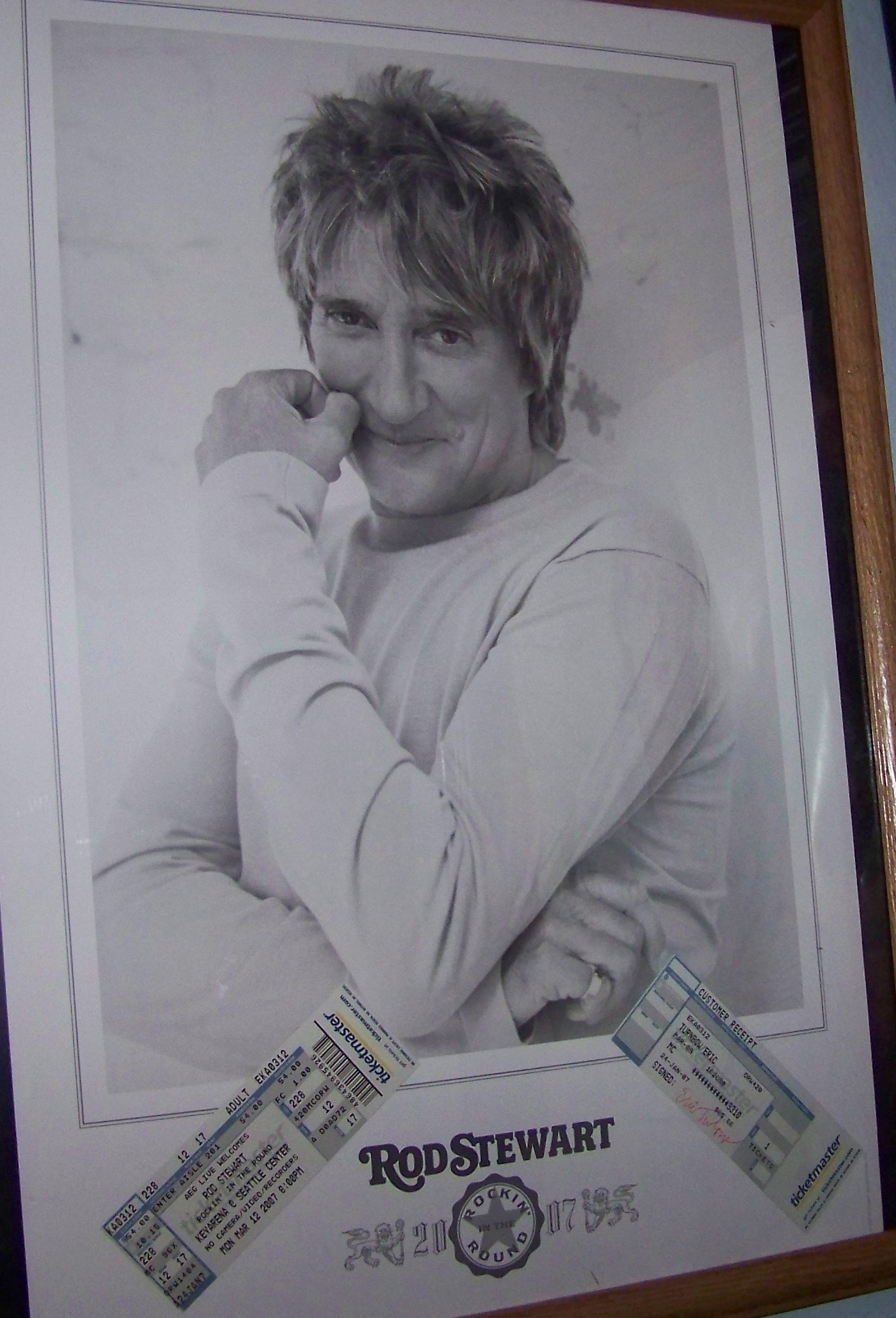1980 Playboy Interview
With John Lennon And Yoko Ono

by David Sheff
September 8-28, 1980
Published January 1981

A candid conversation with the reclusive couple about their years together and their surprisingly frank views on life with and without the Beatles.
To describe the turbulent history of the Beatles, or the musical and cultural mileposts charted by John Lennon, would be an exercise in the obvious. Much of the world knows that Lennon was the guiding spirit of the Beatles, who were themselves among the most popular and profound influences of the Sixties, before breaking up bitterly in 1970. Some fans blamed the breakup on Yoko Ono, Lennon’s Japanese-born second wife, who was said to have wielded a disproportionate influence over Lennon, and with whom he has collaborated throughout the Seventies.
In 1975, the Lennons became unavailable to the press, and though much speculation has been printed, they emerged to dispel the rumors — and to cut a new album — only a couple of months ago. The Lennons decided to speak with Playboy in the longest interview they have ever granted. Free-lance writer David Sheff was tapped for the assignment, and when he and a Playboy editor met with Ono to discuss ground rules, she came on strong: Responding to a reference to other notables who had been interviewed in Playboy, Ono said, “People like Carter represent only their country. John and I represent the world.” But by the time the interview was concluded several weeks later, Ono had joined the project with enthusiasm. Here is Sheff’s report:
There was an excellent chance this interview would never take place. When my contacts with the Lennon-Ono organization began, one of Ono’s assistants called me, asking, seriously, “What’s your sign?” The interview apparently depended on Yoko’s interpretation of my horoscope, just as many of the Lennons’ business decisions are reportedly guided by the stars. I could imagine explaining to my Playboy editor, “Sorry, but my moon is in Scorpio — the interview’s off.” It was clearly out of my hands. I supplied the info: December 23, three P.M., Boston.
Thank my lucky stars. The call came in and the interview was tentatively on. And I soon found myself in New York, passing through the ominous gates and numerous security check points at the Lennons’ headquarters, the famed Dakota apartment building on Central Park West, where the couple dwells and where Yoko Ono holds court beginning at eight o’clock every morning.
Ono is one of the most misunderstood women in the public eye. Her mysterious image is based on some accurate and some warped accounts of her philosophies and her art statements, and on the fact that she never smiles. It is also based — perhaps unfairly — on resentment of her as the sorceress/Svengali who controls the very existence of John Lennon. That image has remained through the years since she and John met, primarily because she hasn’t chosen to correct it — nor has she chosen to smile. So as I removed my shoes before treading on her fragile carpet — those were the instructions — I wondered what the next test might be.
Between interruptions from her two male assistants busy screening the constant flow of phone calls, Yoko gave me the once-over. She finally explained that the stars had, indeed, said it was right — very right, in fact. Who was I to argue? So the next day, I found myself sitting across a couple of cups of cappuccino from John Lennon.
Lennon, still bleary-eyed from lack of sleep and scruffy from lack of shave, waited for the coffee to take hold of a system otherwise used to operating on sushi and sashimi — “dead fish,” as he calls them — French cigarettes and Hershey bars with almonds.
Within the first hour of the interview, Lennon put every one of my preconceived ideas about him to rest. He was far more open and candid and witty than I had any right to expect. He was prepared, once Yoko had given the initial go-ahead, to frankly talk about everything. Explode was more like it. If his sessions in primal-scream therapy were his emotional and intellectual release ten years ago, this interview was his more recent vent. After a week of conversations with Lennon and Ono separately as well as together, we had apparently established some sort of rapport, which was confirmed early one morning.
“John wants to know how fast you can meet him at the apartment,” announced the by-then-familiar voice of a Lennon-Ono assistant. It was a short cab ride away and he briefed me quickly: “A guy’s trying to serve me a subpoena and I just don’t want to deal with it today. Will you help me out?” We sneaked into his limousine and streaked toward the recording studio three hours before Lennon was due to arrive.
Lennon told his driver to slow to a crawl as we approached the studio and instructed me to lead the way inside, after making sure the path was safe. “If anybody comes up with papers, knock them down,” he said. “As long as they don’t touch me, it’s OK.” Before I left the car, Lennon pointed to a sleeping wino leaning against the studio wall. “That could be him,” Lennon warned. “They’re masters of disguise.” Lennon high-tailed it into the elevator, dragging me along with him. When the elevator doors finally closed, he let out a nervous sigh and somehow the ludicrousness of the morning dawned on him. He broke out laughing. “I feel like I’m back in ‘Hard Day’s Night’ or ‘Help!’” he said.
As the interview progressed, the complicated and misunderstood relationship between Lennon and Ono emerged as the primary factor in both of their lives. “Why don’t people believe us when we say we’re simply in love?” John pleaded. The enigma called Yoko Ono became accessible as the hard exterior broke down — such as the morning when she let out a hiccup right in the middle of a heavy discourse on capitalism. Nonplused by her hiccup, Ono giggled. With that giggle, she became vulnerable and cute and shy — not at all the creature that came from the Orient to brainwash John Lennon.
Ono was born in 1933 in Tokyo, where her parents were bankers and socialites. In 1951, her family moved to Scarsdale, New York. She attended Sarah Lawrence College. In 1957, Yoko was married for the first time, to Toshi Ichiyanagi, a musician. They were divorced in 1964 and later that year, she married Tony Cox, who fathered her daughter, Kyoko. She and Cox were divorced in 1967, two years before she married Lennon.
The Lennon half of the couple was born in October 1940. His father left home before John was born to become a seaman and his mother, incapable of caring for the boy, turned John over to his aunt and uncle when he was four and a half. They lived several blocks away from his mother in Liverpool, England. Lennon, who attended Liverpool private schools, met a kid named Paul McCartney in 1956 at the Woolton Parish Church Festival in Liverpool. The following year, the two formed their first band, the Nurk Twins. In 1958, John formed the Quarrymen, named after his high school. He asked Paul to join the band and agreed to audition a friend of Paul’s, George Harrison.
In 1959, the Quarrymen disbanded but later regrouped as Johnny and the Moondogs and then the Silver Beatles. They played in clubs, backing strippers, and they got their foot in the door of Liverpool’s showcase Cavern Club. Pete Best was signed on as drummer and the Silver Beatles left England for Hamburg, where they played eight hours a night at the Indra Club. The Silver Beatles became the Beatles and, by 1960, when they returned to England, the band had become the talk of Liverpool. In 1962, John married Cynthia Powell and they had a son, Julian. John and Cynthia were divorced in 1968. Later in 1962, Richard Starkey — or Ringo Starr — replaced Best as the Beatles’ drummer and the rest — as Lennon often says sarcastically — is pop history.
PLAYBOY: The word is out: John Lennon and Yoko Ono are back in the studio, recording again for the first time since 1975, when they vanished from public view. Let’s start with you, John. What have you been doing?
LENNON: I’ve been baking bread and looking after the baby.
PLAYBOY: With what secret projects going on in the basement?
LENNON: That’s like what everyone else who has asked me that question over the last few years says. “But what else have you been doing?” To which I say, “Are you kidding?” Because bread and babies, as every housewife knows, is a full-time job. After I made the loaves, I felt like I had conquered something. But as I watched the bread being eaten, I thought, Well, Jesus, don’t I get a gold record or knighted or nothing?
PLAYBOY: Why did you become a househusband?
LENNON: There were many reasons. I had been under obligation or contract from the time I was 22 until well into my 30s. After all those years, it was all I knew. I wasn’t free. I was boxed in. My contract was the physical manifestation of being in prison. It was more important to face myself and face that reality than to continue a life of rock ‘n’ roll — and to go up and down with the whims of either your own performance or the public’s opinion of you. Rock ‘n’ roll was not fun anymore. I chose not to take the standard options in my business — going to Vegas and singing your great hits, if you’re lucky, or going to hell, which is where Elvis went.
ONO: John was like an artist who is very good at drawing circles. He sticks to that and it becomes his label. He has a gallery to promote that. And the next year, he will do triangles or something. It doesn’t reflect his life at all. When you continue doing the same thing for ten years, you get a prize for having done it.
LENNON: You get the big prize when you get cancer and you have been drawing circles and triangles for ten years. I had become a craftsman and I could have continued being a craftsman. I respect craftsmen, but I am not interested in becoming one.
ONO: Just to prove that you can go on dishing out things.
PLAYBOY: You’re talking about records, of course.
LENNON: Yeah, to churn them out because I was expected to, like so many people who put out an album every six months because they’re supposed to.
PLAYBOY: Would you be referring to Paul McCartney?
LENNON: Not only Paul. But I had lost the initial freedom of the artist by becoming enslaved to the image of what the artist is supposed to do. A lot of artists kill themselves because of it, whether it is through drink, like Dylan Thomas, or through insanity, like Van Gogh, or through V.D., like Gauguin.
PLAYBOY: Most people would have continued to churn out the product. How were you able to see a way out?
LENNON: Most people don’t live with Yoko Ono.
PLAYBOY: Which means?
LENNON: Most people don’t have a companion who will tell the truth and refuse to live with a bullshit artist, which I am pretty good at. I can bullshit myself and everybody around. Yoko: That’s my answer.
PLAYBOY: What did she do for you?
LENNON: She showed me the possibility of the alternative. “You don’t have to do this.” “I don’t? Really? But–but–but–but–but….” Of course, it wasn’t that simple and it didn’t sink in overnight. It took constant reinforcement. Walking away is much harder than carrying on. I’ve done both. On demand and on schedule, I had turned out records from 1962 to 1975. Walking away seemed like what the guys go through at 65, when suddenly they’re supposed to not exist anymore and they’re sent out of the office [knocks on the desk three times]: “Your life is over. Time for golf.”
PLAYBOY: Yoko, how did you feel about John’s becoming a househusband?
ONO: When John and I would go out, people would come up and say, “John, what are you doing?” but they never asked about me, because, as a woman, I wasn’t supposed to be doing anything.
LENNON: When I was cleaning the cat shit and feeding Sean, she was sitting in rooms full of smoke with men in three-piece suits that they couldn’t button.
ONO: I handled the business: old business — Apple, Maclen [the Beatles' record company and publishing company, respectively] and new investments.
LENNON: We had to face the business. It was either another case of asking some daddy to come solve our business or having one of us do it. Those lawyers were getting a quarter of a million dollars a year to sit around a table and eat salmon at the Plaza. Most of them didn’t seem interested in solving the problems. Every lawyer had a lawyer. Each Beatle had four or five people working. So we felt we had to look after that side of the business and get rid of it and deal with it before we could start dealing with our own life. And the only one of us who has the talent or the ability to deal with it on that level is Yoko.
PLAYBOY: Did you have experience handling business matters of that proportion?
ONO: I learned. The law is not a mystery to me anymore. Politicians are not a mystery to me. I’m not scared of all that establishment anymore. At first, my own accountant and my own lawyer could not deal with the fact that I was telling them what to do.
LENNON: There was a bit of an attitude that this is John’s wife, but surely she can’t really be representing him.
ONO: A lawyer would send a letter to the directors, but instead of sending it to me, he would send it to John or send it to my lawyer. You’d be surprised how much insult I took from them initially. There was all this “But you don’t know anything about law; I can’t talk to you.” I said, “All right, talk to me in the way I can understand it. I am a director, too.”
LENNON: They can’t stand it. But they have to stand it, because she is who represents us. [Chuckles] They’re all male, you know, just big and fat, vodka lunch, shouting males, like trained dogs, trained to attack all the time. Recently, she made it possible for us to earn a large sum of money that benefited all of them and they fought and fought not to let her do it, because it was her idea and she was a woman and she was not a professional. But she did it, and then one of the guys said to her, “Well, Lennon does it again.” But Lennon didn’t have anything to do with it.
PLAYBOY: Why are you returning to the studio and public life?
LENNON: You breathe in and you breathe out. We feel like doing it and we have something to say. Also, Yoko and I attempted a few times to make music together, but that was a long time ago and people still had the idea that the Beatles were some kind of sacred thing that shouldn’t step outside its circle. It was hard for us to work together then. We think either people have forgotten or they have grown up by now, so we can make a second foray into that place where she and I are together, making music — simply that. It’s not like I’m some wondrous, mystic prince from the rock-’n'-roll world dabbling in strange music with this exotic, Oriental dragon lady, which was the picture projected by the press before.
PLAYBOY: Some people have accused you of playing to the media. First you become a recluse, then you talk selectively to the press because you have a new album coming out.
LENNON: That’s ridiculous. People always said John and Yoko would do anything for the publicity. In the Newsweek article [September 29, 1980], it says the reporter asked us, “Why did you go underground?” Well, she never asked it that way and I didn’t go underground. I just stopped talking to the press. It got to be pretty funny. I was calling myself Greta Hughes or Howard Garbo through that period. But still the gossip items never stopped. We never stopped being in the press, but there seemed to be more written about us when we weren’t talking to the press than when we were.
PLAYBOY: How do you feel about all the negative press that’s been directed through the years at Yoko, your “dragon lady,” as you put it?
LENNON: We are both sensitive people and we were hurt a lot by it. I mean, we couldn’t understand it. When you’re in love, when somebody says something like, “How can you be with that woman?” you say, “What do you mean? I am with this goddess of love, the fulfillment of my whole life. Why are you saying this? Why do you want to throw a rock at her or punish me for being in love with her?” Our love helped us survive it, but some of it was pretty violent. There were a few times when we nearly went under, but we managed to survive and here we are. [Looks upward] Thank you, thank you, thank you.
PLAYBOY: But what about the charge that John Lennon is under Yoko’s spell, under her control?
LENNON: Well, that’s rubbish, you know. Nobody controls me. I’m uncontrollable. The only one who controls me is me, and that’s just barely possible.
PLAYBOY: Still, many people believe it.
LENNON: Listen, if somebody’s gonna impress me, whether it be a Maharishi or a Yoko Ono, there comes a point when the emperor has no clothes. There comes a point when I will see. So for all you folks out there who think that I’m having the wool pulled over my eyes, well, that’s an insult to me. Not that you think less of Yoko, because that’s your problem. What I think of her is what counts! Because — fuck you, brother and sister — you don’t know what’s happening. I’m not here for you. I’m here for me and her and the baby!
ONO: Of course, it’s a total insult to me—-
LENNON: Well, you’re always insulted, my dear wife. It’s natural—-
ONO: Why should I bother to control anybody?
LENNON: She doesn’t need me.
ONO: I have my own life, you know.
LENNON: She doesn’t need a Beatle. Who needs a Beatle?
ONO: Do people think I’m that much of a con? John lasted two months with the Maharishi. Two months. I must be the biggest con in the world, because I’ve been with him 13 years.
LENNON: But people do say that.
PLAYBOY: That’s our point. Why?
LENNON: They want to hold on to something they never had in the first place. Anybody who claims to have some interest in me as an individual artist or even as part of the Beatles has absolutely misunderstood everything I ever said if they can’t see why I’m with Yoko. And if they can’t see that, they don’t see anything. They’re just jacking off to — it could be anybody. Mick Jagger or somebody else. Let them go jack off to Mick Jagger, OK? I don’t need it.
PLAYBOY: He’ll appreciate that.
LENNON: I absolutely don’t need it. Let them chase Wings. Just forget about me. If that’s what you want, go after Paul or Mick. I ain’t here for that. If that’s not apparent in my past, I’m saying it in black and green, next to all the tits and asses on page 196. Go play with the other boys. Don’t bother me. Go play with the Rolling Wings.
PLAYBOY: Do you—-
LENNON: No, wait a minute. Let’s stay with this a second; sometimes I can’t let go of it. [He is on his feet, climbing up the refrigerator] Nobody ever said anything about Paul’s having a spell on me or my having one on Paul! They never thought that was abnormal in those days, two guys together, or four guys together! Why didn’t they ever say, “How come those guys don’t split up? I mean, what’s going on backstage? What is this Paul and John business? How can they be together so long?” We spent more time together in the early days than John and Yoko: the four of us sleeping in the same room, practically in the same bed, in the same truck, living together night and day, eating, shitting and pissing together! All right? Doing everything together! Nobody said a damn thing about being under a spell. Maybe they said we were under the spell of Brian Epstein or George Martin [the Beatles' first manager and producer, respectively]. There’s always somebody who has to be doing something to you. You know, they’re congratulating the Stones on being together 112 years. Whoooopee! At least Charlie and Bill still got their families. In the Eighties, they’ll be asking, “Why are those guys still together? Can’t they hack it on their own? Why do they have to be surrounded by a gang? Is the little leader scared somebody’s gonna knife him in the back?” That’s gonna be the question. That’s-a-gonna be the question! They’re gonna look back at the Beatles and the Stones and all those guys are relics. The days when those bands were just all men will be on the newsreels, you know. They will be showing pictures of the guy with lipstick wriggling his ass and the four guys with the evil black make-up on their eyes trying to look raunchy. That’s gonna be the joke in the future, not a couple singing together or living and working together. It’s all right when you’re 16, 17, 18 to have male companions and idols, OK? It’s tribal and it’s gang and it’s fine. But when it continues and you’re still doing it when you’re 40, that means you’re still 16 in the head.
PLAYBOY: Let’s start at the beginning. Tell us the story of how the wondrous mystic prince and the exotic Oriental dragon lady met.
LENNON: It was in 1966 in England. I’d been told about this “event” — this Japanese avant-garde artist coming from America. I was looking around the gallery and I saw this ladder and climbed up and got a look in this spyglass on the top of the ladder — you feel like a fool — and it just said, Yes. Now, at the time, all the avant-garde was smash the piano with a hammer and break the sculpture and anti-, anti-, anti-, anti-, anti. It was all boring negative crap, you know. And just that Yes made me stay in a gallery full of apples and nails. There was a sign that said, Hammer A Nail In, so I said, “Can I hammer a nail in?” But Yoko said no, because the show wasn’t opening until the next day. But the owner came up and whispered to her, “Let him hammer a nail in. You know, he’s a millionaire. He might buy it.” And so there was this little conference, and finally she said, “OK, you can hammer a nail in for five shillings.” So smartass says, “Well, I’ll give you an imaginary five shillings and hammer an imaginary nail in.” And that’s when we really met. That’s when we locked eyes and she got it and I got it and, as they say in all the interviews we do, the rest is history.
PLAYBOY: What happened next?
LENNON: Of course, I was a Beatle, but things had begun to change. In 1966, just before we met, I went to Almeria, Spain, to make the movie “How I Won the War.” It did me a lot of good to get away. I was there six weeks. I wrote “Strawberry Fields” Forever” there, by the way. It gave me time to think on my own, away from the others. From then on, I was looking for somewhere to go, but I didn’t have the nerve to really step out on the boat by myself and push it off. But when I fell in love with Yoko, I knew, My God, this is different from anything I’ve ever known. This is something other. This is more than a hit record, more than gold, more than everything. It is indescribable.
PLAYBOY: Were falling in love with Yoko and wanting to leave the Beatles connected?
LENNON: As I said, I had already begun to want to leave, but when I met Yoko is like when you meet your first woman. You leave the guys at the bar. You don’t go play football anymore. You don’t go play snooker or billiards. Maybe some guys do it on Friday night or something, but once I found the woman, the boys became of no interest whatsoever other than being old school friends. “Those wedding bells are breaking up that old gang of mine.” We got married three years later, in 1969. That was the end of the boys. And it just so happened that the boys were well known and weren’t just local guys at the bar. Everybody got so upset over it. There was a lot of shit thrown at us. A lot of hateful stuff.
ONO: Even now, I just read that Paul said, “I understand that he wants to be with her, but why does he have to be with her all the time?”
LENNON: Yoko, do you still have to carry that cross? That was years ago.
ONO: No, no, no. He said it recently. I mean, what happened with John is like, I sort of went to bed with this guy that I liked and suddenly the next morning, I see these three in-laws, standing there.
LENNON: I’ve always thought there was this underlying thing in Paul’s “Get Back.” When we were in the studio recording it, every time he sang the line “Get back to where you once belonged,” he’d look at Yoko.
PLAYBOY: Are you kidding?
LENNON: No. But maybe he’ll say I’m paranoid. [The next portion of the interview took place with Lennon alone.]
PLAYBOY: This may be the time to talk about those “in-laws,” as Yoko put it. John, you’ve been asked this a thousand times, but why is it so unthinkable that the Beatles might get back together to make some music?
LENNON: Do you want to go back to high school? Why should I go back ten years to provide an illusion for you that I know does not exist? It cannot exist.
PLAYBOY: Then forget the illusion. What about just to make some great music again? Do you acknowledge that the Beatles made great music?
LENNON: Why should the Beatles give more? Didn’t they give everything on God’s earth for ten years? Didn’t they give themselves? You’re like the typical sort of love-hate fan who says, “Thank you for everything you did for us in the Sixties — would you just give me another shot? Just one more miracle?”
PLAYBOY: We’re not talking about miracles — just good music.
LENNON: When Rodgers worked with Hart and then worked with Hammerstein, do you think he should have stayed with one instead of working with the other? Should Dean Martin and Jerry Lewis have stayed together because I used to like them together? What is this game of doing things because other people want it? The whole Beatle idea was to do what you want, right? To take your own responsibility.
PLAYBOY: All right, but get back to the music itself: You don’t agree that the Beatles created the best rock ‘n’ roll that’s been produced?
LENNON: I don’t. The Beatles, you see — I’m too involved in them artistically. I cannot see them objectively. I cannot listen to them objectively. I’m dissatisfied with every record the Beatles ever fucking made. There ain’t one of them I wouldn’t remake — including all the Beatles records and all my individual ones. So I cannot possibly give you an assessment of what the Beatles are. When I was a Beatle, I thought we were the best fucking group in the god-damned world. And believing that is what made us what we were — whether we call it the best rock-’n'-roll group or the best pop group or whatever. But you play me those tracks today and I want to remake every damn one of them. There’s not a single one. . . . I heard “Lucy in the Sky with Diamonds” on the radio last night. It’s abysmal, you know. The track is just terrible. I mean, it’s great, but it wasn’t made right, know what I mean? But that’s the artistic trip, isn’t it? That’s why you keep going. But to get back to your original question about the Beatles and their music, the answer is that we did some good stuff and we did some bad stuff.
PLAYBOY: Many people feel that none of the songs Paul has done alone match the songs he did as a Beatle. Do you honestly feel that any of your songs — on the Plastic Ono Band records — will have the lasting imprint of “Eleanor Rigby” or “Strawberry Fields”?
LENNON: “Imagine,” “Love” and those Plastic Ono Band songs stand up to any song that was written when I was a Beatle. Now, it may take you 20 or 30 years to appreciate that, but the fact is, if you check those songs out, you will see that it is as good as any fucking stuff that was ever done.
PLAYBOY: It seems as if you’re trying to say to the world, “We were just a good band making some good music,” while a lot of the rest of the world is saying, “It wasn’t just some good music, it was the best.”
LENNON: Well, if it was the best, so what?
PLAYBOY: So—-
LENNON: It can never be again! Everyone always talks about a good thing coming to an end, as if life was over. But I’ll be 40 when this interview comes out. Paul is 38. Elton John, Bob Dylan — we’re all relatively young people. The game isn’t over yet. Everyone talks in terms of the last record or the last Beatle concert — but, God willing, there are another 40 years of productivity to go. I’m not judging whether “I am the Walrus” is better or worse than “Imagine.” It is for others to judge. I am doing it. I do. I don’t stand back and judge — I do.
PLAYBOY: You keep saying you don’t want to go back ten years, that too much has changed. Don’t you ever feel it would be interesting — never mind cosmic, just interesting — to get together, with all your new experiences, and cross your talents?
LENNON: Wouldn’t it be interesting to take Elvis back to his Sun Records period? I don’t know. But I’m content to listen to his Sun Records. I don’t want to dig him up out of the grave. The Beatles don’t exist and can never exist again. John Lennon, Paul McCartney, George Harrison and Richard Starkey could put on a concert — but it can never be the Beatles singing “Strawberry Fields” or “I am the Walrus” again, because we are not in our 20s. We cannot be that again, nor can the people who are listening.
PLAYBOY: But aren’t you the one who is making it too important? What if it were just nostalgic fun? A high school reunion?
LENNON: I never went to high school reunions. My thing is, Out of sight, out of mind. That’s my attitude toward life. So I don’t have any romanticism about any part of my past. I think of it only inasmuch as it gave me pleasure or helped me grow psychologically. That is the only thing that interests me about yesterday. I don’t believe in yesterday, by the way. You know I don’t believe in yesterday. I am only interested in what I am doing now.
PLAYBOY: What about the people of your generation, the ones who feel a certain kind of music — and spirit — died when the Beatles broke up?
LENNON: If they didn’t understand the Beatles and the Sixties then, what the fuck could we do for them now? Do we have to divide the fish and the loaves for the multitudes again? Do we have to get crucified again? Do we have to do the walking on water again because a whole pile of dummies didn’t see it the first time, or didn’t believe it when they saw it? You know, that’s what they’re asking: “Get off the cross. I didn’t understand the first bit yet. Can you do that again?” No way. You can never go home. It doesn’t exist.
PLAYBOY: Do you find that the clamor for a Beatles reunion has died down?
LENNON: Well, I heard some Beatles stuff on the radio the other day and I heard “Green Onion” — no, “Glass Onion,” I don’t even know my own songs! I listened to it because it was a rare track—-
PLAYBOY: That was the one that contributed to the “Paul McCartney is dead” uproar because of the lyric “The walrus is Paul.”
LENNON: Yeah. That line was a joke, you know. That line was put in partly because I was feeling guilty because I was with Yoko, and I knew I was finally high and dry. In a perverse way, I was sort of saying to Paul, “Here, have this crumb, have this illusion, have this stroke — because I’m leaving you.” Anyway, it’s a song they don’t usually play. When a radio station has a Beatles weekend, they usually play the same ten songs — “A Hard Day’s Night,” “Help!,” “Yesterday,” “Something,” “Let It Be” — you know, there’s all that wealth of material, but we hear only ten songs. So the deejay says, “I want to thank John, Paul, George and Ringo for not getting back together and spoiling a good thing.” I thought it was a good sign. Maybe people are catching on.
PLAYBOY: Aside from the millions you’ve been offered for a reunion concert, how did you feel about producer Lorne Michaels’ generous offer of $3200 for appearing together on “Saturday Night Live” a few years ago?
LENNON: Oh, yeah. Paul and I were together watching that show. He was visiting us at our place in the Dakota. We were watching it and almost went down to the studio, just as a gag. We nearly got into a cab, but we were actually too tired.
PLAYBOY: How did you and Paul happen to be watching TV together?
LENNON: That was a period when Paul just kept turning up at our door with a guitar. I would let him in, but finally I said to him, “Please call before you come over. It’s not 1956 and turning up at the door isn’t the same anymore. You know, just give me a ring.” He was upset by that, but I didn’t mean it badly. I just meant that I was taking care of a baby all day and some guy turns up at the door. . . . But, anyway, back on that night, he and Linda walked in and he and I were just sitting there, watching the show, and we went, “Ha-ha, wouldn’t it be funny if we went down?” but we didn’t.
PLAYBOY: Was that the last time you saw Paul?
LENNON: Yes, but I didn’t mean it like that.
PLAYBOY: We’re asking because there’s always a lot of speculation about whether the Fab Four are dreaded enemies or the best of friends.
LENNON: We’re neither. I haven’t seen any of the Beatles for I don’t know how much time. Somebody asked me what I thought of Paul’s last album and I made some remark like, I thought he was depressed and sad. But then I realized I hadn’t listened to the whole damn thing. I heard one track — the hit “Coming Up,” which I thought was a good piece of work. Then I heard something else that sounded like he was depressed. But I don’t follow their work. I don’t follow Wings, you know. I don’t give a shit what Wings is doing, or what George’s new album is doing, or what Ringo is doing. I’m not interested, no more than I am in what Elton John or Bob Dylan is doing. It’s not callousness, it’s just that I’m too busy living my own life to be following what other people are doing, whether they’re the Beatles or guys I went to college with or people I had intense relationships with before I met the Beatles.
PLAYBOY: Besides “Coming Up,” what do you think of Paul’s work since he left the Beatles?
LENNON: I kind of admire the way Paul started back from scratch, forming a new band and playing in small dance halls, because that’s what he wanted to do with the Beatles — he wanted us to go back to the dance halls and experience that again. But I didn’t. . . . That was one of the problems, in a way, that he wanted to relive it all or something — I don’t know what it was. . . . But I kind of admire the way he got off his pedestal — now he’s back on it again, but I mean, he did what he wanted to do. That’s fine, but it’s just not what I wanted to do.
PLAYBOY: What about the music?
LENNON: “The Long and Winding Road” was the last gasp from him. Although I really haven’t listened.
PLAYBOY: You say you haven’t listened to Paul’s work and haven’t really talked to him since that night in your apartment—-
LENNON: Really talked to him, no, that’s the operative word. I haven’t really talked to him in ten years. Because I haven’t spent time with him. I’ve been doing other things and so has he. You know, he’s got 25 kids and about 20,000,000 records out — how can he spend time talking? He’s always working.
PLAYBOY: Then let’s talk about the work you did together. Generally speaking, what did each of you contribute to the Lennon-McCartney songwriting team?
LENNON: Well, you could say that he provided a lightness, an optimism, while I would always go for the sadness, the discords, a certain bluesy edge. There was a period when I thought I didn’t write melodies, that Paul wrote those and I just wrote straight, shouting rock ‘n’ roll. But, of course, when I think of some of my own songs — “In My Life” — or some of the early stuff — “This Boy” — I was writing melody with the best of them. Paul had a lot of training, could play a lot of instruments. He’d say, “Well, why don’t you change that there? You’ve done that note 50 times in the song.” You know, I’ll grab a note and ram it home. Then again, I’d be the one to figure out where to go with a song — a story that Paul would start. In a lot of the songs, my stuff is the “middle eight,” the bridge.
PLAYBOY: For example?
LENNON: Take “Michelle.” Paul and I were staying somewhere, and he walked in and hummed the first few bars, with the words, you know [sings verse of "Michelle"], and he says, “Where do I go from here?” I’d been listening to blues singer Nina Simone, who did something like “I love you!” in one of her songs and that made me think of the middle eight for “Michelle” [sings]: “I love you, I love you, I l-o-ove you . . . .”
PLAYBOY: What was the difference in terms of lyrics?
LENNON: I always had an easier time with lyrics, though Paul is quite a capable lyricist who doesn’t think he is. So he doesn’t go for it. Rather than face the problem, he would avoid it. “Hey, Jude” is a damn good set of lyrics. I made no contribution to the lyrics there. And a couple of lines he has come up with show indications of a good lyricist. But he just hasn’t taken it anywhere. Still, in the early days, we didn’t care about lyrics as long as the song had some vague theme — she loves you, he loves him, they all love each other. It was the hook, line and sound we were going for. That’s still my attitude, but I can’t leave lyrics alone. I have to make them make sense apart from the songs.
PLAYBOY: What’s an example of a lyric you and Paul worked on together?
LENNON: In “We Can Work It Out,” Paul did the first half, I did the middle eight. But you’ve got Paul writing, “We can work it out/We can work it out” — real optimistic, y’ know, and me, impatient: “Life is very short and there’s no time/For fussing and fighting, my friend….”
PLAYBOY: Paul tells the story and John philosophizes.
LENNON: Sure. Well, I was always like that, you know. I was like that before the Beatles and after the Beatles. I always asked why people did things and why society was like it was. I didn’t just accept it for what it was apparently doing. I always looked below the surface.
PLAYBOY: When you talk about working together on a single lyric like “We Can Work It Out,” it suggests that you and Paul worked a lot more closely than you’ve admitted in the past. Haven’t you said that you wrote most of your songs separately, despite putting both of your names on them?
LENNON: Yeah, I was lying. [Laughs] It was when I felt resentful, so I felt that we did everything apart. But, actually, a lot of the songs we did eyeball to eyeball.
PLAYBOY: But many of them were done apart, weren’t they?
LENNON: Yeah. “Sgt. Pepper” was Paul’s idea, and I remember he worked on it a lot and suddenly called me to go into the studio, said it was time to write some songs. On “Pepper,” under the pressure of only ten days, I managed to come up with “Lucy in the Sky” and “Day in the Life.” We weren’t communicating enough, you see. And later on, that’s why I got resentful about all that stuff. But now I understand that it was just the same competitive game going on.
PLAYBOY: But the competitive game was good for you, wasn’t it?
LENNON: In the early days. We’d make a record in 12 hours or something; they would want a single every three months and we’d have to write it in a hotel room or in a van. So the cooperation was functional as well as musical.
PLAYBOY: Don’t you think that cooperation, that magic between you, is something you’ve missed in your work since?
LENNON: I never actually felt a loss. I don’t want it to sound negative, like I didn’t need Paul, because when he was there, obviously, it worked. But I can’t — it’s easier to say what I gave to him than what he gave to me. And he’d say the same.
PLAYBOY: Just a quick aside, but while we’re on the subject of lyrics and your resentment of Paul, what made you write “How Do You Sleep?,” which contains lyrics such as “Those freaks was right when they said you was dead” and “The only thing you done was yesterday/And since you’ve gone, you’re just another day”?
LENNON: [Smiles] You know, I wasn’t really feeling that vicious at the time. But I was using my resentment toward Paul to create a song, let’s put it that way. He saw that it pointedly refers to him, and people kept hounding him about it. But, you know, there were a few digs on his album before mine. He’s so obscure other people didn’t notice them, but I heard them. I thought, Well, I’m not obscure, I just get right down to the nitty-gritty. So he’d done it his way and I did it mine. But as to the line you quoted, yeah, I think Paul died creatively, in a way.
PLAYBOY: That’s what we were getting at: You say that what you’ve done since the Beatles stands up well, but isn’t it possible that with all of you, it’s been a case of the creative whole being greater than the parts?
LENNON: I don’t know whether this will gel for you: When the Beatles played in America for the first time, they played pure craftsmanship. Meaning they were already old hands. The jism had gone out of the performances a long time ago. In the same respect, the songwriting creativity had left Paul and me in the mid-Sixties. When we wrote together in the early days, it was like the beginning of a relationship. Lots of energy. In the “Sgt. Pepper”- “Abbey Road” period, the relationship had matured. Maybe had we gone on together, more interesting things would have come, but it couldn’t have been the same.
PLAYBOY: Let’s move on to Ringo. What’s your opinion of him musically?
LENNON: Ringo was a star in his own right in Liverpool before we even met. He was a professional drummer who sang and performed and had Ringo Star-time and he was in one of the top groups in Britain but especially in Liverpool before we even had a drummer. So Ringo’s talent would have come out one way or the other as something or other. I don’t know what he would have ended up as, but whatever that spark is in Ringo that we all know but can’t put our finger on — whether it is acting, drumming or singing I don’t know — there is something in him that is projectable and he would have surfaced with or without the Beatles. Ringo is a damn good drummer. He is not technically good, but I think Ringo’s drumming is underrated the same way Paul’s bass playing is underrated. Paul was one of the most innovative bass players ever. And half the stuff that is going on now is directly ripped off from his Beatles period. He is an egomaniac about everything else about himself, but his bass playing he was always a bit coy about. I think Paul and Ringo stand up with any of the rock musicians. Not technically great — none of us are technical musicians. None of us could read music. None of us can write it. But as pure musicians, as inspired humans to make the noise, they are as good as anybody.
PLAYBOY: How about George’s solo music?
LENNON: I think “All Things Must Pass” was all right. It just went on too long.
PLAYBOY: How did you feel about the lawsuit George lost that claimed the music to “My Sweet Lord” is a rip-off of the Shirelles’ hit “He’s So Fine?”
LENNON: Well, he walked right into it. He knew what he was doing.
PLAYBOY: Are you saying he consciously plagiarized the song?
LENNON: He must have known, you know. He’s smarter than that. It’s irrelevant, actually — only on a monetary level does it matter. He could have changed a couple of bars in that song and nobody could ever have touched him, but he just let it go and paid the price. Maybe he thought God would just sort of let him off. [At presstime, the court has found Harrison guilty of "subconscious" plagiarism but has not yet ruled on damages.]
PLAYBOY: You actually haven’t mentioned George much in this interview.
LENNON: Well, I was hurt by George’s book, “I, Me, Mine” — so this message will go to him. He put a book out privately on his life that, by glaring omission, says that my influence on his life is absolutely zilch and nil. In his book, which is purportedly this clarity of vision of his influence on each song he wrote, he remembers every two-bit sax player or guitarist he met in subsequent years. I’m not in the book.
PLAYBOY: Why?
LENNON: Because George’s relationship with me was one of young follower and older guy. He’s three or four years younger than me. It’s a love- hate relationship and I think George still bears resentment toward me for being a daddy who left home. He would not agree with this, but that’s my feeling about it. I was just hurt. I was just left out, as if I didn’t exist. I don’t want to be that egomaniacal, but he was like a disciple of mine when we started. I was already an art student when Paul and George were still in grammar school [equivalent to high school in the U.S.]. There is a vast difference between being in high school and being in college and I was already in college and already had sexual relationships, already drank and did a lot of things like that. When George was a kid, he used to follow me and my first girlfriend, Cynthia — who became my wife — around. We’d come out of art school and he’d be hovering around like those kids at the gate of the Dakota now. I remember the day he called to ask for help on “Taxman,” one of his bigger songs. I threw in a few one-liners to help the song along, because that’s what he asked for. He came to me because he couldn’t go to Paul, because Paul wouldn’t have helped him at that period. I didn’t want to do it. I thought, Oh, no, don’t tell me I have to work on George’s stuff. It’s enough doing my own and Paul’s. But because I loved him and I didn’t want to hurt him when he called me that afternoon and said, “Will you help me with this song?” I just sort of bit my tongue and said OK. It had been John and Paul so long, he’d been left out because he hadn’t been a songwriter up until then. As a singer, we allowed him only one track on each album. If you listen to the Beatles’ first albums, the English versions, he gets a single track. The songs he and Ringo sang at first were the songs that used to be part of my repertoire in the dance halls. I used to pick songs for them from my repertoire — the easier ones to sing. So I am slightly resentful of George’s book. But don’t get me wrong. I still love those guys. The Beatles are over, but John, Paul, George and Ringo go on.
PLAYBOY: Didn’t all four Beatles work on a song you wrote for Ringo in 1973?
LENNON: “I’m the Greatest.” It was the Muhammad Ali line, of course. It was perfect for Ringo to sing. If I said, “I’m the greatest,” they’d all take it so seriously. No one would get upset with Ringo singing it.
PLAYBOY: Did you enjoy playing with George and Ringo again?
LENNON: Yeah, except when George and Billy Preston started saying, “Let’s form a group. Let’s form a group.” I was embarrassed when George kept asking me. He was just enjoying the session and the spirit was very good, but I was with Yoko, you know. We took time out from what we were doing. The very fact that they would imagine I would form a male group without Yoko! It was still in their minds. . . .
PLAYBOY: Just to finish your favorite subject, what about the suggestion that the four of you put aside your personal feelings and regroup to give a mammoth concert for charity, some sort of giant benefit?
LENNON: I don’t want to have anything to do with benefits. I have been benefited to death.
PLAYBOY: Why?
LENNON: Because they’re always rip-offs. I haven’t performed for personal gain since 1966, when the Beatles last performed. Every concert since then, Yoko and I did for specific charities, except for a Toronto thing that was a rock-’n'-roll revival. Every one of them was a mess or a rip-off. So now we give money to who we want. You’ve heard of tithing?
PLAYBOY: That’s when you give away a fixed percentage of your income.
LENNON: Right. I am just going to do it privately. I am not going to get locked into that business of saving the world on stage. The show is always a mess and the artist always comes off badly.
PLAYBOY: What about the Bangladesh concert, in which George and other people such as Dylan performed?
LENNON: Bangladesh was caca.
PLAYBOY: You mean because of all the questions that were raised about where the money went?
LENNON: Yeah, right. I can’t even talk about it, because it’s still a problem. You’ll have to check with Mother [Yoko], because she knows the ins and outs of it, I don’t. But it’s all a rip-off. So forget about it. All of you who are reading this, don’t bother sending me all that garbage about, “Just come and save the Indians, come and save the blacks, come and save the war veterans,” Anybody I want to save will be helped through our tithing, which is ten percent of whatever we earn.
PLAYBOY: But that doesn’t compare with what one promoter, Sid Bernstein, said you could raise by giving a world-wide televised concert — playing separately, as individuals, or together, as the Beatles. He estimated you could raise over $200,000,000 in one day.
LENNON: That was a commercial for Sid Bernstein written with Jewish schmaltz and showbiz and tears, dropping on one knee. It was Al Jolson. OK. So I don’t buy that. OK.
PLAYBOY: But the fact is, $200,000,000 to a poverty-stricken country in South America—-
LENNON: Where do people get off saying the Beatles should give $200,000,000 to South America? You know, America has poured billions into places like that. It doesn’t mean a damn thing. After they’ve eaten that meal, then what? It lasts for only a day. After the $200,000,000 is gone, then what? It goes round and round in circles. You can pour money in forever. After Peru, then Harlem, then Britain. There is no one concert. We would have to dedicate the rest of our lives to one world concert tour, and I’m not ready for it. Not in this lifetime, anyway. [Ono rejoins the conversation.]
PLAYBOY: On the subject of your own wealth, the New York Post recently said you admitted to being worth over $150,000,000 and—-
LENNON: We never admitted anything.
PLAYBOY: The Post said you had.
LENNON: What the Post says — OK, so we are rich; so what?
PLAYBOY: The question is, How does that jibe with your political philosophies? You’re supposed to be socialists, aren’t you?
LENNON: In England, there are only two things to be, basically: You are either for the labor movement or for the capitalist movement. Either you become a right-wing Archie Bunker if you are in the class I am in, or you become an instinctive socialist, which I was. That meant I think people should get their false teeth and their health looked after, all the rest of it. But apart from that, I worked for money and I wanted to be rich. So what the hell — if that’s a paradox, then I’m a socialist. But I am not anything. What I used to be is guilty about money. That’s why I lost it, either by giving it away or by allowing myself to be screwed by so-called managers.
PLAYBOY: Whatever your politics, you’ve played the capitalist game very well, parlaying your Beatles royalties into real estate, livestock—-
ONO: There is no denying that we are still living in the capitalist world. I think that in order to survive and to change the world, you have to take care of yourself first. You have to survive yourself. I used to say to myself, I am the only socialist living here. [Laughs] I don’t have a penny. It is all John’s, so I’m clean. But I was using his money and I had to face that hypocrisy. I used to think that money was obscene, that the artists didn’t have to think about money. But to change society, there are two ways to go: through violence or the power of money within the system. A lot of people in the Sixties went underground and were involved in bombings and other violence. But that is not the way, definitely not for me. So to change the system — even if you are going to become a mayor or something — you need money.
PLAYBOY: To what extent do you play the game without getting caught up in it — money for the sake of money, in other words?
ONO: There is a limit. It would probably be parallel to our level of security. Do you know what I mean? I mean the emotional-security level as well.
PLAYBOY: Has it reached that level yet?
ONO: No, not yet. I don’t know. It might have.
PLAYBOY: You mean with $150,000,000? Is that an accurate estimate?
ONO: I don’t know what we have. It becomes so complex that you need to have ten accountants working for two years to find out what you have. But let’s say that we feel more comfortable now.
PLAYBOY: How have you chosen to invest your money?
ONO: To make money, you have to spend money. But if you are going to make money, you have to make it with love. I love Egyptian art. I make sure to get all the Egyptian things, not for their value but for their magic power. Each piece has a certain magic power. Also with houses. I just buy ones we love, not the ones that people say are good investments.
PLAYBOY: The papers have made it sound like you are buying up the Atlantic Seaboard.
ONO: If you saw the houses, you would understand. They have become a good investment, but they are not an investment unless you sell them. We don’t intend to sell. Each house is like a historic landmark and they’re very beautiful.
PLAYBOY: Do you actually use all the properties?
ONO: Most people have the park to go to and run in — the park is a huge place — but John and I were never able to go to the park together. So we have to create our own parks, you know.
PLAYBOY: We heard that you own $60,000,000 worth of dairy cows. Can that be true?
ONO: I don’t know. I’m not a calculator. I’m not going by figures. I’m going by excellence of things.
LENNON: Sean and I were away for a weekend and Yoko came over to sell this cow and I was joking about it. We hadn’t seen her for days; she spent all her time on it. But then I read the paper that said she sold it for a quarter of a million dollars. Only Yoko could sell a cow for that much. [Laughter]
PLAYBOY: For an artist, your business sense seems remarkable.
ONO: I was doing it just as a chess game. I love chess. I do everything like it’s a chess game. Not on a Monopoly level — that’s a bit more realistic. Chess is more conceptual.
PLAYBOY: John, do you really need all those houses around the country?
LENNON: They’re good business.
PLAYBOY: Why does anyone need $150,000,000? Couldn’t you be perfectly content with $100,000,000? Or $1,000,000?
LENNON: What would you suggest I do? Give everything away and walk the streets? The Buddhist says, “Get rid of the possessions of the mind.” Walking away from all the money would not accomplish that. It’s like the Beatles. I couldn’t walk away from the Beatles. That’s one possession that’s still tagging along, right? If I walk away from one house or 400 houses, I’m not gonna escape it.
PLAYBOY: How do you escape it?
LENNON: It takes time to get rid of all this garbage that I’ve been carrying around that was influencing the way I thought and the way I lived. It had a lot to do with Yoko, showing me that I was still possessed. I left physically when I fell in love with Yoko, but mentally it took the last ten years of struggling. I learned everything from her.
PLAYBOY: You make it sound like a teacher-pupil relationship.
LENNON: It is a teacher-pupil relationship. That’s what people don’t understand. She’s the teacher and I’m the pupil. I’m the famous one, the one who’s supposed to know everything, but she’s my teacher. She’s taught me everything I fucking know. She was there when I was nowhere, when I was the nowhere man. She’s my Don Juan [a reference to Carlos Castaneda's Yaqui Indian teacher]. That’s what people don’t understand. I’m married to fucking Don Juan, that’s the hardship of it. Don Juan doesn’t have to laugh; Don Juan doesn’t have to be charming; Don Juan just is. And what goes on around Don Juan is irrelevant to Don Juan.
PLAYBOY: Yoko, how do you feel about being John’s teacher?
ONO: Well, he had a lot of experience before he met me, the kind of experience I never had, so I learned a lot from him, too. It’s both ways. Maybe it’s that I have strength, a feminine strength. Because women develop it — in a relationship, I think women really have the inner wisdom and they’re carrying that while men have sort of the wisdom to cope with society, since they created it. Men never developed the inner wisdom; they didn’t have time. So most men do rely on women’s inner wisdom, whether they express that or not.
PLAYBOY: Is Yoko John’s guru?
LENNON: No, a Don Juan doesn’t have a following. A Don Juan isn’t in the newspaper and doesn’t have disciples and doesn’t proselytize.
PLAYBOY: How has she taught you?
LENNON: When Don Juan said — when Don Ono said, “Get out! Because you’re not getting it,” well, it was like being sent into the desert. And the reason she wouldn’t let me back in was because I wasn’t ready to come back in. I had to settle things within myself. When I was ready to come back in, she let me back in. And that’s what I’m living with.
PLAYBOY: You’re talking about your separation.
LENNON: Yes. We were separated in the early Seventies. She kicked me out. Suddenly, I was on a raft alone in the middle of the universe.
PLAYBOY: What happened?
LENNON: Well, at first, I thought, Whoopee, whoopee! You know, bachelor life! Whoopee! And then I woke up one day and I thought, What is this? I want to go home! But she wouldn’t let me come home. That’s why it was 18 months apart instead of six months. We were talking all the time on the phone and I would say, “I don’t like this, I’m getting in trouble and I’d like to come home, please.” And she would say, “You’re not ready to come home.” So what do you say? OK, back to the bottle.
PLAYBOY: What did she mean, you weren’t ready?
LENNON: She has her ways. Whether they be mystical or practical. When she said it’s not ready, it ain’t ready.
PLAYBOY: Back to the bottle?
LENNON: I was just trying to hide what I felt in the bottle. I was just insane. It was the lost weekend that lasted 18 months. I’ve never drunk so much in my life. I tried to drown myself in the bottle and I was with the heaviest drinkers in the business.
PLAYBOY: Such as?
LENNON: Such as Harry Nilsson, Bobby Keyes, Keith Moon. We couldn’t pull ourselves out. We were trying to kill ourselves. I think Harry might still be trying, poor bugger — God bless you, Harry, wherever you are — but, Jesus, you know, I had to get away from that, because somebody was going to die. Well, Keith did. It was like, who’s going to die first? Unfortunately, Keith was the one.
PLAYBOY: Why the self-destruction?
LENNON: For me, it was because of being apart. I couldn’t stand it. They had their own reasons, and it was, Let’s all drown ourselves together. From where I was sitting, it looked like that. Let’s kill ourselves but do it like Errol Flynn, you know, the macho, male way. It’s embarrassing for me to think about that period, because I made a big fool of myself — but maybe it was a good lesson for me. I wrote “Nobody Loves You When You’re Down and Out” during that time. That’s how I felt. It exactly expresses the whole period. For some reason, I always imagined Sinatra singing that one. I don’t know why. It’s kind of a Sinatraesque song, really. He would do a perfect job with it. Are you listening, Frank? You need a song that isn’t a piece of nothing. Here’s the one for you, the horn arrangement and everything’s made for you. But don’t ask me to produce it.
PLAYBOY: That must have been the time the papers came out with reports about Lennon running around town with a Tampax on his head.
LENNON: The stories were all so exaggerated, but… We were all in a restaurant, drinking, not eating, as usual at those gatherings, and I happened to go take a pee and there was a brand-new fresh Kotex, not Tampax, on the toilet. You know the old trick where you put a penny on your forehead and it sticks? I was a little high and I just picked it up and slapped it on and it stayed, you see. I walked out of the bathroom and I had a Kotex on my head. Big deal. Everybody went “Ha-ha-ha” and it fell off, but the press blew it up.
PLAYBOY: Why did you kick John out, Yoko?
ONO: There were many things. I’m what I call a “moving on” kind of girl; there’s a song on our new album about it. Rather than deal with problems in relationships, I’ve always moved on. That’s why I’m one of the very few survivors as a woman, you know. Women tend to be more into men usually, but I wasn’t…
LENNON: Yoko looks upon men as assistants… Of varying degrees of intimacy, but basically assistants. And this one’s going to take a pee. [He exits]
ONO: I have no comment on that. But when I met John, women to him were basically people around who were serving him. He had to open himself up and face me — and I had to see what he was going through. But… I though I had to move on again, because I was suffering being with John.
PLAYBOY: Why?
ONO: The pressure from the public, being the one who broke up the Beatles and who made it impossible for them to get back together. My artwork suffered, too. I thought I wanted to be free from being Mrs. Lennon, so I thought it would be a good idea for him to go to L.A. and leave me alone for a while. I had put up with it for many years. Even early on, when John was a Beatle, we stayed in a room and John and I were in bed and the door was closed and all that, but we didn’t lock the door and one of the Beatle assistants just walked in and talked to him as if I weren’t there. It was mind-blowing. I was invisible. The people around John saw me as a terrible threat. I mean, I heard there were plans to kill me. Not the Beatles but the people around them.
PLAYBOY: How did that news affect you?
ONO: The society doesn’t understand that the woman can be castrated, too. I felt castrated. Before, I was doing all right, thank you. My work might not have been selling much, I might have been poorer, but I had my pride. But the most humiliating thing is to be looked at as a parasite. [Lennon rejoins the conversation.]
LENNON: When Yoko and I started doing stuff together, we would hold press conferences and announce our whatevers — we’re going to wear bags or whatever. And before this one press conference, one Beatle assistant in the upper echelon of Beatle assistants leaned over to Yoko and said, “You know, you don’t have to work. You’ve got enough money, now that you’re Mrs. Lennon.” And when she complained to me about it, I couldn’t understand what she was talking about. “But this guy,” I’d say, “He’s just good old Charley, or whatever. He’s been with us 20 years….” The same kind of thing happened in the studio. She would say to an engineer, “I’d like a little more treble, a little more bass,” or “There’s too much of whatever you’re putting on,” and they’d look at me and say, “What did you say, John?” Those days I didn’t even notice it myself. Now I know what she’s talking about. In Japan, when I ask for a cup of tea in Japanese, they look at Yoko and ask, “He wants a cup of tea?” in Japanese.
ONO: So a good few years of that kind of thing emasculates you. I had always been more macho than most guys I was with, in a sense. I had always been the breadwinner, because I always wanted to have the freedom and the control. Suddenly, I’m with somebody I can’t possibly compete with on a level of earnings. Finally, I couldn’t take it — or I decided not to take it any longer. I would have had the same difficulty even if I hadn’t gotten involved with, ah—-
LENNON: John — John is the name.
ONO: With John. But John wasn’t just John. He was also his group and the people around them. When I say John, it’s not just John—-
LENNON: That’s John. J-O-H-N. From Johan, I believe.
PLAYBOY: So you made him leave?
ONO: Yes.
LENNON: She don’t suffer fools gladly, even if she’s married to him.
PLAYBOY: How did you finally get back together?
ONO: It slowly started to dawn on me that John was not the trouble at all. John was a fine person. It was society that had become too much. We laugh about it now, but we started dating again. I wanted to be sure. I’m thankful to John’s intelligence—-
LENNON: Now, get that, editors — you got that word?
ONO: That he was intelligent enough to know this was the only way that we could save our marriage, not because we didn’t love each other but because it was getting too much for me. Nothing would have changed if I had come back as Mrs. Lennon again.
PLAYBOY: What did change?
ONO: It was good for me to do the business and regain my pride about what I could do. And it was good to know what he needed, the role reversal that was so good for him.
LENNON: And we learned that it’s better for the family if we are both working for the family, she doing the business and me playing mother and wife. We reordered our priorities. The number-one priority is her and the family. Everything else revolves around that.
ONO: It’s a hard realization. These days, the society prefers single people. The encouragements are to divorce or separate or be single or gay — whatever. Corporations want singles — they work harder if they don’t have family ties. They don’t have to worry about being home in the evenings or on the weekends. There’s not much room for emotions about family or personal relationships. You know, the whole thing they say to women approaching 30 that if you don’t have a baby in the next few years, you’re going to be in trouble, you’ll never be a mother, so you’ll never be fulfilled in that way and—-
LENNON: Only Yoko was 73 when she had Sean. [Laughter]
ONO: So instead of the society discouraging children, since they are important for society, it should encourage them. It’s the responsibility of everybody. But it is hard. A woman has to deny what she has, her womb, if she wants to make it. It seems that only the privileged classes can have families. Nowadays, maybe it’s only the McCartneys and the Lennons or something.
LENNON: Everybody else becomes a worker-consumer.
ONO: And then Big Brother will decide — I hate to use the term Big Brother…
LENNON: Too late. They’ve got it on tape. [Laughs]
ONO: But, finally, the society—-
LENNON: Big Sister — wait till she comes!
ONO: The society will do away with the roles of men and women. Babies will be born in test tubes and incubators…
LENNON: Then it’s Aldous Huxley.
ONO: But we don’t have to go that way. We don’t have to deny any of our organs, you know.
LENNON: Some of my best friends are organs—-
ONO: The new album—-
LENNON: Back to the album, very good—-
ONO: The album fights these things. The messages are sort of old-fashioned — family, relationships, children.
PLAYBOY: The album obviously reflects your new priorities. How have things gone for you since you made that decision?
LENNON: We got back together, decided this was our life, that having a baby was important to us and that anything else was subsidiary to that. We worked hard for that child. We went through all hell trying to have a baby, through many miscarriages and other problems. He is what they call a love child in truth. Doctors told us we could never have a child. We almost gave up. “Well, that’s it, then, we can’t have one. . . .” We were told something was wrong with my sperm, that I abused myself so much in my youth that there was no chance. Yoko was 43, and so they said, no way. She has had too many miscarriages and when she was a young girl, there were no pills, so there were lots of abortions and miscarriages; her stomach must be like Kew Gardens in London. No way. But this Chinese acupuncturist in San Francisco said, “You behave yourself. No drugs, eat well, no drink. You have child in 18 months.” And we said, “But the English doctors said. . . .” He said, “Forget what they said. You have child.” We had Sean and sent the acupuncturist a Polaroid of him just before he died, God rest his soul.
PLAYBOY: Were there any problems because of Yoko’s age?
LENNON: Not because of her age but because of a screw-up in the hospital and the fucking price of fame. Somebody had made a transfusion of the wrong blood type into Yoko. I was there when it happened, and she starts to go rigid, and then shake, from the pain and the trauma. I run up to this nurse and say, “Go get the doctor!” I’m holding on tight to Yoko while this guy gets to the hospital room. He walks in, hardly notices that Yoko is going through fucking convulsions, goes straight for me, smiles, shakes my hand and says, “I’ve always wanted to meet you, Mr. Lennon, I always enjoyed your music.” I start screaming: “My wife’s dying and you wanna talk about my music!” Christ!
PLAYBOY: Now that Sean is almost five, is he conscious of the fact that his father was a Beatle or have you protected him from your fame?
LENNON: I haven’t said anything. Beatles were never mentioned to him. There was no reason to mention it; we never played Beatle records around the house, unlike the story that went around that I was sitting in the kitchen for the past five years, playing Beatle records and reliving my past like some kind of Howard Hughes. He did see “Yellow Submarine” at a friend’s, so I had to explain what a cartoon of me was doing in a movie.
PLAYBOY: Does he have an awareness of the Beatles?
LENNON: He doesn’t differentiate between the Beatles and Daddy and Mommy. He thinks Yoko was a Beatle, too. I don’t have Beatle records on the jukebox he listens to. He’s more exposed to early rock ‘n’ roll. He’s into “Hound Dog.” He thinks it’s about hunting. Sean’s not going to public school, by the way. We feel he can learn the three Rs when he wants to — or when the law says he has to, I suppose. I’m not going to fight it. Otherwise, there’s no reason for him to be learning to sit still. I can’t see any reason for it. Sean now has plenty of child companionship, which everybody says is important, but he also is with adults a lot. He’s adjusted to both. The reason why kids are crazy is because nobody can face the responsibility of bringing them up. Everybody’s too scared to deal with children all the time, so we reject them and send them away and torture them. The ones who survive are the conformists — their bodies are cut to the size of the suits — the ones we label good. The ones who don’t fit the suits either are put in mental homes or become artists.
PLAYBOY: Your son, Julian, from your first marriage must be in his teens. Have you seen him over the years?
LENNON: Well, Cyn got possession, or whatever you call it. I got rights to see him on his holidays and all that business, and at least there’s an open line still going. It’s not the best relationship between father and son, but it is there. He’s 17 now. Julian and I will have a relationship in the future. Over the years, he’s been able to see through the Beatle image and to see through the image that his mother will have given him, subconsciously or consciously. He’s interested in girls and autobikes now. I’m just sort of a figure in the sky, but he’s obliged to communicate with me, even when he probably doesn’t want to.
PLAYBOY: You’re being very honest about your feelings toward him to the point of saying that Sean is your first child. Are you concerned about hurting him?
LENNON: I’m not going to lie to Julian. Ninety percent of the people on this planet, especially in the West, were born out of a bottle of whiskey on a Saturday night, and there was no intent to have children. So 90 percent of us — that includes everybody — were accidents. I don’t know anybody who was a planned child. All of us were Saturday-night specials. Julian is in the majority, along with me and everybody else. Sean is a planned child, and therein lies the difference. I don’t love Julian any less as a child. He’s still my son, whether he came from a bottle of whiskey or because they didn’t have pills in those days. He’s here, he belongs to me and he always will.
PLAYBOY: Yoko, your relationship with your daughter has been much rockier.
ONO: I lost Kyoko when she was about five. I was sort of an offbeat mother, but we had very good communication. I wasn’t particularly taking care of her, but she was always with me — onstage or at gallery shows, whatever. When she was not even a year old, I took her onstage as an instrument — an uncontrollable instrument, you know. My communication with her was on the level of sharing conversation and doing things. She was closer to my ex-husband because of that.
PLAYBOY: What happened when she was five?
ONO: John and I got together and I separated from my ex-husband [Tony Cox]. He took Kyoko away. It became a case of parent kidnaping and we tried to get her back.
LENNON: It was a classic case of men being macho. It turned into me and Allen Klein trying to dominate Tony Cox. Tony’s attitude was, “You got my wife, but you won’t get my child.” In this battle, Yoko and the child were absolutely forgotten. I’ve always felt bad about it. It became a case of the shoot-out at the O.K. Corral: Cox fled to the hills and hid out and the sheriff and I tracked him down. First we won custody in court. Yoko didn’t want to go to court, but the men, Klein and I, did it anyway.
ONO: Allen called up one day, saying I won the court case. He gave me a piece of paper. I said, “What is this piece of paper? Is this what I won? I don’t have my child.” I knew that taking them to court would frighten them and, of course, it did frighten them. So Tony vanished. He was very strong, thinking that the capitalists, with their money and lawyers and detectives, were pursuing him. It made him stronger.
LENNON: We chased him all over the world. God knows where he went. So if you’re reading this, Tony, let’s grow up about it. It’s gone. We don’t want to chase you anymore, because we’ve done enough damage.
ONO: We also had private detectives chasing Kyoko, which I thought was a bad trip, too. One guy came to report, “It was great! We almost had them. We were just behind them in a car, but they sped up and got away.” I went hysterical. “What do you mean you almost got them? We are talking about my child!”
LENNON: It was like we were after an escaped convict.
PLAYBOY: Were you so persistent because you felt you were better for Kyoko?
LENNON: Yoko got steamed into a guilt thing that if she wasn’t attacking them with detectives and police and the FBI, then she wasn’t a good mother looking for her baby. She kept saying, “Leave them alone, leave them alone,” but they said you can’t do that.
ONO: For me, it was like they just disappeared from my life. Part of me left with them.
PLAYBOY: How old is she now?
ONO: Seventeen, the same as John’s son.
PLAYBOY: Perhaps when she gets older, she’ll seek you out.
ONO: She is totally frightened. There was a time in Spain when a lawyer and John thought that we should kidnap her.
LENNON: [Sighing] I was just going to commit hara-kiri first.
ONO: And we did kidnap her and went to court. The court did a very sensible thing — the judge took her into a room and asked her which one of us she wanted to go with. Of course, she said Tony. We had scared her to death. So now she must be afraid that if she comes to see me, she’ll never see her father again.
LENNON: When she gets to be in her 20s, she’ll understand that we were idiots and we know we were idiots. She might give us a chance.
ONO: I probably would have lost Kyoko even if it wasn’t for John. If I had separated from Tony, there would have been some difficulty.
LENNON: I’ll just half-kill myself.
ONO: [To John] Part of the reason things got so bad was because with Kyoko, it was you and Tony dealing. Men. With your son Julian, it was women — there was more understanding between me and Cyn.
PLAYBOY: Can you explain that?
ONO: For example, there was a birthday party that Kyoko had and we were both invited, but John felt very uptight about it and he didn’t go. He wouldn’t deal with Tony. But we were both invited to Julian’s party and we both went.
LENNON: Oh, God, it’s all coming out.
ONO: Or like when I was invited to Tony’s place alone, I couldn’t go; but when John was invited to Cyn’s, he did go.
LENNON: One rule for the men, one for the women.
ONO: So it was easier for Julian, because I was allowing it to happen.
LENNON: But I’ve said a million Hail Marys. What the hell else can I do?
PLAYBOY: Yoko, after this experience, how do you feel about leaving Sean’s rearing to John?
ONO: I am very clear about my emotions in that area. I don’t feel guilty. I am doing it in my own way. It may not be the same as other mothers, but I’m doing it the way I can do it. In general, mothers have a very strong resentment toward their children, even though there’s this whole adulation about motherhood and how mothers really think about their children and how they really love them. I mean, they do, but it is not humanly possible to retain emotion that mothers are supposed to have within this society. Women are just too stretched out in different directions to retain that emotion. Too much is required of them. So I say to John—-
LENNON: I am her favorite husband—-
ONO: “I am carrying the baby nine months and that is enough, so you take care of it afterward.” It did sound like a crude remark, but I really believe that children belong to the society. If a mother carries the child and a father raises it, the responsibility is shared.
PLAYBOY: Did you resent having to take so much responsibility, John?
LENNON: Well, sometimes, you know, she’d come home and say, “I’m tired.” I’d say, only partly tongue in cheek, “What the fuck do you think I am? I’m 24 hours with the baby! Do you think that’s easy?” I’d say, “You’re going to take some more interest in the child.” I don’t care whether it’s a father or a mother. When I’m going on about pimples and bones and which TV shows to let him watch, I would say, “Listen, this is important. I don’t want to hear about your $20,000,000 deal tonight!” [To Yoko] I would like both parents to take care of the children, but how is a different matter.
ONO: Society should be more supportive and understanding.
LENNON: It’s true. The saying “You’ve come a long way, baby” applies more to me than to her. As Harry Nilsson says, “Everything is the opposite of what it is, isn’t it?” It’s men who’ve come a long way from even contemplating the idea of equality. But although there is this thing called the women’s movement, society just took a laxative and they’ve just farted. They haven’t really had a good shit yet. The seed was planted sometime in the late Sixties, right? But the real changes are coming. I am the one who has come a long way. I was the pig. And it is a relief not to be a pig. The pressures of being a pig were enormous. I don’t have any hankering to be looked upon as a sex object, a male, macho rock-’n'-roll singer. I got over that a long time ago. I’m not even interested in projecting that. So I like it to be known that, yes, I looked after the baby and I made bread and I was a househusband and I am proud of it. It’s the wave of the future and I’m glad to be in on the forefront of that, too.
ONO: So maybe both of us learned a lot about how men and women suffer because of the social structure. And the only way to change it is to be aware of it. It sounds simple, but important things are simple.
PLAYBOY: John, does it take actually reversing roles with women to understand?
LENNON: It did for this man. But don’t forget, I’m the one who benefited the most from doing it. Now I can step back and say Sean is going to be five years old and I was able to spend his first five years with him and I am very proud of that. And come to think of it, it looks like I’m going to be 40 and life begins at 40 — so they promise. And I believe it, too. I feel fine and I’m very excited. It’s like, you know, hitting 21, like, “Wow, what’s going to happen next?” Only this time we’re together.
ONO: If two are gathered together, there’s nothing you can’t do.
PLAYBOY: What does the title of your new album, “Double Fantasy,” mean?
LENNON: It’s a flower, a type of freesia, but what it means to us is that if two people picture the same image at the same time, that is the secret. You can be together but projecting two different images and either whoever’s the stronger at the time will get his or her fantasy fulfilled or you will get nothing but mishmash.
PLAYBOY: You saw the news item that said you were putting your sex fantasies out as an album.
LENNON: Oh, yeah. That is like when we did the bed-in in Toronto in 1969. They all came charging through the door, thinking we were going to be screwing in bed. Of course, we were just sitting there with peace signs.
PLAYBOY: What was that famous bed-in all about?
LENNON: Our life is our art. That’s what the bed-ins were. When we got married, we knew our honeymoon was going to be public, anyway, so we decided to use it to make a statement. We sat in bed and talked to reporters for seven days. It was hilarious. In effect, we were doing a commercial for peace on the front page of the papers instead of a commercial for war.
PLAYBOY: You stayed in bed and talked about peace?
LENNON: Yes. We answered questions. One guy kept going over the point about Hitler: “What do you do about Fascists? How can you have peace when you’ve got a Hitler?” Yoko said, “I would have gone to bed with him.” She said she’d have needed only ten days with him. People loved that one.
ONO: I said it facetiously, of course. But the point is, you’re not going to change the world by fighting. Maybe I was naive about the ten days with Hitler. After all, it took 13 years with John Lennon. [She giggles]
PLAYBOY: What were the reports about your making love in a bag?
ONO: We never made love in a bag. People probably imagined that we were making love. It was just, all of us are in a bag, you know. The point was the outline of the bag, you know, the movement of the bag, how much we see of a person, you know. But, inside, there might be a lot going on. Or maybe nothing’s going on.
PLAYBOY: Briefly, what about the statement on the new album?
LENNON: Very briefly, it’s about very ordinary things between two people. The lyrics are direct. Simple and straight. I went through my Dylanesque period a long time ago with songs like “I am the Walrus:” the trick of never saying what you mean but giving the impression of something more. Where more or less can be read into it. It’s a good game.
PLAYBOY: What are your musical preferences these days?
LENNON: Well, I like all music, depending on what time of day it is. I don’t like styles of music or people per se. I can’t say I enjoy the Pretenders, but I like their hit record. I enjoy the B-52s, because I heard them doing Yoko. It’s great. If Yoko ever goes back to her old sound, they’ll be saying, “Yeah, she’s copying the B-52s.”
ONO: We were doing a lot of the punk stuff a long time ago.
PLAYBOY: Lennon and Ono, the original punks.
ONO: You’re right.
PLAYBOY: John, what’s your opinion of the newer waves?
LENNON: I love all this punky stuff. It’s pure. I’m not, however, crazy about the people who destroy themselves.
PLAYBOY: You disagree with Neil Young’s lyric in “Rust Never Sleeps” — “It’s better to burn out than to fade away…”
LENNON: I hate it. It’s better to fade away like an old soldier than to burn out. I don’t appreciate worship of dead Sid Vicious or of dead James Dean or of dead John Wayne. It’s the same thing. Making Sid Vicious a hero, Jim Morrison — it’s garbage to me. I worship the people who survive. Gloria Swanson, Greta Garbo. They’re saying John Wayne conquered cancer — he whipped it like a man. You know, I’m sorry that he died and all that — I’m sorry for his family — but he didn’t whip cancer. It whipped him. I don’t want Sean worshiping John Wayne or Sid Vicious. What do they teach you? Nothing. Death. Sid Vicious died for what? So that we might rock? I mean, it’s garbage, you know. If Neil Young admires that sentiment so much, why doesn’t he do it? Because he sure as hell faded away and came back many times, like all of us. No, thank you. I’ll take the living and the healthy.
PLAYBOY: Do you listen to the radio?
LENNON: Muzak or classical. I don’t purchase records. I do enjoy listening to things like Japanese folk music or Indian music. My tastes are very broad. When I was a housewife, I just had Muzak on — background music — ’cause it relaxes you.
PLAYBOY: Yoko?
ONO: No.
PLAYBOY: Do you go out and buy records?
ONO: Or read the newspaper or magazines or watch TV? No.
PLAYBOY: The inevitable question, John. Do you listen to your records?
LENNON: Least of all my own.
PLAYBOY: Even your classics?
LENNON: Are you kidding? For pleasure, I would never listen to them. When I hear them, I just think of the session — it’s like an actor watching himself in an old movie. When I hear a song, I remember the Abbey Road studio, the session, who fought with whom, where I was sitting, banging the tambourine in the corner—-
ONO: In fact, we really don’t enjoy listening to other people’s work much. We sort of analyze everything we hear.
PLAYBOY: Yoko, were you a Beatles fan?
ONO: No. Now I notice the songs, of course. In a restaurant, John will point out, “Ahh, they’re playing George” or something.
PLAYBOY: John, do you ever go out to hear music?
LENNON: No, I’m not interested. I’m not a fan, you see. I might like Jerry Lee Lewis singing “A Whole Lot a Shakin’” on the record, but I’m not interested in seeing him perform it.
PLAYBOY: Your songs are performed more than most other songwriters’. How does that feel?
LENNON: I’m always proud and pleased when people do my songs. It gives me pleasure that they even attempt them, because a lot of my songs aren’t that doable. I go to restaurants and the groups always play “Yesterday.” I even signed a guy’s violin in Spain after he played us “Yesterday.” He couldn’t understand that I didn’t write the song. But I guess he couldn’t have gone from table to table playing “I am the Walrus.”
PLAYBOY: How does it feel to have influenced so many people?
LENNON: It wasn’t really me or us. It was the times. It happened to me when I heard rock ‘n’ roll in the Fifties. I had no idea about doing music as a way of life until rock ‘n’ roll hit me.
PLAYBOY: Do you recall what specifically hit you?
LENNON: It was “Rock Around the Clock,” I think. I enjoyed Bill Haley, but I wasn’t overwhelmed by him. It wasn’t until “Heartbreak Hotel” that I really got into it.
ONO: I am sure there are people whose lives were affected because they heard Indian music or Mozart or Bach. More than anything, it was the time and the place when the Beatles came up. Something did happen there. It was a kind of chemical. It was as if several people gathered around a table and a ghost appeared. It was that kind of communication. So they were like mediums, in a way. It’s not something you can force. It was the people, the time, their youth and enthusiasm.
PLAYBOY: For the sake of argument, we’ll maintain that no other contemporary artist or group of artists moved as many people in such a profound way as the Beatles.
LENNON: But what moved the Beatles?
PLAYBOY: You tell us.
LENNON: All right. Whatever wind was blowing at the time moved the Beatles, too. I’m not saying we weren’t flags on the top of a ship; but the whole boat was moving. Maybe the Beatles were in the crow’s-nest, shouting, “Land ho,” or something like that, but we were all in the same damn boat.
ONO: The Beatles themselves were a social phenomenon not that aware of what they were doing. In a way—-
LENNON: [Under his breath] This Beatles talk bores me to death.
ONO: As I said, they were like mediums. They weren’t conscious of all they were saying, but it was coming through them.
PLAYBOY: Why?
LENNON: We tuned in to the message. That’s all. I don’t mean to belittle the Beatles when I say they weren’t this, they weren’t that. I’m just trying not to overblow their importance as separate from society. And I don’t think they were more important than Glenn Miller or Woody Herman or Bessie Smith. It was our generation, that’s all. It was Sixties music.
PLAYBOY: What do you say to those who insist that all rock since the Beatles has been the Beatles redone?
LENNON: All music is rehash. There are only a few notes. Just variations on a theme. Try to tell the kids in the Seventies who were screaming to the Bee Gees that their music was just the Beatles redone. There is nothing wrong with the Bee Gees. They do a damn good job. There was nothing else going on then.
PLAYBOY: Wasn’t a lot of the Beatles’ music at least more intelligent?
LENNON: The Beatles were more intellectual, so they appealed on that level, too. But the basic appeal of the Beatles was not their intelligence. It was their music. It was only after some guy in the “London Times” said there were Aeolian cadences in “It Won’t Be Long” that the middle classes started listening to it — because somebody put a tag on it.
PLAYBOY: Did you put Aeolian cadences in “It Won’t Be Long?”
LENNON: To this day, I don’t have any idea what they are. They sound like exotic birds.
PLAYBOY: How did you react to the misinterpretations of your songs?
LENNON: For instance?
PLAYBOY: The most obvious is the “Paul is dead” fiasco. You already explained the line in “Glass Onion.” What about the line in “I am the Walrus” — “I buried Paul”?
LENNON: I said “Cranberry sauce.” That’s all I said. Some people like ping-pong, other people like digging over graves. Some people will do anything rather than be here now.
PLAYBOY: What about the chant at the end of the song: “Smoke pot, smoke pot, everybody smoke pot”?
LENNON: No, no, no. I had this whole choir saying, “Everybody’s got one, everybody’s got one.” But when you get 30 people, male and female, on top of 30 cellos and on top of the Beatles’ rock-’n'-roll rhythm section, you can’t hear what they’re saying.
PLAYBOY: What does “everybody got”?
LENNON: Anything. You name it. One penis, one vagina, one asshole — you name it.
PLAYBOY: Did it trouble you when the interpretations of your songs were destructive, such as when Charles Manson claimed that your lyrics were messages to him?
LENNON: No. It has nothing to do with me. It’s like that guy, Son of Sam, who was having these talks with the dog. Manson was just an extreme version of the people who came up with the “Paul is dead” thing or who figured out that the initials to “Lucy in the Sky with Diamonds” were LSD and concluded I was writing about acid.
PLAYBOY: Where did “Lucy in the Sky” come from?
LENNON: My son Julian came in one day with a picture he painted about a school friend of his named Lucy. He had sketched in some stars in the sky and called it “Lucy in the Sky with Diamonds,” Simple.
PLAYBOY: The other images in the song weren’t drug-inspired?
LENNON: The images were from “Alice in Wonderland.” It was Alice in the boat. She is buying an egg and it turns into Humpty Dumpty. The woman serving in the shop turns into a sheep and the next minute they are rowing in a rowing boat somewhere and I was visualizing that. There was also the image of the female who would someday come save me — a “girl with kaleidoscope eyes” who would come out of the sky. It turned out to be Yoko, though I hadn’t met Yoko yet. So maybe it should be “Yoko in the Sky with Diamonds.”
PLAYBOY: Do you have any interest in the pop historians analyzing the Beatles as a cultural phenomenon?
LENNON: It’s all equally irrelevant. Mine is to do and other people’s is to record, I suppose. Does it matter how many drugs were in Elvis’ body? I mean, Brian Epstein’s sex life will make a nice “Hollywood Babylon” someday, but it is irrelevant.
PLAYBOY: What started the rumors about you and Epstein?
LENNON: I went on holiday to Spain with Brian — which started all the rumors that he and I were having a love affair. Well, it was almost a love affair, but not quite. It was never consummated. But we did have a pretty intense relationship. And it was my first experience with someone I knew was a homosexual. He admitted it to me. We had this holiday together because Cyn was pregnant and we left her with the baby and went to Spain. Lots of funny stories, you know. We used to sit in cafes and Brian would look at all the boys and I would ask, “Do you like that one? Do you like this one?” It was just the combination of our closeness and the trip that started the rumors.
PLAYBOY: It’s interesting to hear you talk about your old songs such as “Lucy in the Sky” and “Glass Onion.” Will you give some brief thoughts on some of our favorites?
LENNON: Right.
PLAYBOY: Let’s start with “In My Life.”
LENNON: It was the first song I wrote that was consciously about my life. [Sings] “There are places I’ll remember/all my life though some have changed…” Before, we were just writing songs a la Everly Brothers, Buddy Holly — pop songs with no more thought to them than that. The words were almost irrelevant. “In My Life” started out as a bus journey from my house at 250 Menlove Avenue to town, mentioning all the places I could recall. I wrote it all down and it was boring. So I forgot about it and laid back and these lyrics started coming to me about friends and lovers of the past. Paul helped with the middle eight.
PLAYBOY: “Yesterday.”
LENNON: Well, we all know about “Yesterday.” I have had so much accolade for “Yesterday.” That is Paul’s song, of course, and Paul’s baby. Well done. Beautiful — and I never wished I had written it.
PLAYBOY: “With a Little Help from My Friends.”
LENNON: This is Paul, with a little help from me. “What do you see when you turn out the light/I can’t tell you, but I know it’s mine…” is mine.
PLAYBOY: “I am the Walrus.”
LENNON: The first line was written on one acid trip one weekend. The second line was written on the next acid trip the next weekend, and it was filled in after I met Yoko. Part of it was putting down Hare Krishna. All these people were going on about Hare Krishna, Allen Ginsberg in particular. The reference to “Element’ry penguin” is the elementary, naive attitude of going around chanting, “Hare Krishna,” or putting all your faith in any one idol. I was writing obscurely, a la Dylan, in those days
PLAYBOY: The song is very complicated, musically.
LENNON: It actually was fantastic in stereo, but you never hear it all. There was too much to get on. It was too messy a mix. One track was live BBC Radio — Shakespeare or something — I just fed in whatever lines came in.
PLAYBOY: What about the walrus itself?
LENNON: It’s from “The Walrus and the Carpenter.” “Alice in Wonderland.” To me, it was a beautiful poem. It never dawned on me that Lewis Carroll was commenting on the capitalist and social system. I never went into that bit about what he really meant, like people are doing with the Beatles’ work. Later, I went back and looked at it and realized that the walrus was the bad guy in the story and the carpenter was the good guy. I thought, Oh, shit, I picked the wrong guy. I should have said, “I am the carpenter.” But that wouldn’t have been the same, would it? [Singing] “I am the carpenter….”
PLAYBOY: How about “She Came in Through the Bathroom Window?”
LENNON: That was written by Paul when we were in New York forming Apple, and he first met Linda. Maybe she’s the one who came in the window. She must have. I don’t know. Somebody came in the window.
PLAYBOY: “I Feel Fine.”
LENNON: That’s me, including the guitar lick with the first feedback ever recorded. I defy anybody to find an earlier record — unless it is some old blues record from the Twenties — with feedback on it.
PLAYBOY: “When I’m Sixty-Four.”
LENNON: Paul completely. I would never even dream of writing a song like that. There are some areas I never think about and that is one of them.
PLAYBOY: “A Day in the Life.”
LENNON: Just as it sounds: I was reading the paper one day and I noticed two stories. One was the Guinness heir who killed himself in a car. That was the main headline story. He died in London in a car crash. On the next page was a story about 4000 holes in Blackburn, Lancashire. In the streets, that is. They were going to fill them all. Paul’s contribution was the beautiful little lick in the song “I’d love to turn you on.” I had the bulk of the song and the words, but he contributed this little lick floating around in his head that he couldn’t use for anything. I thought it was a damn good piece of work.
PLAYBOY: May we continue with some of the ones that seem more personal and see what reminiscences they inspire?
LENNON: Reminisce away.
PLAYBOY: For no reason whatsoever, let’s start with “I Wanna Be Your Man.”
LENNON: Paul and I finished that one off for the Stones. We were taken down by Brian to meet them at the club where they were playing in Richmond. They wanted a song and we went to see what kind of stuff they did. Paul had this bit of a song and we played it roughly for them and they said, “Yeah, OK, that’s our style.” But it was only really a lick, so Paul and I went off in the corner of the room and finished the song off while they were all sitting there, talking. We came back and Mick and Keith said, “Jesus, look at that. They just went over there and wrote it.” You know, right in front of their eyes. We gave it to them. It was a throwaway. Ringo sang it for us and the Stones did their version. It shows how much importance we put on them. We weren’t going to give them anything great, right? That was the Stones’ first record. Anyway, Mick and Keith said, “If they can write a song so easily, we should try it.” They say it inspired them to start writing together.
PLAYBOY: How about “Strawberry Fields Forever?”
LENNON: Strawberry Fields is a real place. After I stopped living at Penny Lane, I moved in with my auntie who lived in the suburbs in a nice semidetached place with a small garden and doctors and lawyers and that ilk living around — not the poor slummy kind of image that was projected in all the Beatles stories. In the class system, it was about half a class higher than Paul, George and Ringo, who lived in government-subsidized housing. We owned our house and had a garden. They didn’t have anything like that. Near that home was Strawberry Fields, a house near a boys’ reformatory where I used to go to garden parties as a kid with my friends Nigel and Pete. We would go there and hang out and sell lemonade bottles for a penny. We always had fun at Strawberry Fields. So that’s where I got the name. But I used it as an image. Strawberry Fields forever.
PLAYBOY: And the lyrics, for instance: “Living is easy—- “
LENNON: [Singing] “With eyes closed. Misunderstanding all you see.” It still goes, doesn’t it? Aren’t I saying exactly the same thing now? The awareness apparently trying to be expressed is — let’s say in one way I was always hip. I was hip in kindergarten. I was different from the others. I was different all my life. The second verse goes, “No one I think is in my tree.” Well, I was too shy and self-doubting. Nobody seems to be as hip as me is what I was saying. Therefore, I must be crazy or a genius — “I mean it must be high or low,” the next line. There was something wrong with me, I thought, because I seemed to see things other people didn’t see. I thought I was crazy or an egomaniac for claiming to see things other people didn’t see. As a child, I would say, “But this is going on!” and everybody would look at me as if I was crazy. I always was so psychic or intuitive or poetic or whatever you want to call it, that I was always seeing things in a hallucinatory way. It was scary as a child, because there was nobody to relate to. Neither my auntie nor my friends nor anybody could ever see what I did. It was very, very scary and the only contact I had was reading about an Oscar Wilde or a Dylan Thomas or a Vincent van Gogh — all those books that my auntie had that talked about their suffering because of their visions. Because of what they saw, they were tortured by society for trying to express what they were. I saw loneliness.
PLAYBOY: Were you able to find others to share your visions with?
LENNON: Only dead people in books. Lewis Carroll, certain paintings. Surrealism had a great effect on me, because then I realized that my imagery and my mind wasn’t insanity; that if it was insane, I belong in an exclusive club that sees the world in those terms. Surrealism to me is reality. Psychic vision to me is reality. Even as a child. When I looked at myself in the mirror or when I was 12, 13, I used to literally trance out into alpha. I didn’t know what it was called then. I found out years later there is a name for those conditions. But I would find myself seeing hallucinatory images of my face changing and becoming cosmic and complete. It caused me to always be a rebel. This thing gave me a chip on the shoulder; but, on the other hand, I wanted to be loved and accepted. Part of me would like to be accepted by all facets of society and not be this loudmouthed lunatic musician. But I cannot be what I am not. Because of my attitude, all the other boys’ parents, including Paul’s father, would say, “Keep away from him.” The parents instinctively recognized what I was, which was a troublemaker, meaning I did not conform and I would influence their kids, which I did. I did my best to disrupt every friend’s home I had. Partly, maybe, it was out of envy that I didn’t have this so-called home. But I really did. I had an auntie and an uncle and a nice suburban home, thank you very much. Hear this, Auntie. She was hurt by a remark Paul made recently that the reason I am staying home with Sean now is because I never had a family life. It’s absolute rubbish. There were five women who were my family. Five strong, intelligent women. Five sisters. One happened to be my mother. My mother was the youngest. She just couldn’t deal with life. She had a husband who ran away to sea and the war was on and she couldn’t cope with me, and when I was four and a half, I ended up living with her elder sister. Now, those women were fantastic. One day I might do a kind of “Forsyte Saga” just about them. That was my first feminist education. Anyway, that knowledge and the fact that I wasn’t with my parents made me see that parents are not gods. I would infiltrate the other boys’ minds. Paul’s parents were terrified of me and my influence, simply because I was free from the parents’ strangle hold. That was the gift I got for not having parents. I cried a lot about not having them and it was torture, but it also gave me an awareness early. I wasn’t an orphan, though. My mother was alive and lived a 15-minute walk away from me all my life. I saw her off and on. I just didn’t live with her.
PLAYBOY: Is she alive?
LENNON: No, she got killed by an off-duty cop who was drunk after visiting my auntie’s house where I lived. I wasn’t there at the time. She was just at a bus stop. I was 16. That was another big trauma for me. I lost her twice. When I was five and I moved in with my auntie, and then when she physically died. That made me more bitter; the chip on my shoulder I had as a youth got really big then. I was just really re-establishing the relationship with her and she was killed.
PLAYBOY: Her name was Julia, wasn’t it? Is she the Julia of your song of that name on “The White Album?”
LENNON: The song is for her — and for Yoko.
PLAYBOY: What kind of relationship did you have with your father, who went away to sea? Did you ever see him again?
LENNON: I never saw him again until I made a lot of money and he came back.
PLAYBOY: How old were you?
LENNON: Twenty-four or 25. I opened the “Daily Express” and there he was, washing dishes in a small hotel or something very near where I was living in the Stockbroker belt outside London. He had been writing to me to try to get in contact. I didn’t want to see him. I was too upset about what he’d done to me and to my mother and that he would turn up when I was rich and famous and not bother turning up before. So I wasn’t going to see him at all, but he sort of blackmailed me in the press by saying all this about being a poor man washing dishes while I was living in luxury. I fell for it and saw him and we had some kind of relationship. He died a few years later of cancer. But at 65, he married a secretary who had been working for the Beatles, age 22, and they had a child, which I thought was hopeful for a man who had lived his life as a drunk and almost a Bowery bum.
PLAYBOY: We’ll never listen to “Strawberry Fields Forever” the same way again. What memories are jogged by the song “Help!?”
LENNON: When “Help!” came out in ’65, I was actually crying out for help. Most people think it’s just a fast rock-’n'-roll song. I didn’t realize it at the time; I just wrote the song because I was commissioned to write it for the movie. But later, I knew I really was crying out for help. It was my fat Elvis period. You see the movie: He — I — is very fat, very insecure, and he’s completely lost himself. And I am singing about when I was so much younger and all the rest, looking back at how easy it was. Now I may be very positive — yes, yes — but I also go through deep depressions where I would like to jump out the window, you know. It becomes easier to deal with as I get older; I don’t know whether you learn control or, when you grow up, you calm down a little. Anyway, I was fat and depressed and I was crying out for help. In those days, when the Beatles were depressed, we had this little chant. I would yell out, “Where are we going, fellows?” They would say, “To the top, Johnny,” in pseudo-American voices. And I would say, “Where is that, fellows?” And they would say, “To the toppermost of the poppermost.” It was some dumb expression from a cheap movie — a la “Blackboard Jungle” — about Liverpool. Johnny was the leader of the gang.
PLAYBOY: What were you depressed about during the “Help!” period?
LENNON: The Beatles thing had just gone beyond comprehension. We were smoking marijuana for breakfast. We were well into marijuana and nobody could communicate with us, because we were just all glazed eyes, giggling all the time. In our own world. That was the song, “Help!.” I think everything that comes out of a song — even Paul’s songs now, which are apparently about nothing — shows something about yourself.
PLAYBOY: Was “I’m a Loser” a similarly personal statement?
LENNON: Part of me suspects that I’m a loser and the other part of me thinks I’m God Almighty.
PLAYBOY: How about “Cold Turkey?”
LENNON: The song is self-explanatory. The song got banned, even though it’s antidrug. They’re so stupid about drugs, you know. They’re not looking at the cause of the drug problem: Why do people take drugs? To escape from what? Is life so terrible? Are we living in such a terrible situation that we can’t do anything without reinforcement of alcohol, tobacco? Aspirins, sleeping pills, uppers, downers, never mind the heroin and cocaine — they’re just the outer fringes of Librium and speed.
PLAYBOY: Do you use any drugs now?
LENNON: Not really. If somebody gives me a joint, I might smoke it, but I don’t go after it.
PLAYBOY: Cocaine?
LENNON: I’ve had cocaine, but I don’t like it. The Beatles had lots of it in their day, but it’s a dumb drug, because you have to have another one 20 minutes later. Your whole concentration goes on getting the next fix. Really, I find caffeine is easier to deal with.
PLAYBOY: Acid?
LENNON: Not in years. A little mushroom or peyote is not beyond my scope, you know, maybe twice a year or something. You don’t hear about it anymore, but people are still visiting the cosmos. We must always remember to thank the CIA and the Army for LSD. That’s what people forget. Everything is the opposite of what it is, isn’t it, Harry? So get out the bottle, boy — and relax. They invented LSD to control people and what they did was give us freedom. Sometimes it works in mysterious ways its wonders to perform. If you look in the Government reports on acid, the ones who jumped out the window or killed themselves because of it, I think even with Art Linkletter’s daughter, it happened to her years later. So, let’s face it, she wasn’t really on acid when she jumped out the window. And I’ve never met anybody who’s had a flashback on acid. I’ve never had a flashback in my life and I took millions of trips in the Sixties.
PLAYBOY: What does your diet include besides sashimi and sushi, Hershey bars and cappuccinos?
LENNON: We’re mostly macrobiotic, but sometimes I take the family out for a pizza.
ONO: Intuition tells you what to eat. It’s dangerous to try to unify things. Everybody has different needs. We went through vegetarianism and macrobiotic, but now, because we’re in the studio, we do eat some junk food. We’re trying to stick to macrobiotic: fish and rice, whole grains. You balance foods and eat foods indigenous to the area. Corn is the grain from this area.
PLAYBOY: And you both smoke up a storm.
LENNON: Macrobiotic people don’t believe in the big C. Whether you take that as a rationalization or not, macrobiotics don’t believe that smoking is bad for you. Of course, if we die, we’re wrong.
PLAYBOY: Let’s go back to jogging your memory with songs. How about Paul’s song “Hey Jude?”
LENNON: He said it was written about Julian. He knew I was splitting with Cyn and leaving Julian then. He was driving to see Julian to say hello. He had been like an uncle. And he came up with “Hey Jude.” But I always heard it as a song to me. Now I’m sounding like one of those fans reading things into it. . . . Think about it: Yoko had just come into the picture. He is saying. “Hey, Jude” — “Hey, John.” Subconsciously, he was saying, Go ahead, leave me. On a conscious level, he didn’t want me to go ahead. The angel in him was saying. “Bless you.” The Devil in him didn’t like it at all, because he didn’t want to lose his partner.
PLAYBOY: What about “Because?”
LENNON: I was lying on the sofa in our house, listening to Yoko play Beethoven’s “Moonlight Sonata” on the piano. Suddenly, I said, “Can you play those chords backward?” She did, and I wrote “Because” around them. The song sounds like “Moonlight Sonata,” too. The lyrics are clear, no bullshit, no imagery, no obscure references.
PLAYBOY: “Give Peace a Chance.”
LENNON: All we were saying was give peace a chance.
PLAYBOY: Was it really a Lennon-McCartney composition?
LENNON: No, I don’t even know why his name was on it. It’s there because I kind of felt guilty because I’d made the separate single — the first — and I was really breaking away from the Beatles.
PLAYBOY: Why were the compositions you and Paul did separately attributed to Lennon-McCartney?
LENNON: Paul and I made a deal when we were 15. There was never a legal deal between us, just a deal we made when we decided to write together that we put both our names on it, no matter what.
PLAYBOY: How about “Do You Want to Know a Secret?”
LENNON: The idea came from this thing my mother used to sing to me when I was one or two years old, when she was still living with me. It was from a Disney movie: “Do you want to know a secret? Promise not to tell/You are standing by a wishing well.” So, with that in my head, I wrote the song and just gave it to George to sing. I thought it would be a good vehicle for him, because it had only three notes and he wasn’t the best singer in the world. He has improved a lot since then; but in those days, his ability was very poor. I gave it to him just to give him a piece of the action. That’s another reason why I was hurt by his book. I even went to the trouble of making sure he got the B side of a Beatles single, because he hadn’t had a B side of one until “Do You Want to Know a Secret?” “Something” was the first time he ever got an A side, because Paul and I always wrote both sides. That wasn’t because we were keeping him out but simply because his material was not up to scratch. I made sure he got the B side of “Something,” too, so he got the cash. Those little things he doesn’t remember. I always felt bad that George and Ringo didn’t get a piece of the publishing. When the opportunity came to give them five percent each of Maclen, it was because of me they got it. It was not because of Klein and not because of Paul but because of me. When I said they should get it, Paul couldn’t say no. I don’t get a piece of any of George’s songs or Ringo’s. I never asked for anything for the contributions I made to George’s songs like “Taxman.” Not even the recognition. And that is why I might have sounded resentful about George and Ringo, because it was after all those things that the attitude of “John has forsaken us” and “John is tricking us” came out — which is not true.
PLAYBOY: “Happiness Is a Warm Gun.”
LENNON: No, it’s not about heroin. A gun magazine was sitting there with a smoking gun on the cover and an article that I never read inside called “Happiness Is a Warm Gun.” I took it right from there. I took it as the terrible idea of just having shot some animal.
PLAYBOY: What about the sexual puns: “When you feel my finger on your trigger”?
LENNON: Well, it was at the beginning of my relationship with Yoko and I was very sexually oriented then. When we weren’t in the studio, we were in bed.
PLAYBOY: What was the allusion to “Mother Superior jumps the gun”?
LENNON: I call Yoko Mother or Madam just in an offhand way. The rest doesn’t mean anything. It’s just images of her.
PLAYBOY: “Across the Universe.”
LENNON: The Beatles didn’t make a good record of “Across the Universe.” I think subconsciously we — I thought Paul subconsciously tried to destroy my great songs. We would play experimental games with my great pieces, like “Strawberry Fields,” which I always felt was badly recorded. It worked, but it wasn’t what it could have been. I allowed it, though. We would spend hours doing little, detailed cleaning up on Paul’s songs, but when it came to mine — especially a great song like “Strawberry Fields” or “Across the Universe” — somehow an atmosphere of looseness and experimentation would come up.
PLAYBOY: Sabotage?
LENNON: Subconscious sabotage. I was too hurt. . . . Paul will deny it, because he has a bland face and will say this doesn’t exist. This is the kind of thing I’m talking about where I was always seeing what was going on and began to think, Well, maybe I’m paranoid. But it is not paranoid. It is the absolute truth. The same thing happened to “Across the Universe.” The song was never done properly. The words stand, luckily.
PLAYBOY: “Getting Better.”
LENNON: It is a diary form of writing. All that “I used to be cruel to my woman, I beat her and kept her apart from the things that she loved” was me. I used to be cruel to my woman, and physically — any woman. I was a hitter. I couldn’t express myself and I hit. I fought men and I hit women. That is why I am always on about peace, you see. It is the most violent people who go for love and peace. Everything’s the opposite. But I sincerely believe in love and peace. I am not violent man who has learned not to be violent and regrets his violence. I will have to be a lot older before I can face in public how I treated women as a youngster.
PLAYBOY: “Revolution.”
LENNON: We recorded the song twice. The Beatles were getting really tense with one another. I did the slow version and I wanted it out as a single: as a statement of the Beatles’ position on Vietnam and the Beatles’ position on revolution. For years, on the Beatle tours, Epstein had stopped us from saying anything about Vietnam or the war. And he wouldn’t allow questions about it. But on one tour, I said, “I am going to answer about the war. We can’t ignore it.” I absolutely wanted the Beatles to say something. The first take of “Revolution” — well, George and Paul were resentful and said it wasn’t fast enough. Now, if you go into details of what a hit record is and isn’t maybe. But the Beatles could have afforded to put out the slow, understandable version of “Revolution” as a single. Whether it was a gold record or a wooden record. But because they were so upset about the Yoko period and the fact that I was again becoming as creative and dominating as I had been in the early days, after lying fallow for a couple of years, it upset the apple cart. I was awake again and they couldn’t stand it?
PLAYBOY: Was it Yoko’s inspiration?
LENNON: She inspired all this creation in me. It wasn’t that she inspired the songs; she inspired me. The statement in “Revolution” was mine. The lyrics stand today. It’s still my feeling about politics. I want to see the plan. That is what I used to say to Abbie Hoffman and Jerry Rubin. Count me out if it is for violence. Don’t expect me to be on the barricades unless it is with flowers.
PLAYBOY: What do you think of Hoffman’s turning himself in?
LENNON: Well he got what he wanted. Which is to be sort of an underground hero for anybody who still worships any manifestation of the underground. I don’t feel that much about it anymore. Nixon, Hoffman, it’s the same. They are all from the same period. It was kind of surprising to see Abbie on TV, but it was also surprising to see Nixon on TV. Maybe people get the feeling when they see me or us. I feel, What are they doing there? Is this an old newsreel?
PLAYBOY: On a new album, you close with “Hard Times Are Over (For a While).” Why?
LENNON: It’s not a new message: “Give Peace a Chance” — we’re not being unreasonable, just saying, “Give it a chance.” With “Imagine,” we’re saying, “Can you imagine a world without countries or religions?” It’s the same message over and over. And it’s positive.
PLAYBOY: How does it feel to have people anticipate your new record because they feel you are a prophet of sorts? When you returned to the studio to make “Double Fantasy,” some of your fans were saying things like, “Just as Lennon defined the Sixties and the Seventies, he’ll be defining the Eighties.”
LENNON: It’s very sad. Anyway, we’re not saying anything new. A, we have already said it and, B, 100,000,000 other people have said it, too.
PLAYBOY: But your songs do have messages.
LENNON: All we are saying is, “This is what is happening to us.” We are sending postcards. I don’t let it become “I am the awakened; you are sheep that will be shown the way.” That is the danger of saying anything, you know.
PLAYBOY: Especially for you.
LENNON: Listen, there’s nothing wrong with following examples. We can have figure heads and people we admire, but we don’t need leaders. Don’t follow leaders, watch the parking meters.”
PLAYBOY: You’re quoting one of your peers, of sorts. Is it distressing to you that Dylan is a born-again Christian?
LENNON: I don’t like to comment on it. For whatever reason he’s doing it, it is personal for him and he needs to do it. But the whole religion business suffers from the “Onward, Christian Soldiers” bit. There’s too much talk about soldiers and marching and converting. I’m not pushing Buddhism, because I’m no more a Buddhist than I am a Christian, but there’s one thing I admire about the religion: There’s no proselytizing.
PLAYBOY: Were you a Dylan fan?
LENNON: No, I stopped listening to Dylan with both ears after “Highway 64″ [sic] and “Blonde on Blonde,” and even then it was because George would sit me down and make me listen.
PLAYBOY: Like Dylan, weren’t you also looking for some kind of leader when you did primal-scream therapy with Arthur Janov?
ONO: I think Janov was a daddy for John. I think he has this father complex and he’s always searching for a daddy.
LENNON: Had, dear. I had a father complex.
PLAYBOY: Would you explain?
ONO: I had a daddy, a real daddy, sort of a big and strong father like a Billy Graham, but growing up, I saw his weak side. I saw the hypocrisy. So whenever I see something that is supposed to be so big and wonderful — a guru or primal scream — I’m very cynical.
LENNON: She fought with Janov all the time. He couldn’t deal with it.
ONO: I’m not searching for the big daddy. I look for something else in men — something that is tender and weak and I feel like I want to help.
LENNON: And I was the lucky cripple she chose!
ONO: I have this mother instinct, or whatever. But I was not hung up on finding a father, because I had one who disillusioned me. John never had a chance to get disillusioned about his father, since his father wasn’t around, so he never thought of him as that big man.
PLAYBOY: Do you agree with that assessment, John?
LENNON: A lot of us are looking for fathers. Mine was physically not there. Most people’s are not there mentally and physically, like always at the office or busy with other things. So all these leaders, parking meters, are all substitute fathers, whether they be religious or political. . . . All this bit about electing a President. We pick our own daddy out of a dog pound of daddies. This is the daddy that looks like the daddy in the commercials. He’s got the nice gray hair and the right teeth and the parting’s on the right side. OK? This is the daddy we choose. The dog pound of daddies, which is the political arena, gives us a President, then we put him on a platform and start punishing him and screaming at him because Daddy can’t do miracles. Daddy doesn’t heal us.
PLAYBOY: So Janov was a daddy for you. Who else?
ONO: Before, there was Maharishi.
LENNON: Maharishi was a father figure, Elvis Presley might have been a father figure. I don’t know. Robert Mitchum. Any male image is a father figure. There’s nothing wrong with it until you give them the right to give you sort of a recipe for your life. What happens is somebody comes along with a good piece of truth. Instead of the truth’s being looked at, the person who brought it is looked at. The messenger is worshiped, instead of the message. So there would be Christianity, Mohammedanism, Buddhism, Confucianism, Marxism, Maoism — everything — it is always about a person and never about what he says.
ONO: All the isms are daddies. It’s sad that society is structured in such a way that people cannot really open up to each other, and therefore they need a certain theater to go to to cry or something like that.
LENNON: Well, you went to est.
ONO: Yes, I wanted to check it out.
LENNON: We went to Janov for the same reason.
ONO: But est people are given a reminder—-
LENNON: Yeah, but I wouldn’t go and sit in a room and not pee.
ONO: Well, you did in primal scream.
LENNON: Oh, but I had you with me.
ONO: Anyway, when I went to est, I saw Werner Erhardt, the same thing. He’s a nice showman and he’s got a nice gig there. I felt the same thing when we went to Sai Baba in India. In India, you have to be a guru instead of a pop star. Guru is the pop star of India and pop star is the guru here.
LENNON: But nobody’s perfect, etc., etc. Whether it’s Janov or Erhardt or Maharishi or a Beatle. That doesn’t take away from their message. It’s like learning how to swim. The swimming is fine. But forget about the teacher. If the Beatles had a message, it was that. With the Beatles, the records are the point, not the Beatles as individuals. You don’t need the package, just as you don’t need the Christian package or the Marxist package to get the message. People always got the image I was an anti-Christ or antireligion. I’m not. I’m a most religious fellow. I was brought up a Christian and I only now understand some of the things that Christ was saying in those parables. Because people got hooked on the teacher and missed the message.
PLAYBOY: And the Beatles taught people how to swim?
LENNON: If the Beatles or the Sixties had a message, it was to learn to swim. Period. And once you learn to swim, swim. The people who are hung up on the Beatles’ and the Sixties’ dream missed the whole point when the Beatles’ and the Sixties’ dream became the point. Carrying the Beatles’ or the Sixties’ dream around all your life is like carrying the Second World War and Glenn Miller around. That’s not to say you can’t enjoy Glenn Miller or the Beatles, but to live in that dream is the twilight zone. It’s not living now. It’s an illusion.
PLAYBOY: Yoko, the single you and John released from your album seems to be looking toward the future.
ONO: Yes, “Starting Over” is a song that makes me feel like crying. John has talked about the Sixties and how it gave us a taste for freedom — sexual and otherwise. It was like an orgy. Then, after that big come that we had together, men and women somehow lost track of each other and a lot of families and relationships split apart. I really think that what happened in the Seventies can be compared to what happened under Nazism with Jewish families. Only the force that split them came from the inside, not from the outside. We tried to rationalize it as the price we were paying for our freedom. And John is saying in his song, OK, we had the energy in the Sixties, in the Seventies we separated, but let’s start over in the Eighties. He’s reaching out to me, the woman. Reaching out after all that’s happened, over the battlefield of dead families, is more difficult this time around. On the other side of the record is my song, “Kiss Kiss Kiss,” which is the other side of the same question. There is the sound of a woman coming to a climax on it, and she is crying out to be held, to be touched. It will be controversial, because people still feel it’s less natural to hear the sounds of a woman’s lovemaking than, say, the sound of a Concorde, killing the atmosphere and polluting nature. Altogether, both sides are a prayer to change the Eighties.
PLAYBOY: What is the Eighties’ dream to you, John?
LENNON: Well, you make your own dream. That’s the Beatles’ story, isn’t it? That’s Yoko’s story . That’s what I’m saying now. Produce your own dream. If you want to save Peru, go save Peru. It’s quite possible to do anything, but not to put it on the leaders and the parking meters. Don’t expect Jimmy Carter or Ronald Reagan or John Lennon or Yoko Ono or Bob Dylan or Jesus Christ to come and do it for you. You have to do it yourself. That’s what the great masters and mistresses have been saying ever since time began. They can point the way, leave signposts and little instructions in various books that are now called holy and worshiped for the cover of the book and not for what it says, but the instructions are all there for all to see, have always been and always will be. There’s nothing new under the sun. All the roads lead to Rome. And people cannot provide it for you. I can’t wake you up. You can wake you up. I can’t cure you. You can cure you.
PLAYBOY: What is it that keeps people from accepting that message?
LENNON: It’s fear of the unknown. The unknown is what it is. And to be frightened of it is what sends everybody scurrying around chasing dreams, illusions, wars, peace, love, hate, all that — it’s all illusion. Unknown is what what it is. Accept that it’s unknown and it’s plain sailing. Everything is unknown — then you’re ahead of the game. That’s what it is. Right?
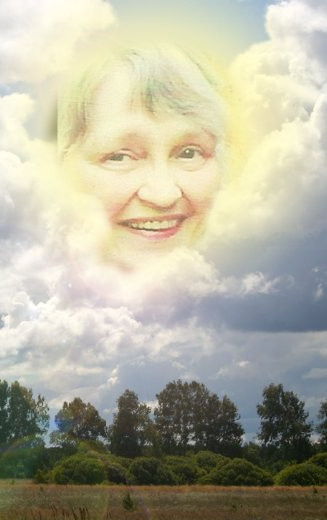

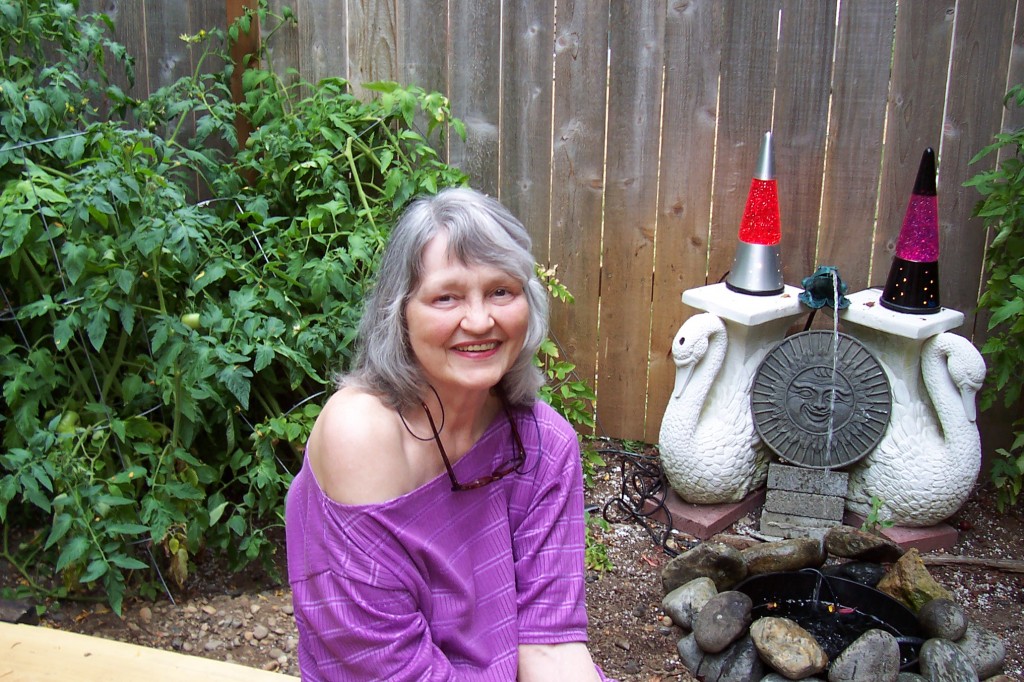
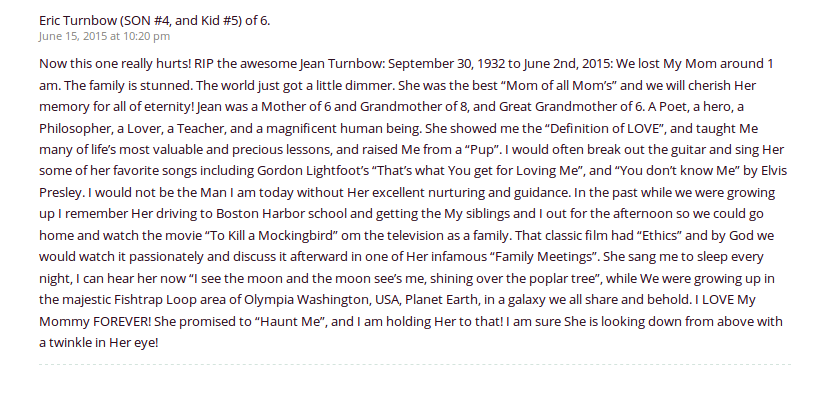
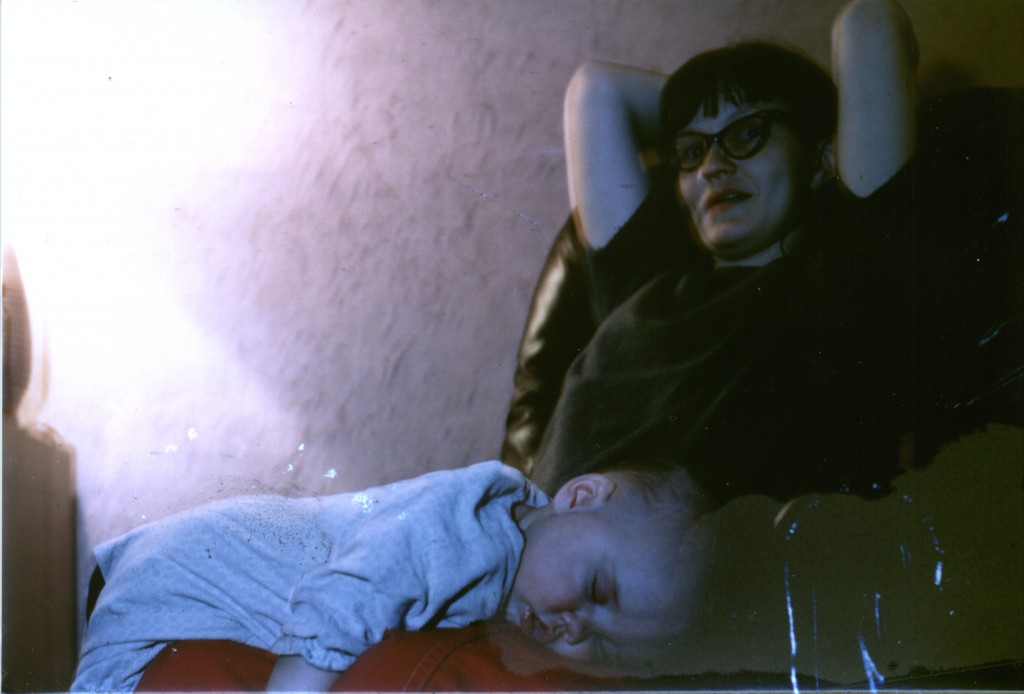
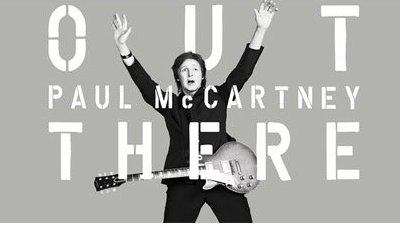
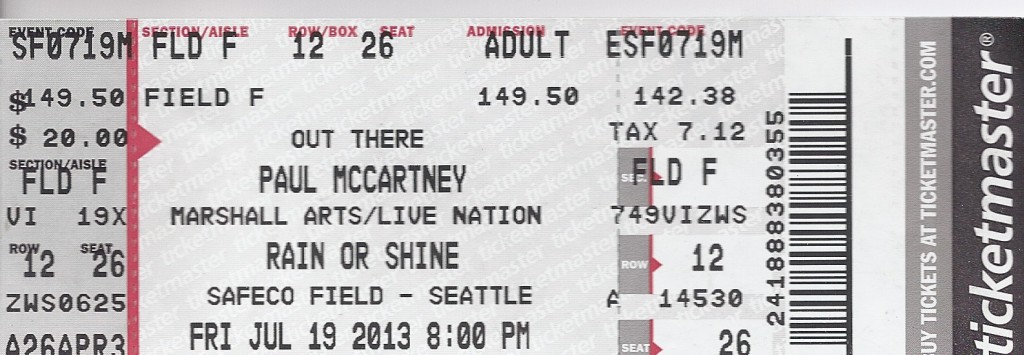
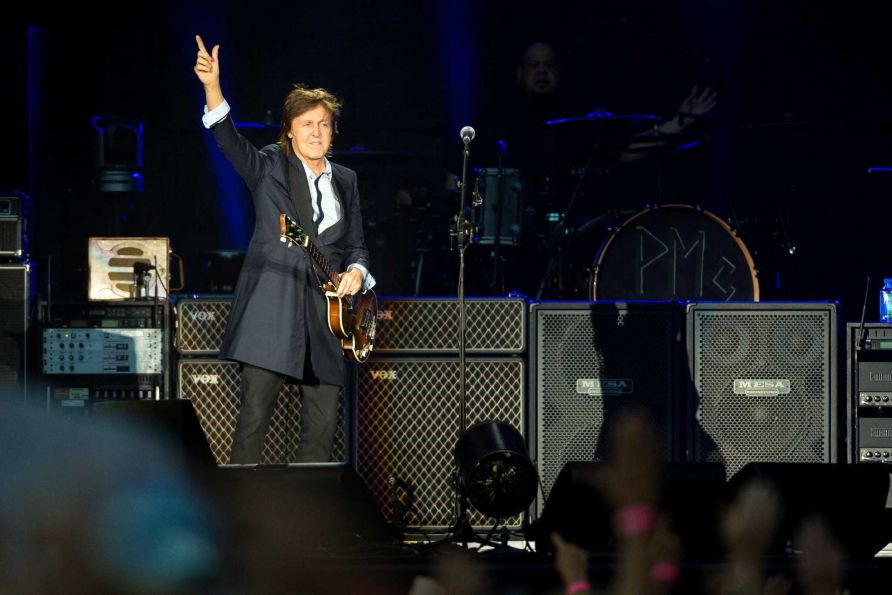
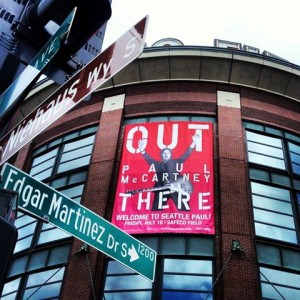
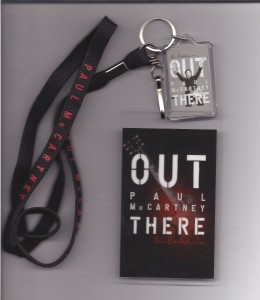




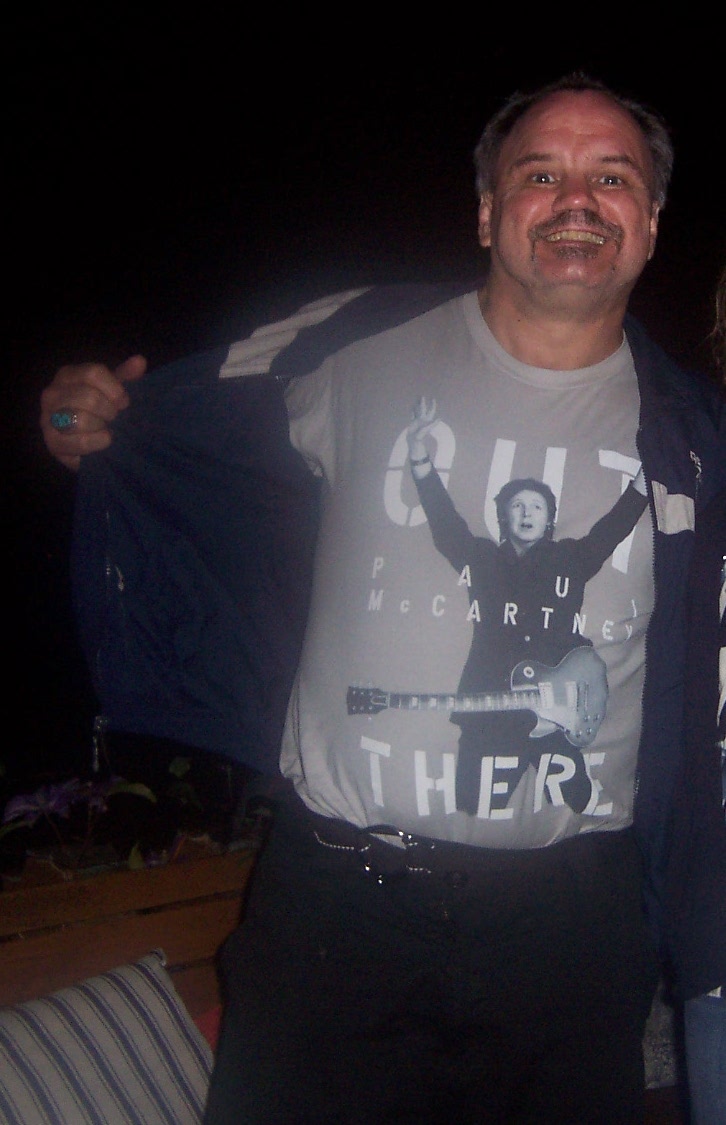
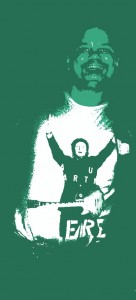
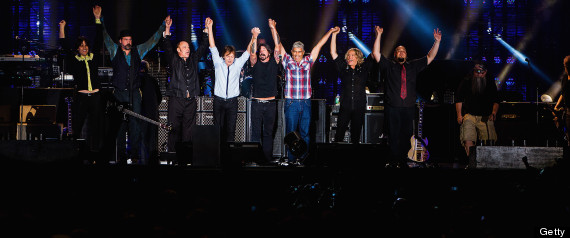
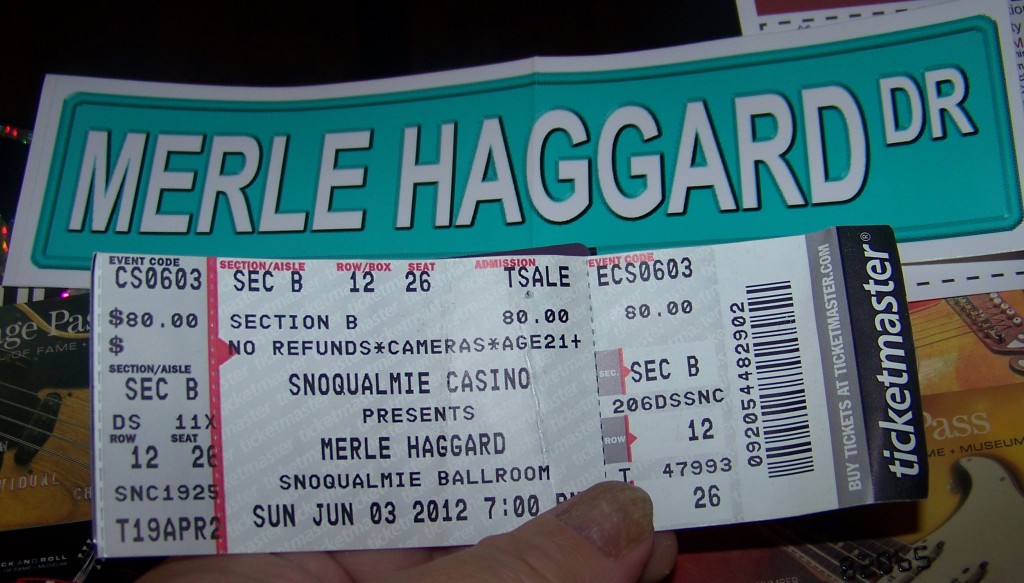
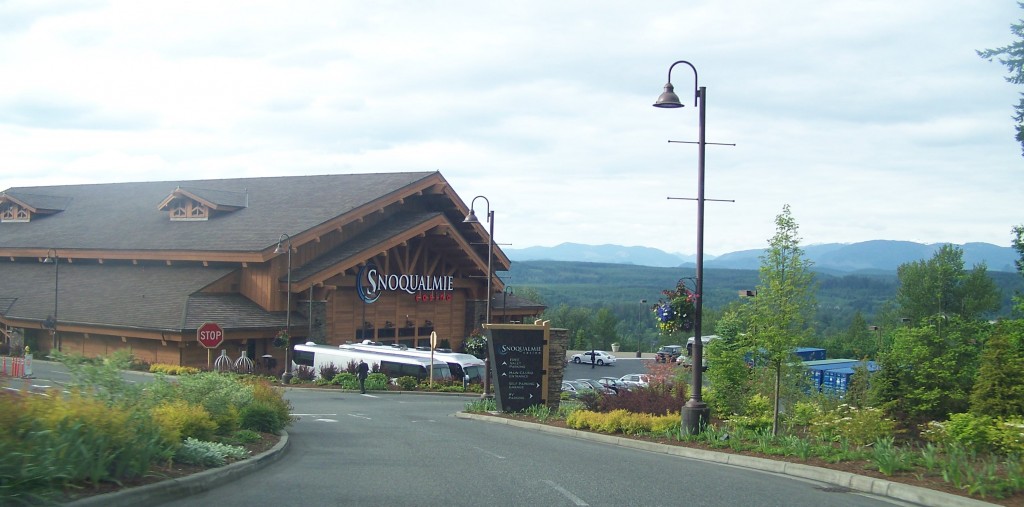
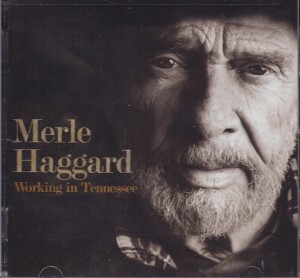
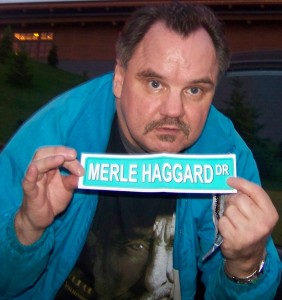

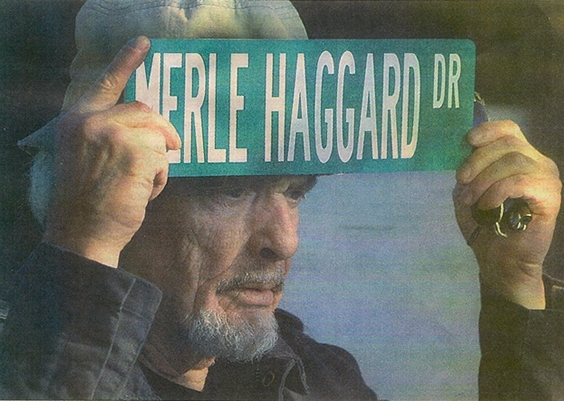

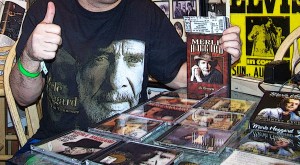

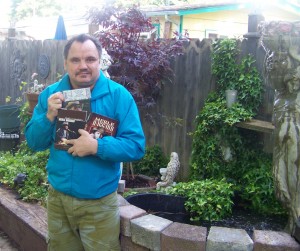
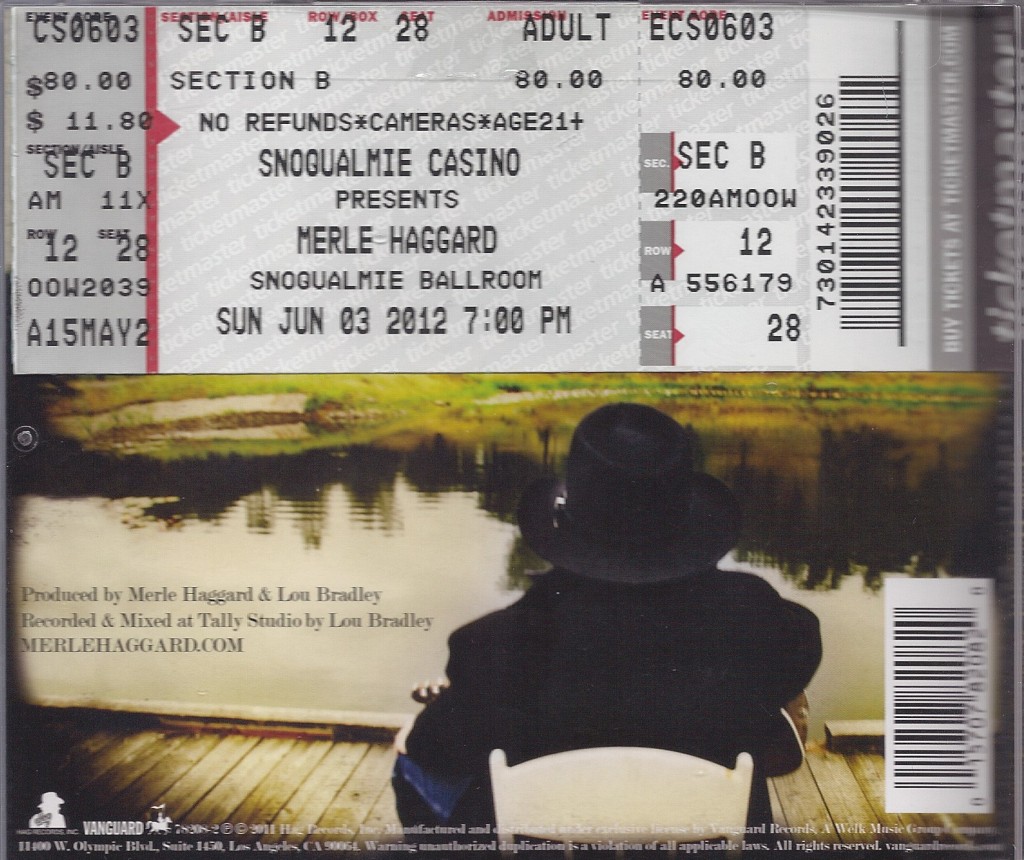
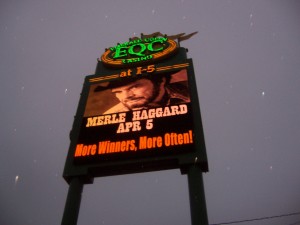
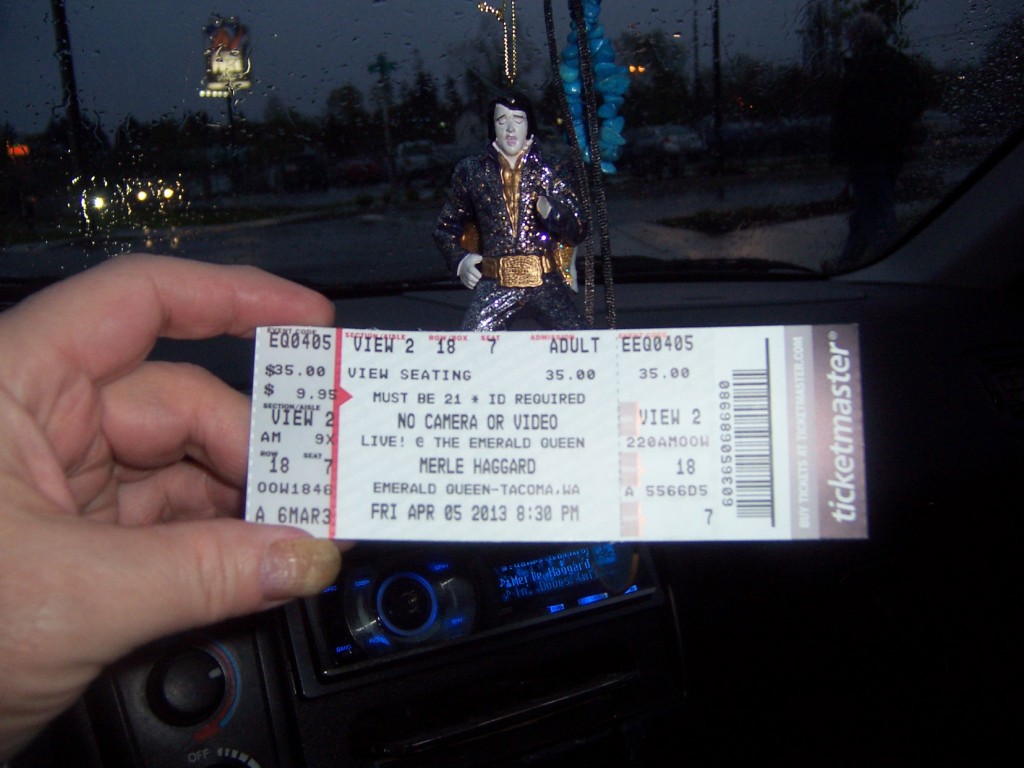
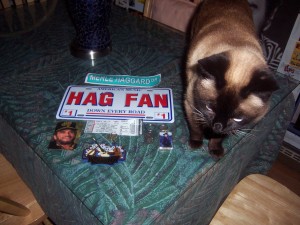
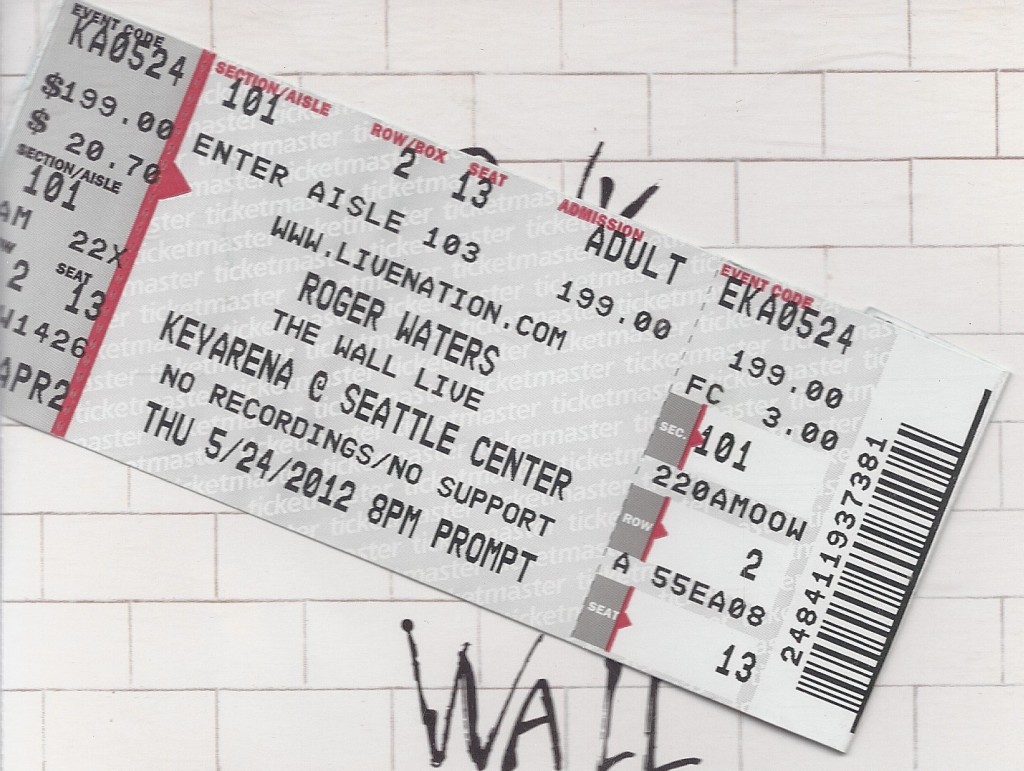

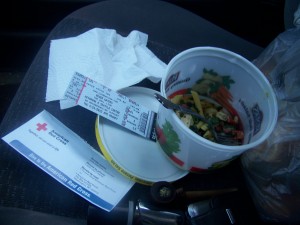

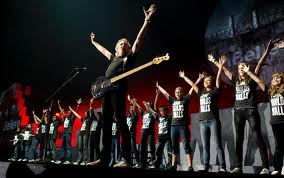
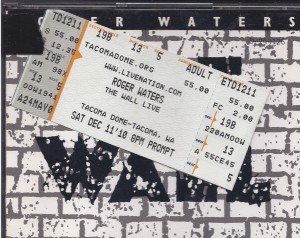
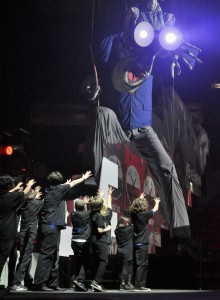
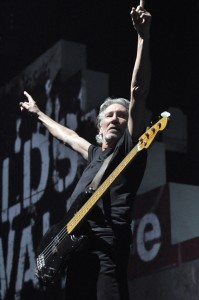
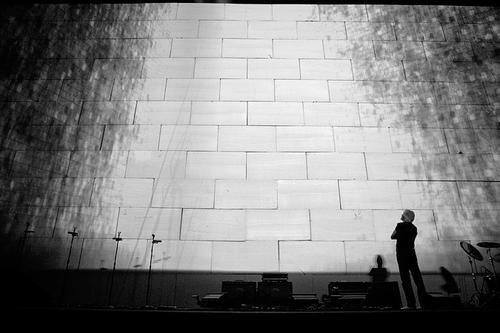
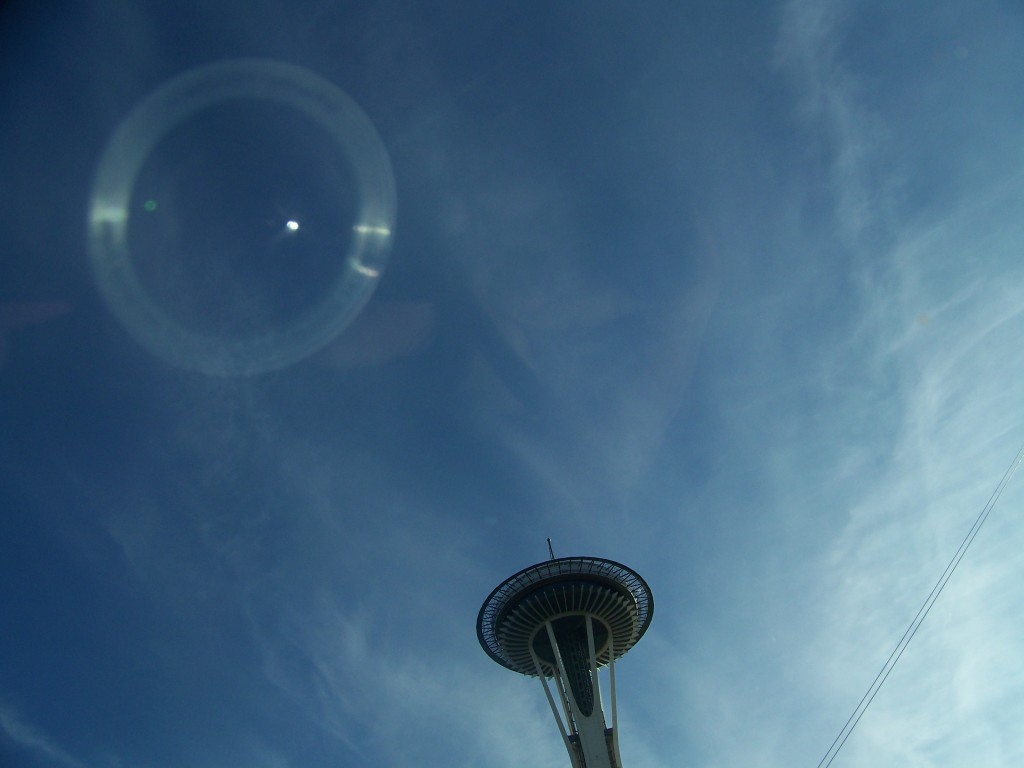
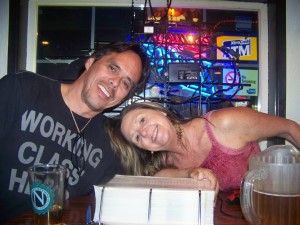 (Here we are, with Rene and Carol after the show singing a Karaoke track from the concert “Another Brick in the wall”)
(Here we are, with Rene and Carol after the show singing a Karaoke track from the concert “Another Brick in the wall”)
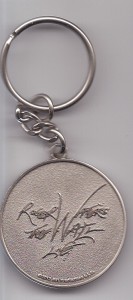
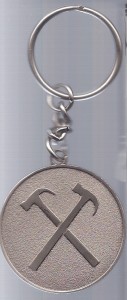
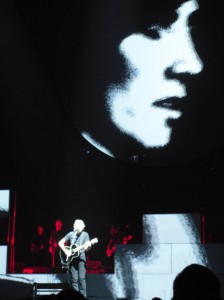



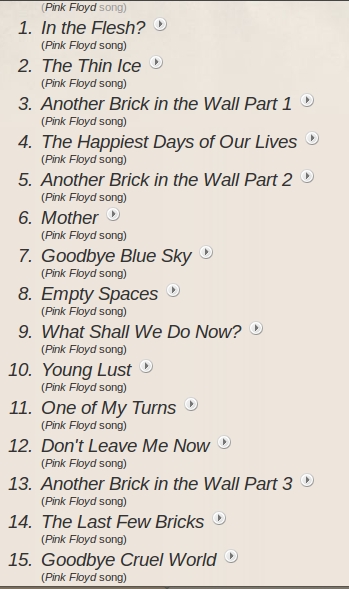
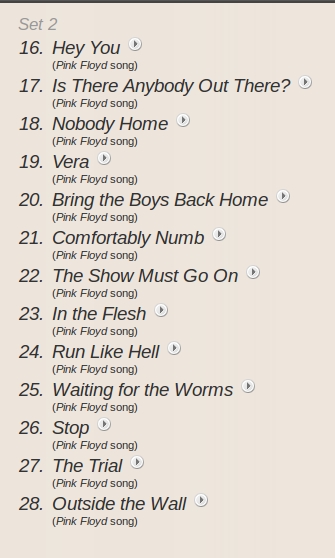

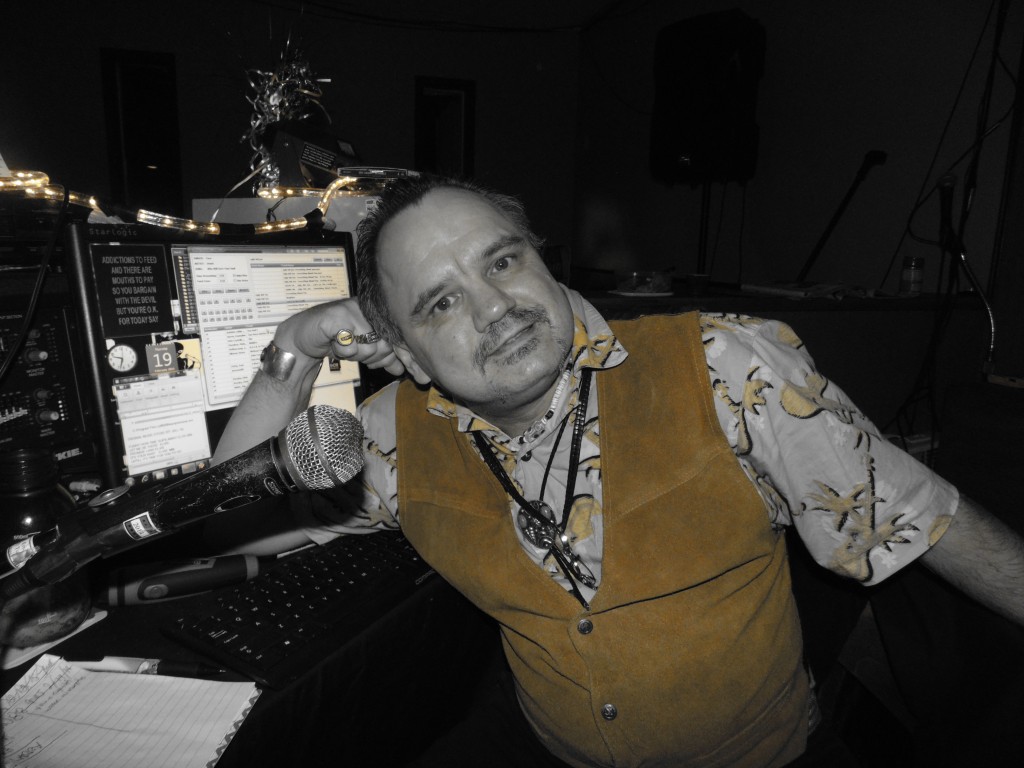
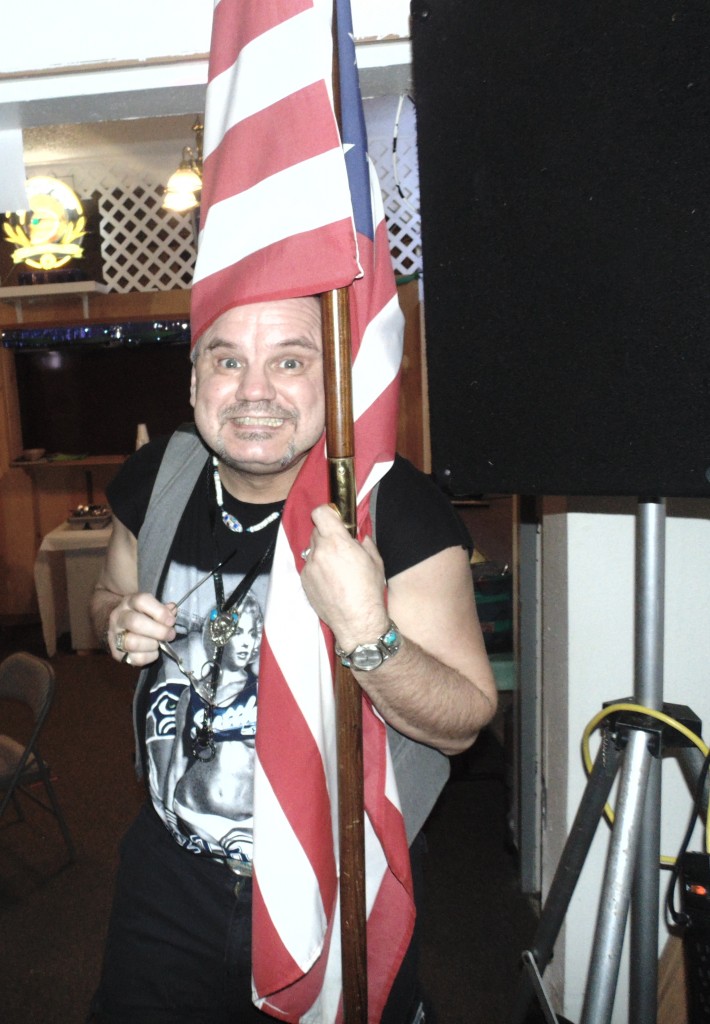
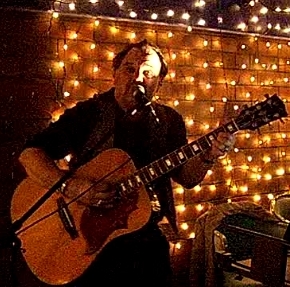
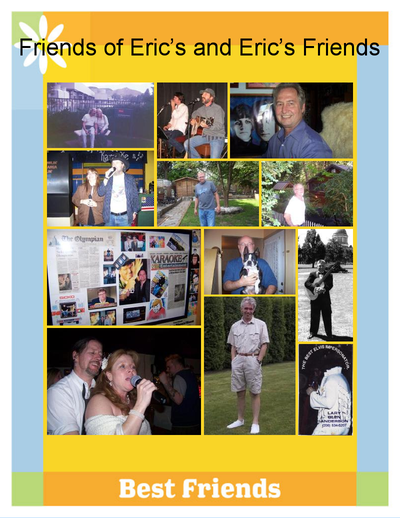
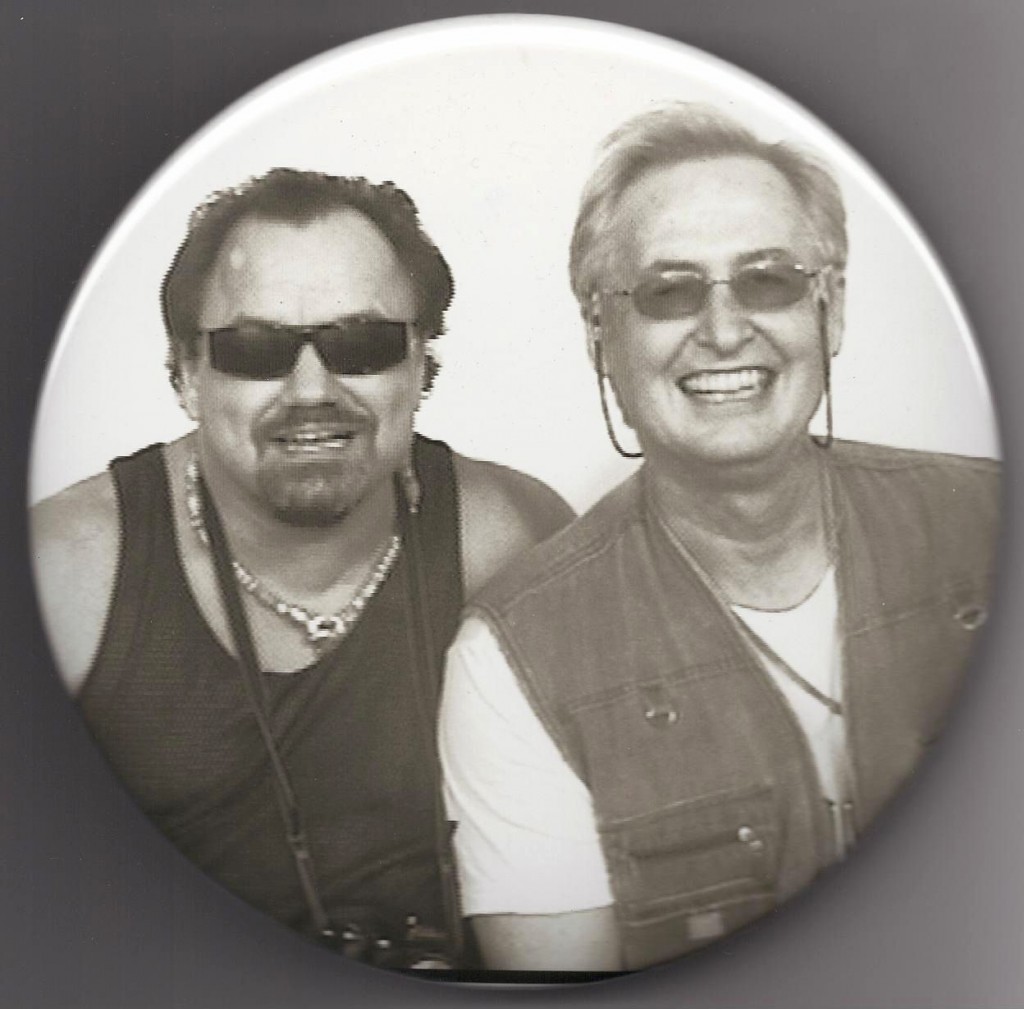

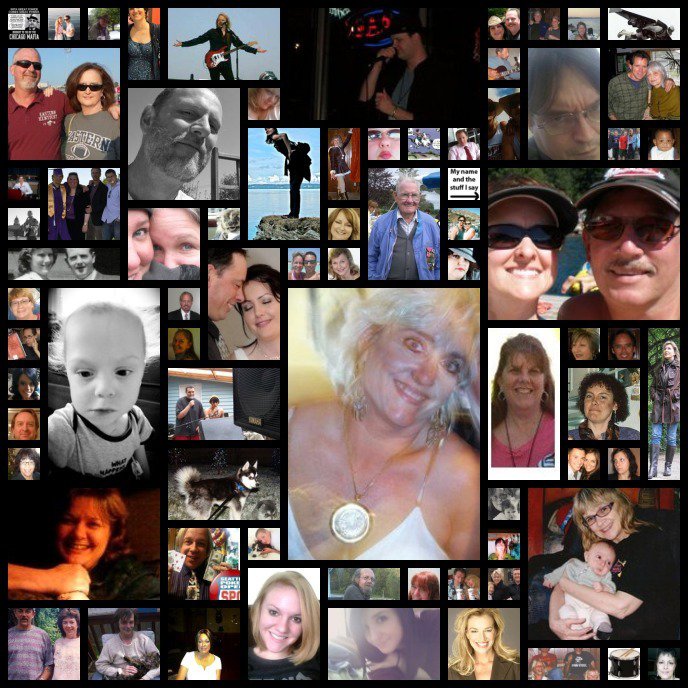
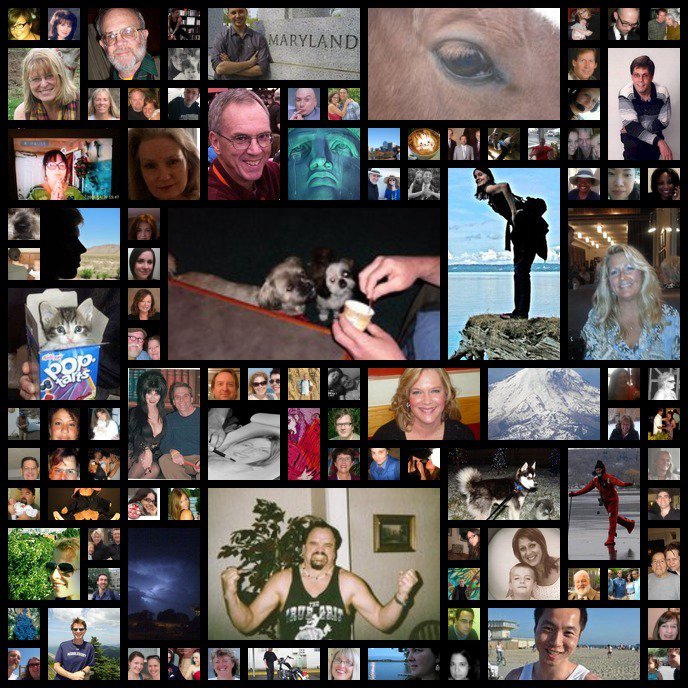
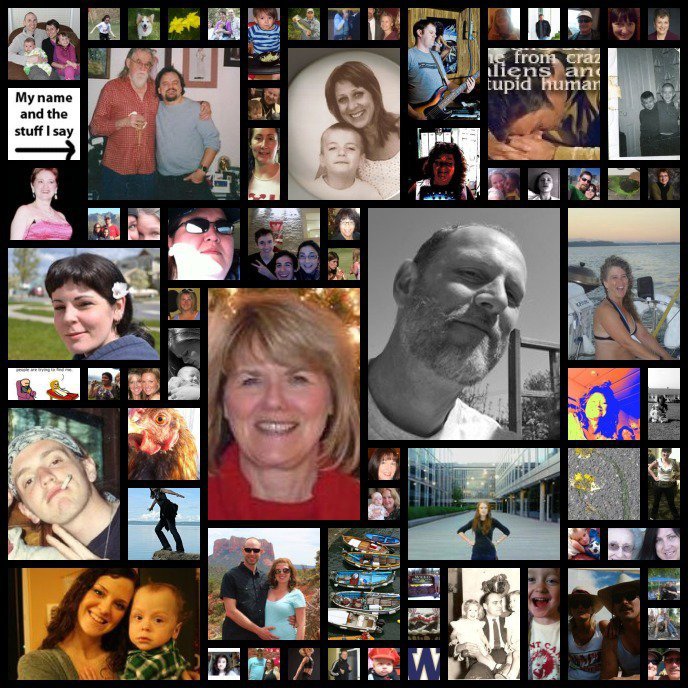
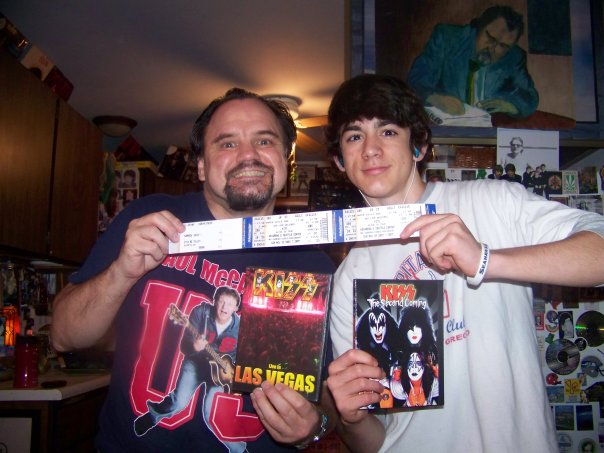
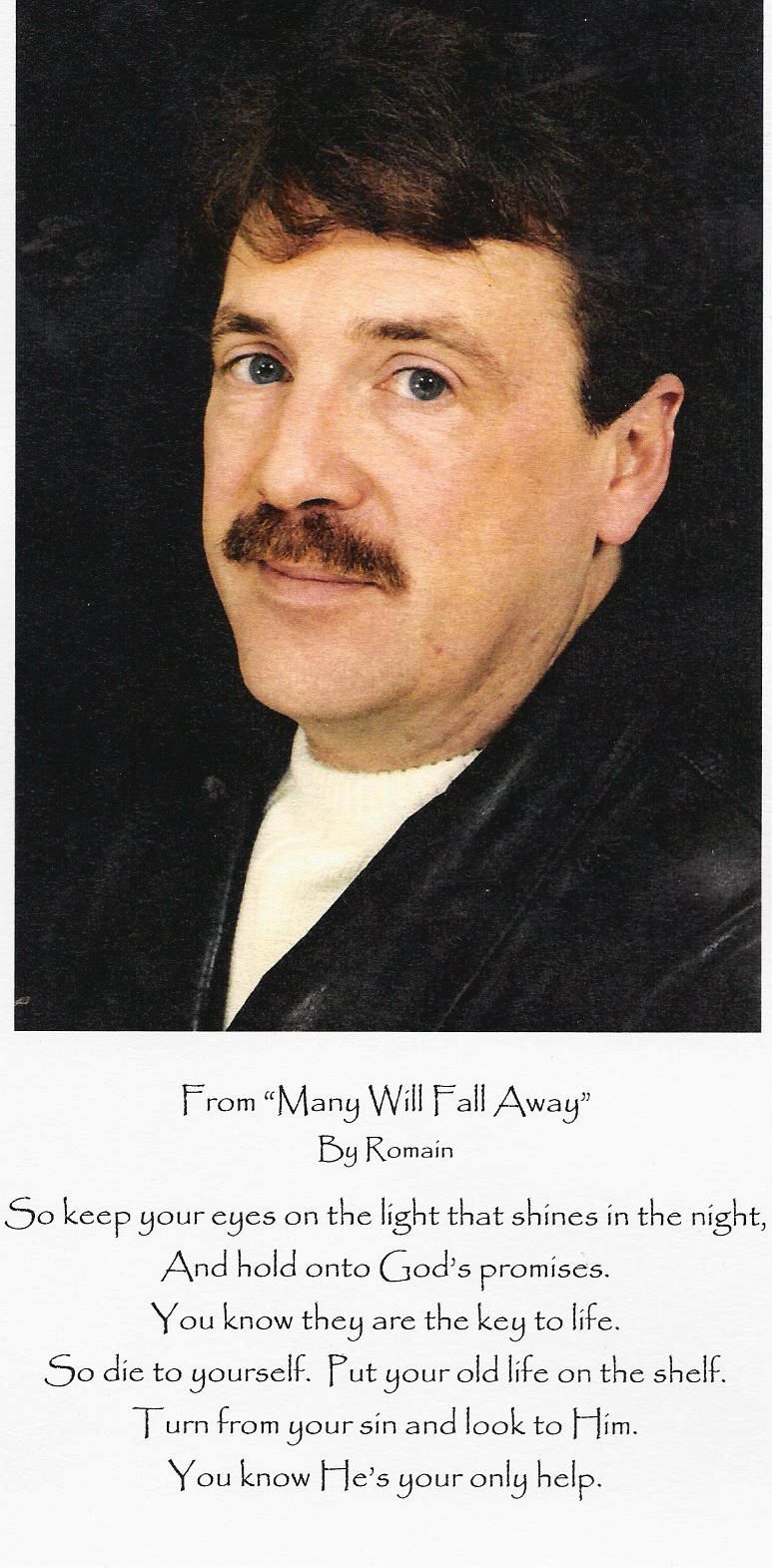
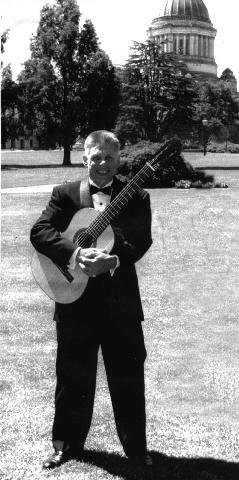

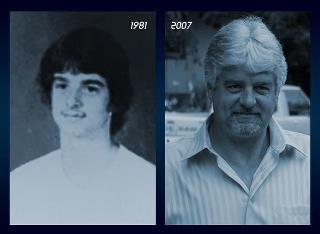
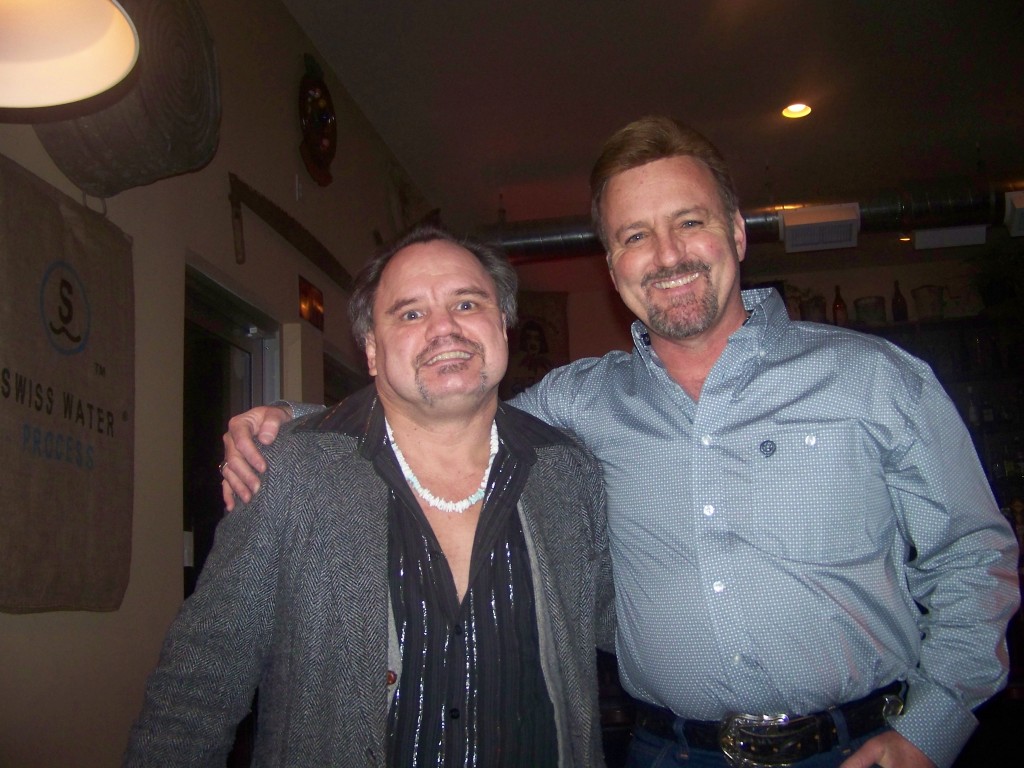
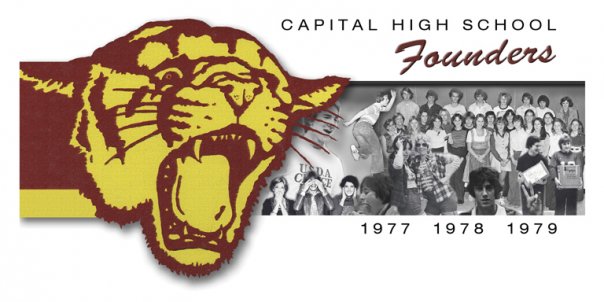
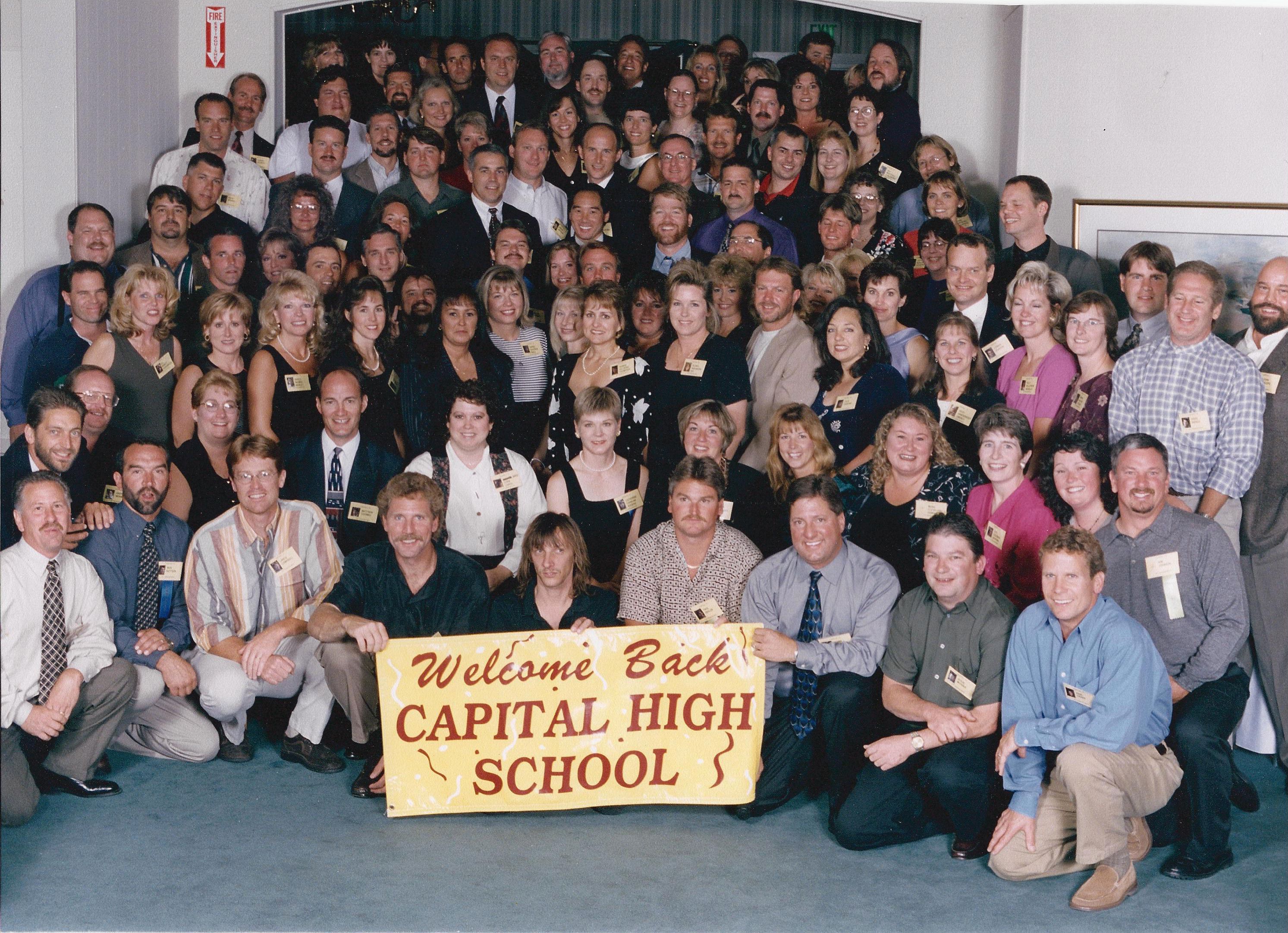
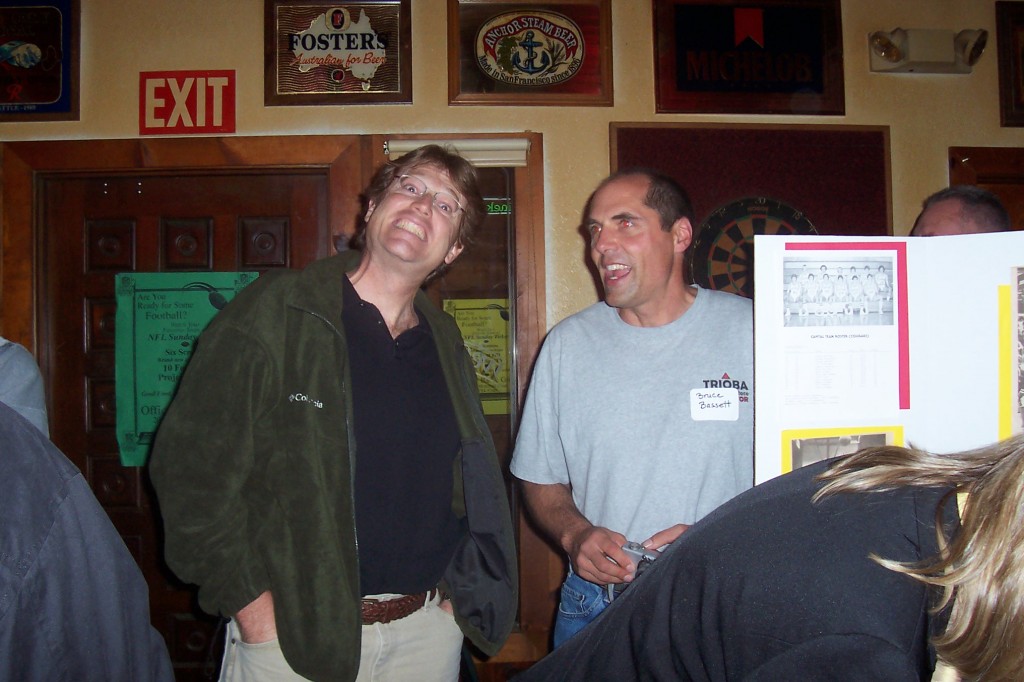
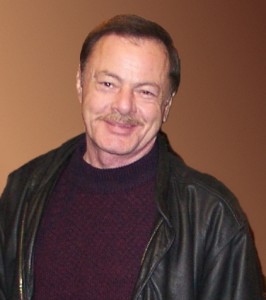
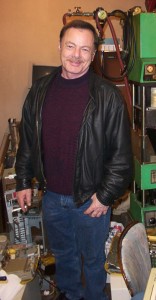
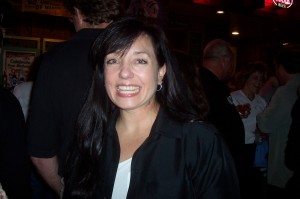
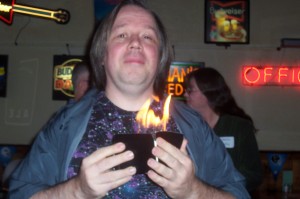


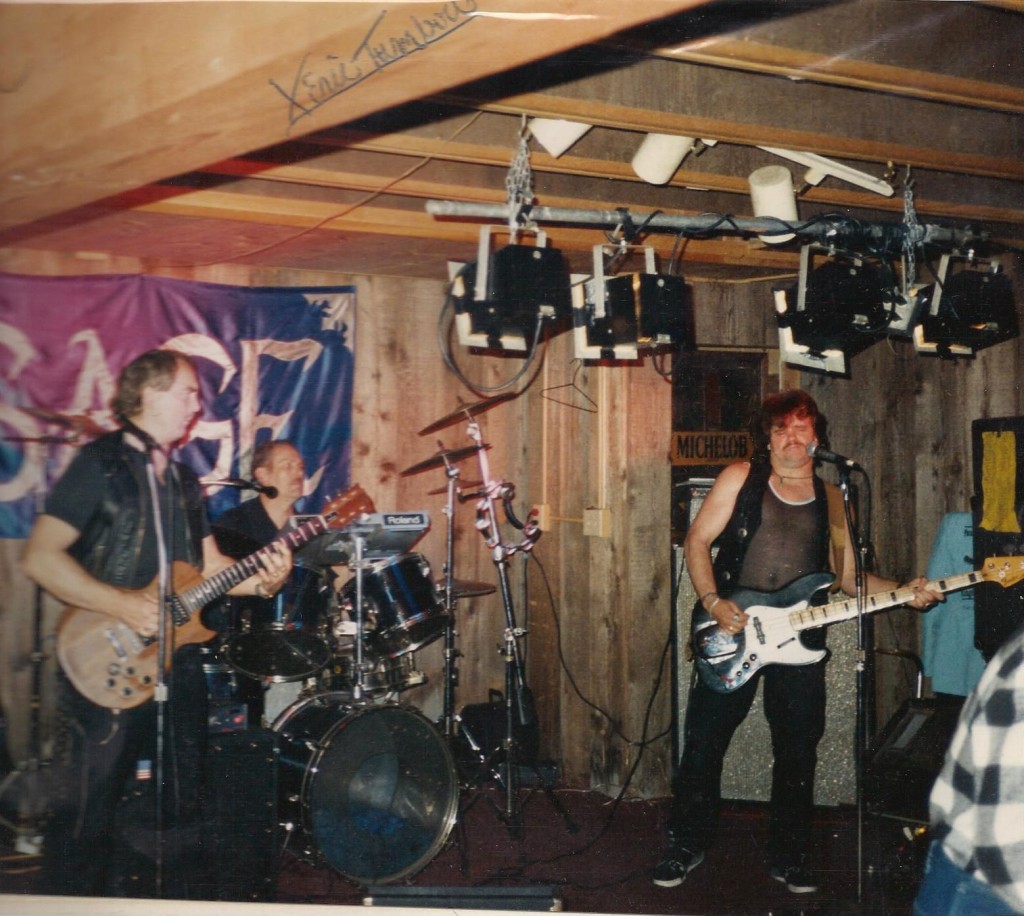
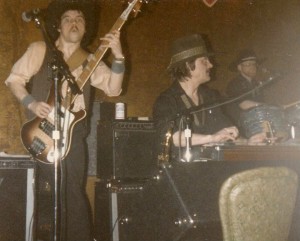
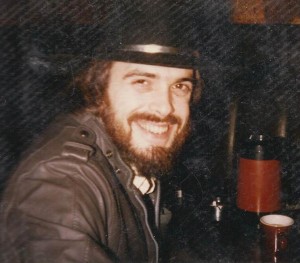
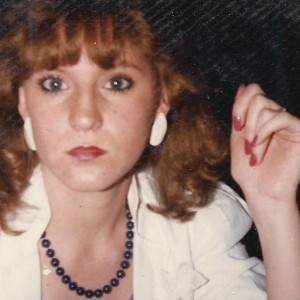
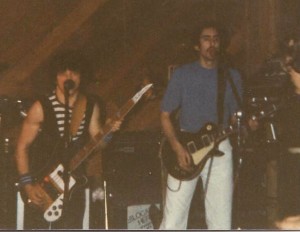
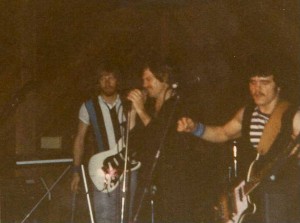
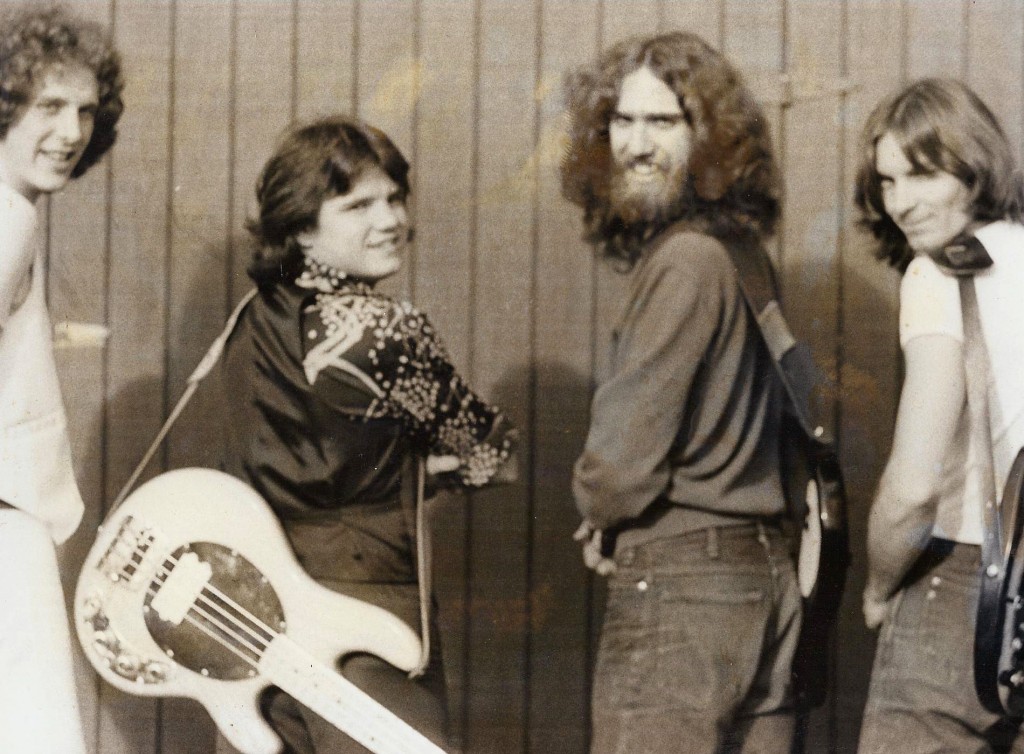 (Classic “London” Band with friends Evan Ogden, Dave Broyes, and David Sylverio in 1979)
(Classic “London” Band with friends Evan Ogden, Dave Broyes, and David Sylverio in 1979)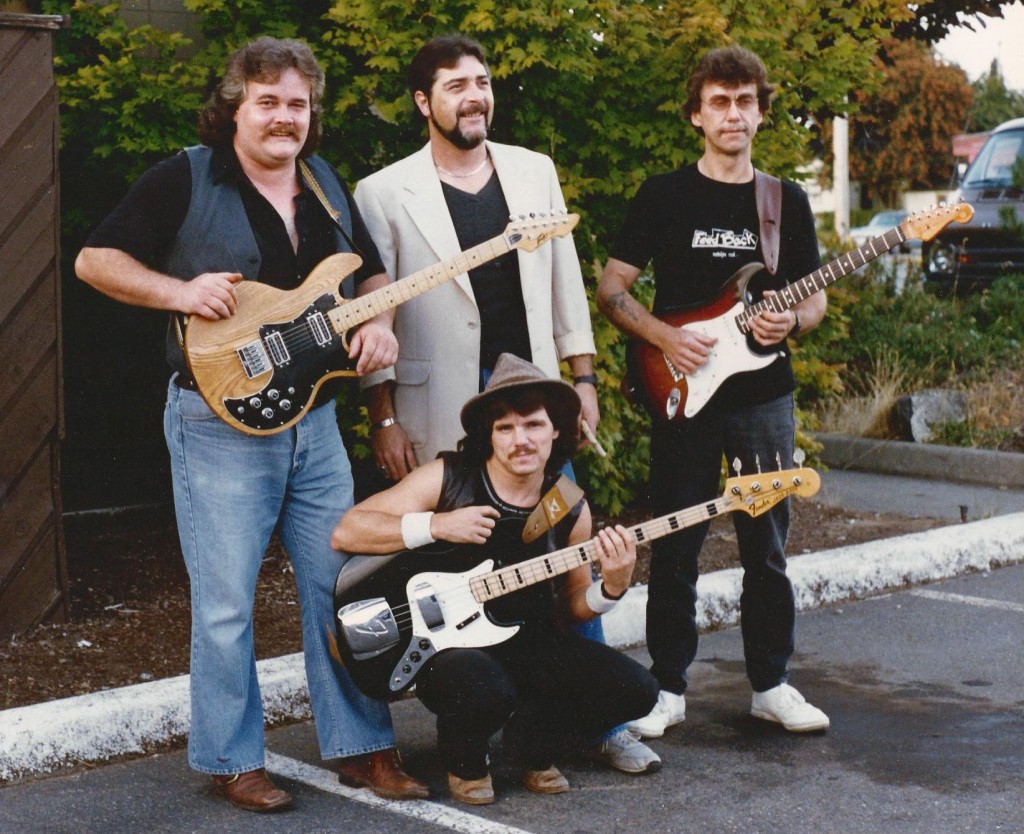 (“Feedback Band”
(“Feedback Band”
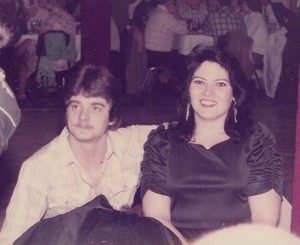
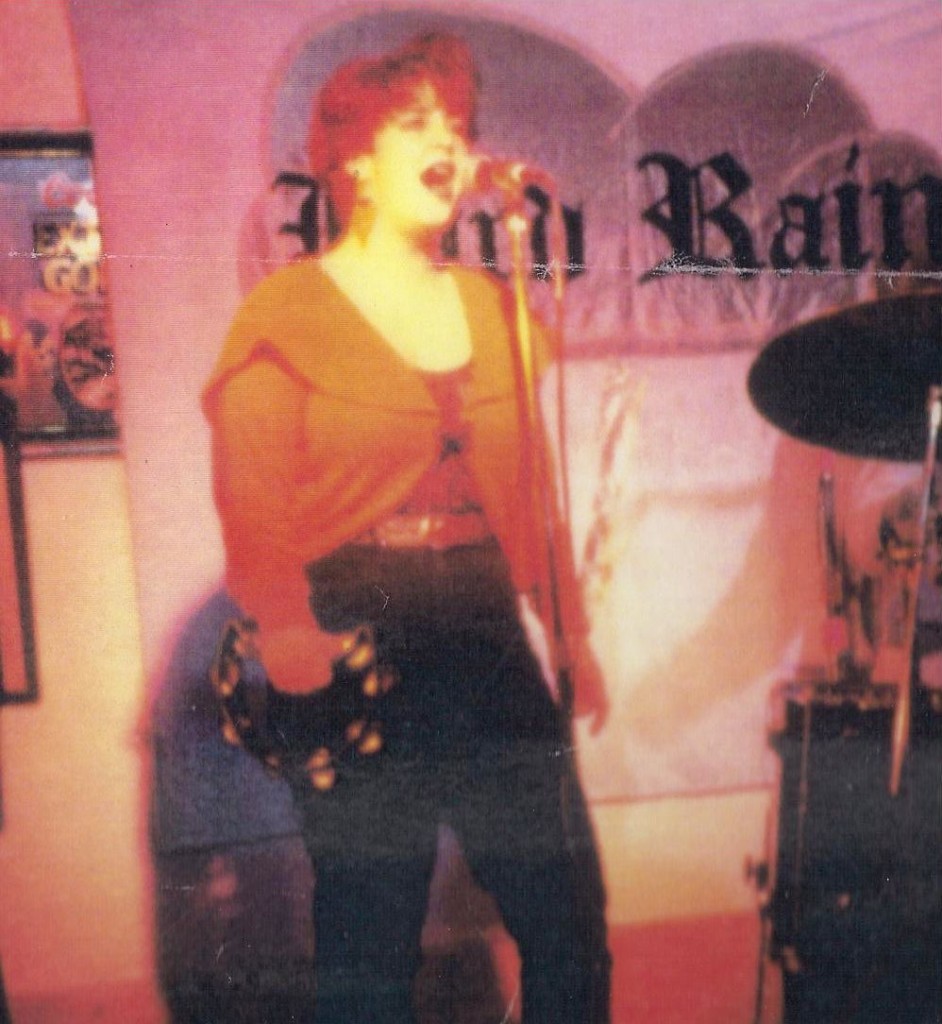
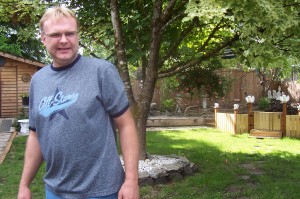
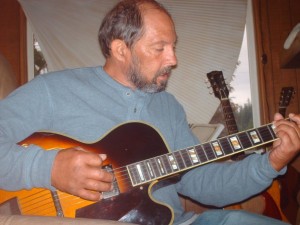
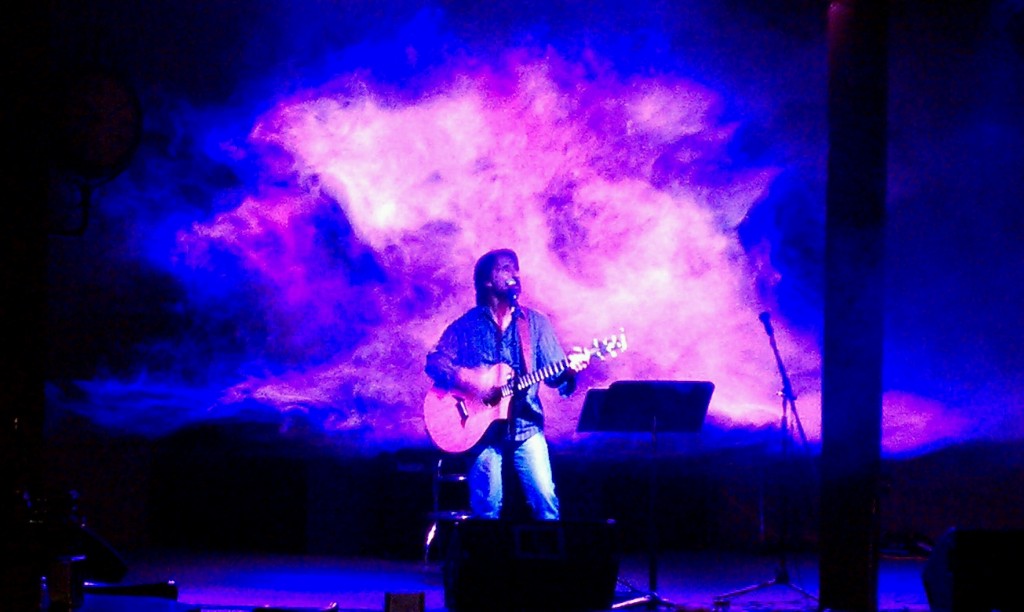
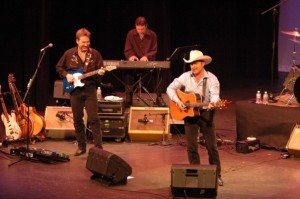
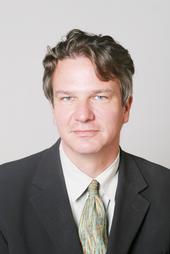
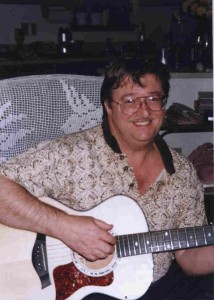
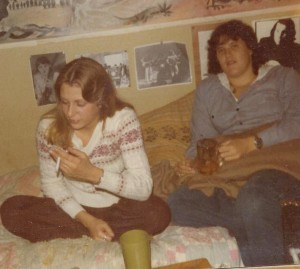
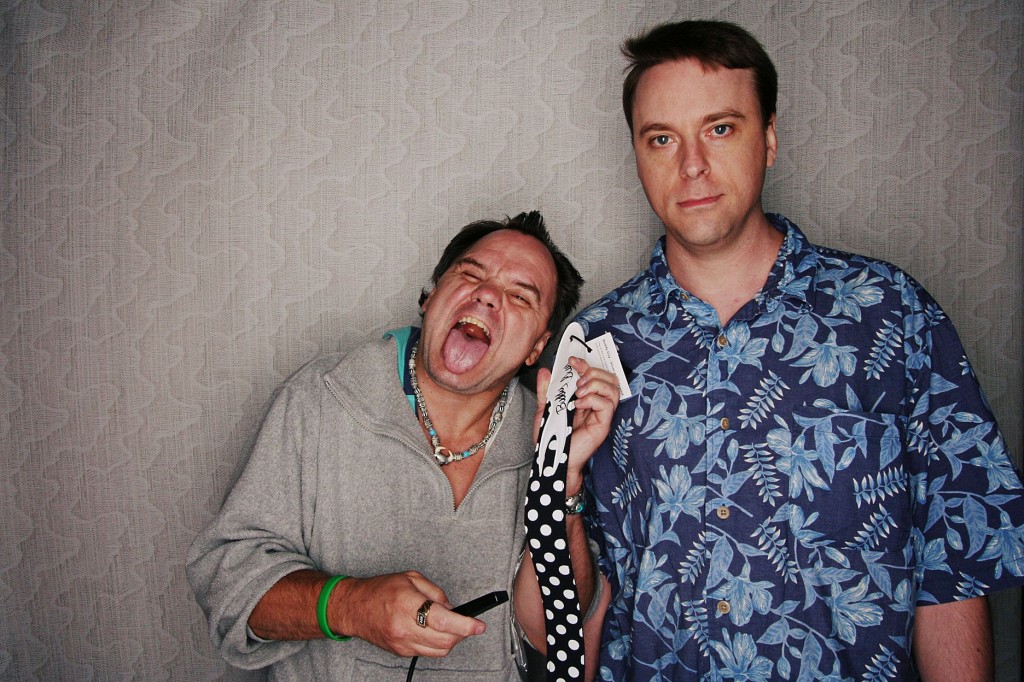
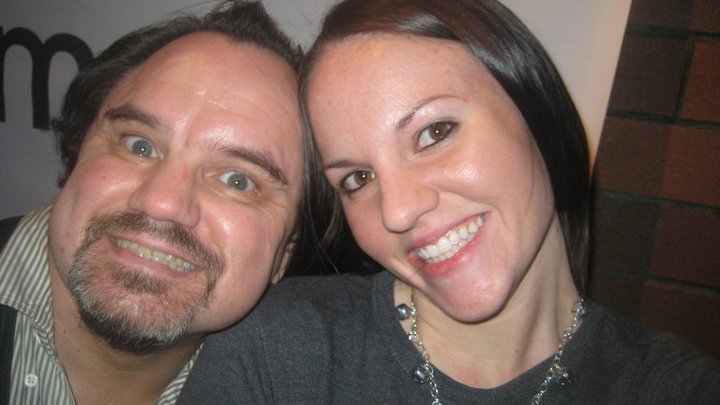
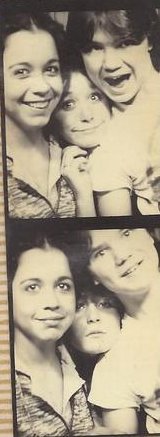
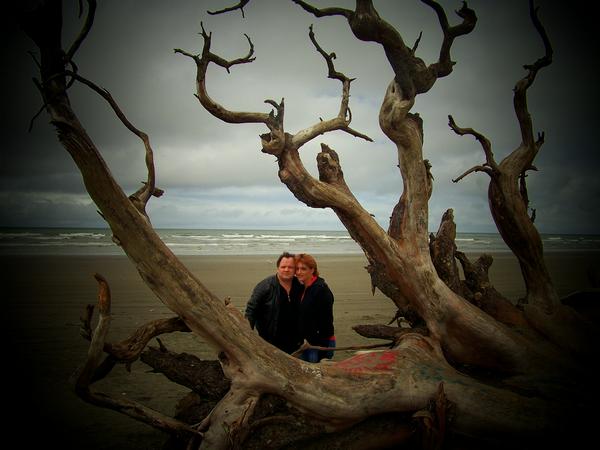
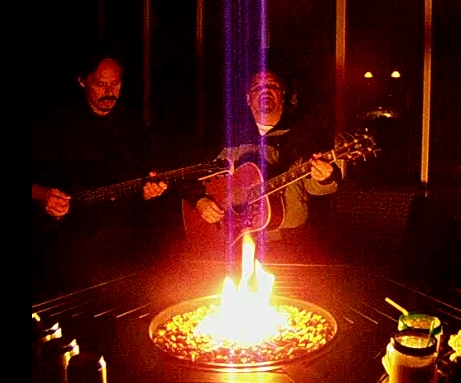
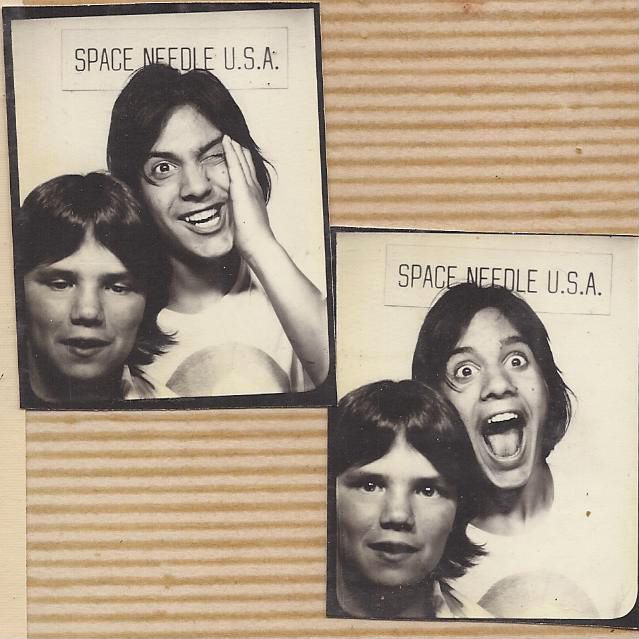
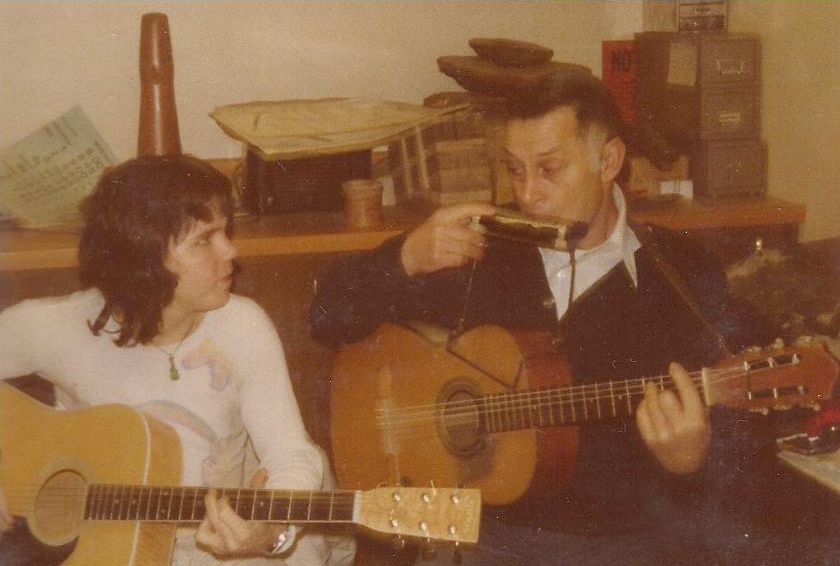
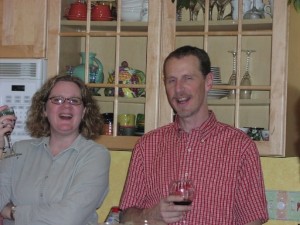


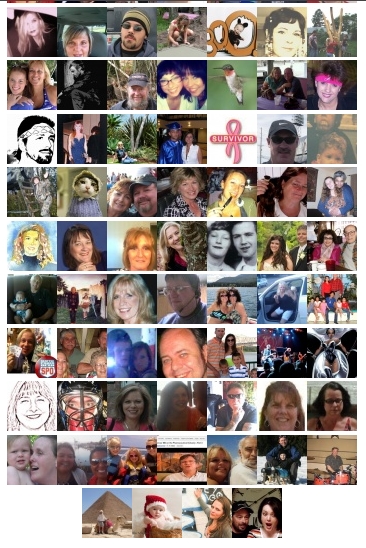
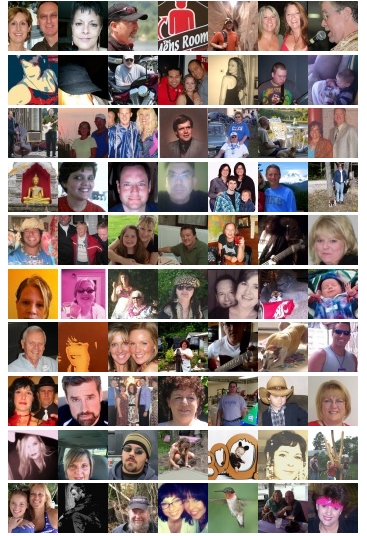

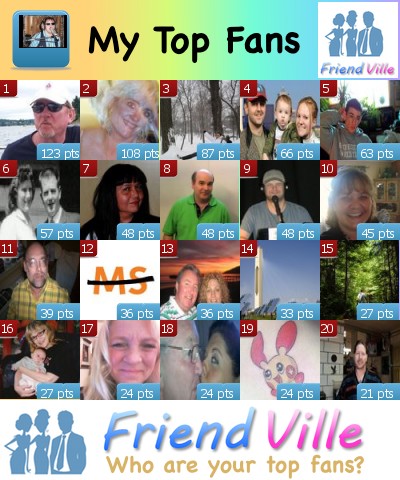 (More Facebook friends from 2010)!
(More Facebook friends from 2010)!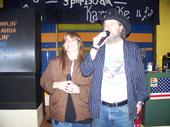

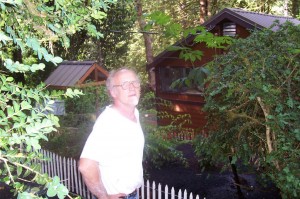
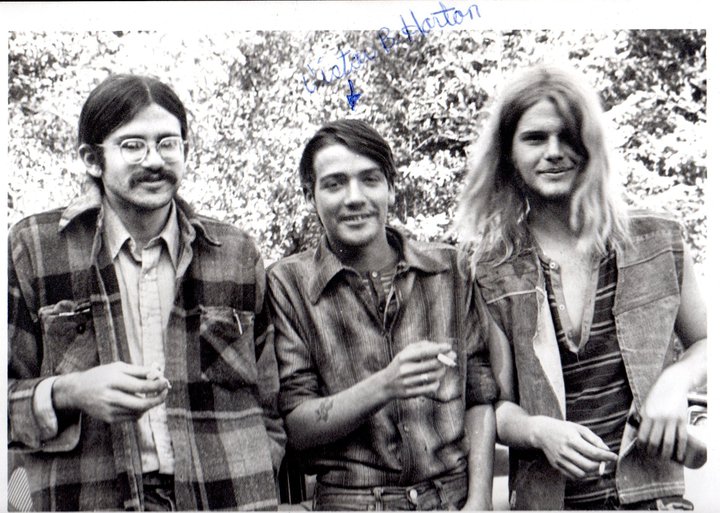
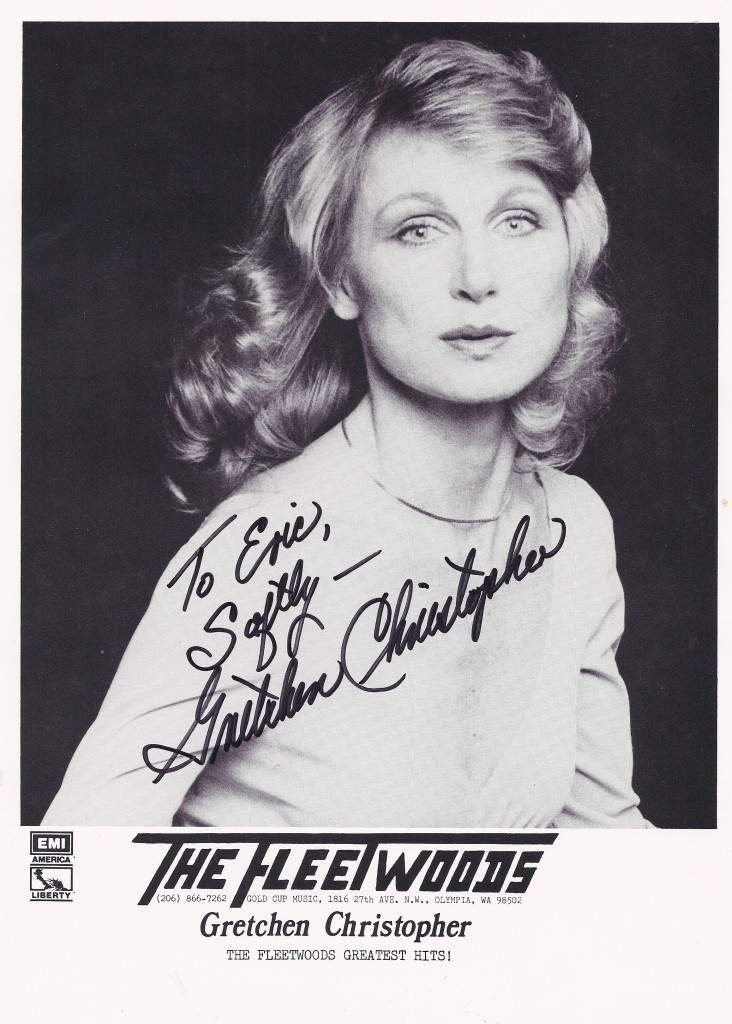
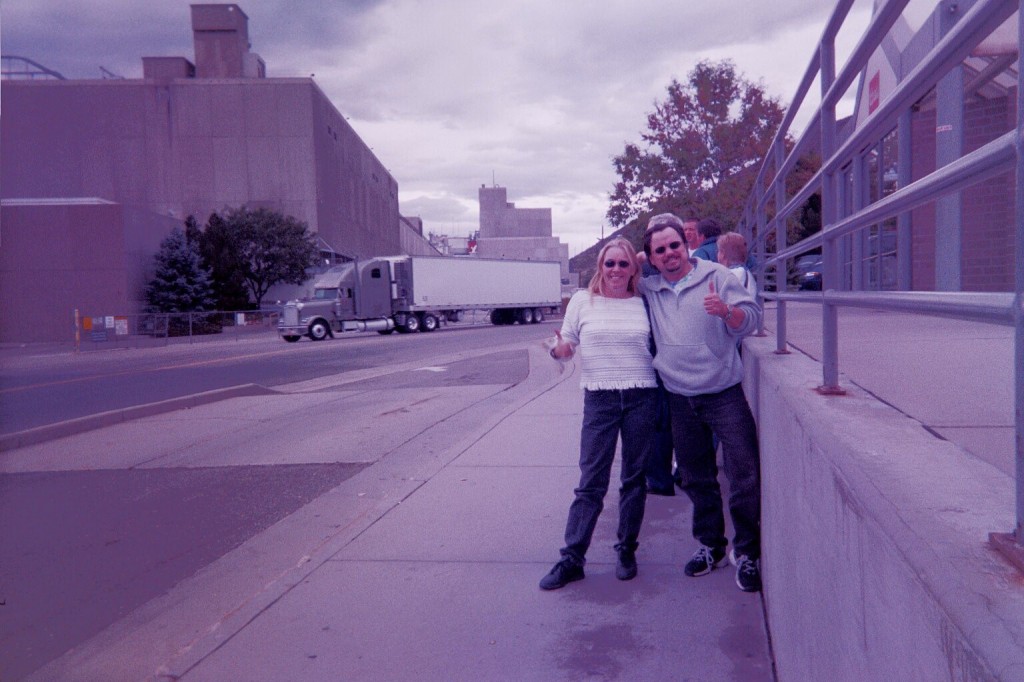
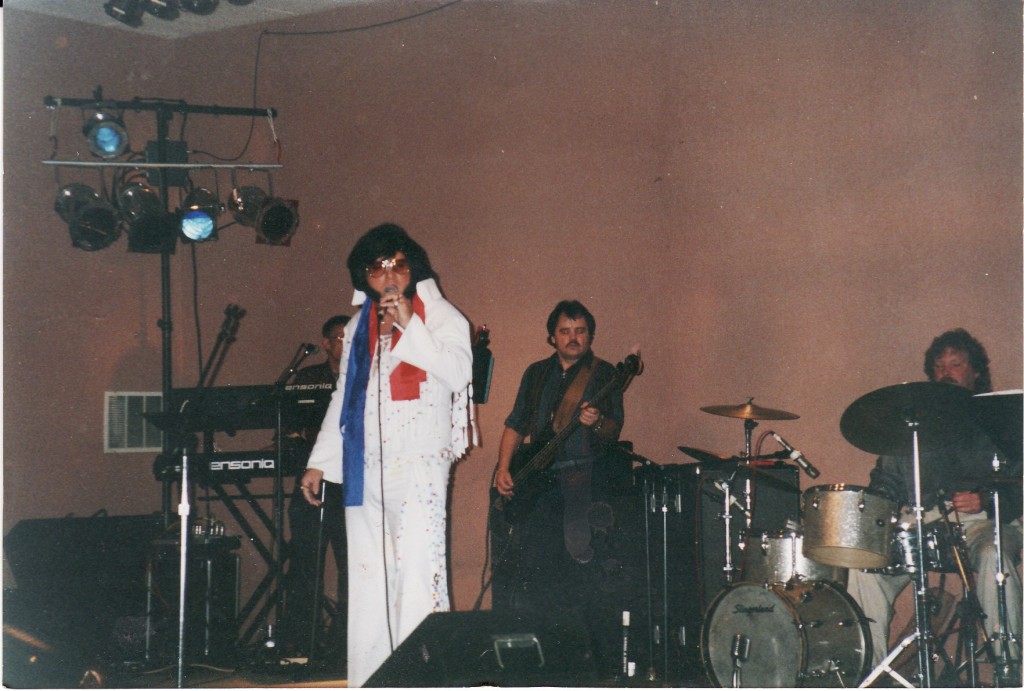
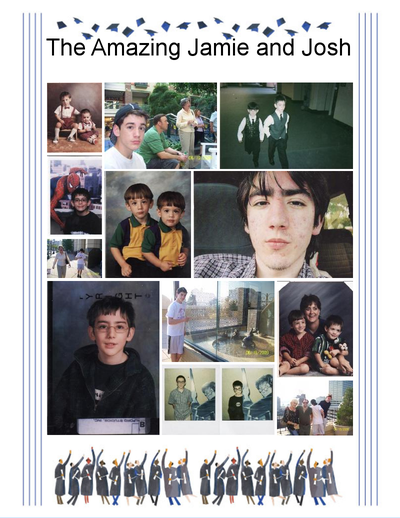
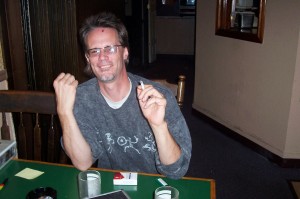
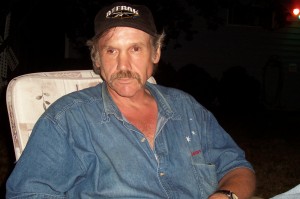
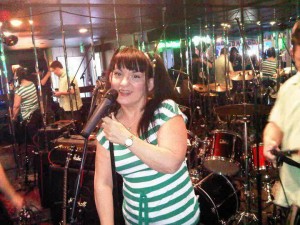
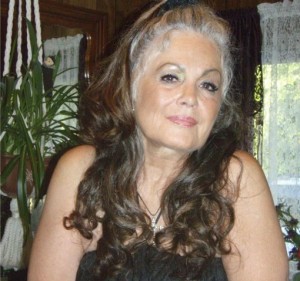
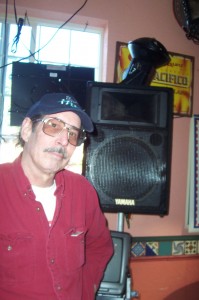 (Here is Tim Prellwitz, Computer Engineer and Friend)!
(Here is Tim Prellwitz, Computer Engineer and Friend)!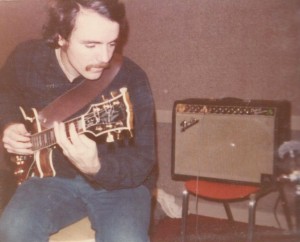
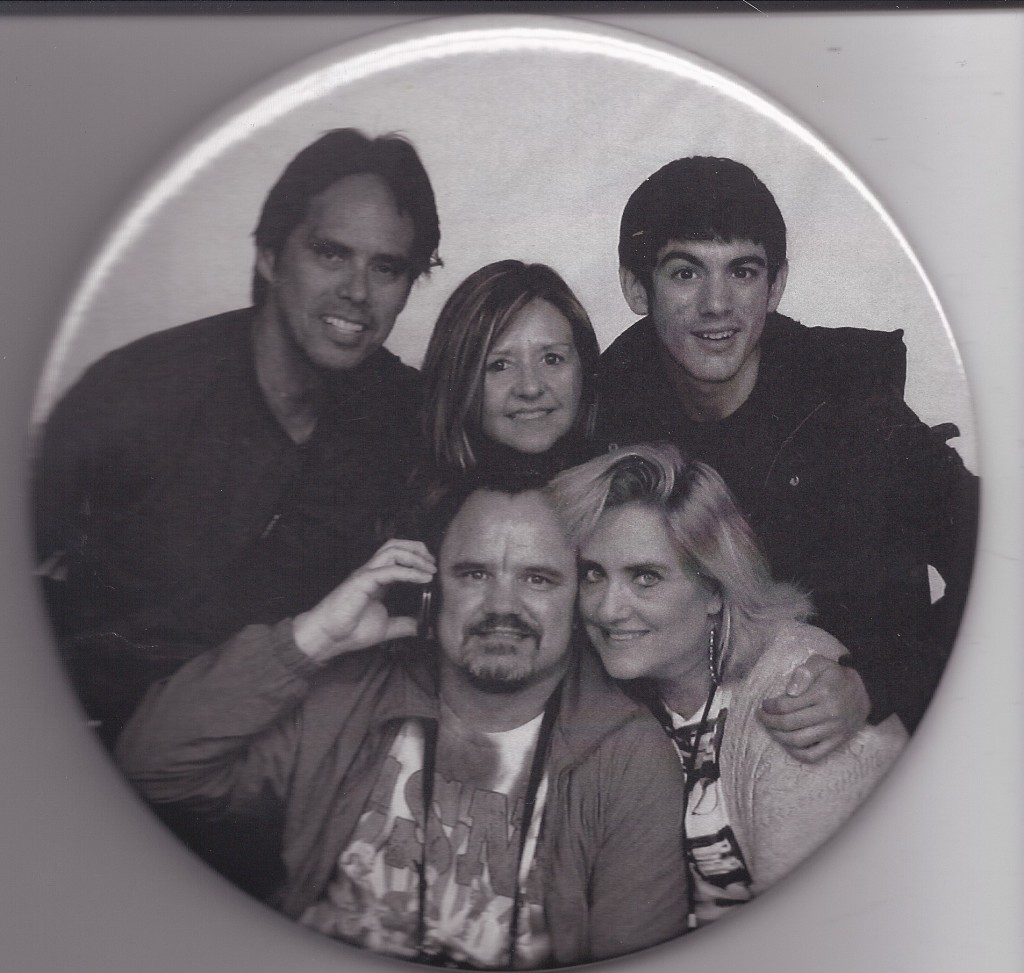
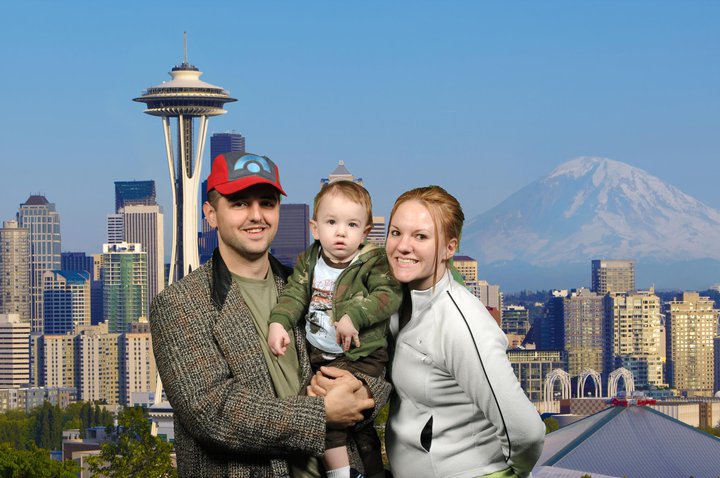
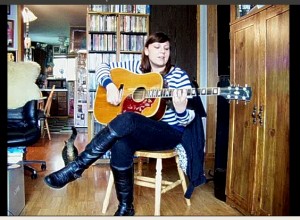

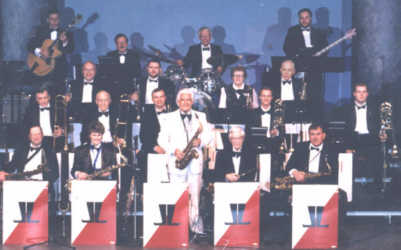
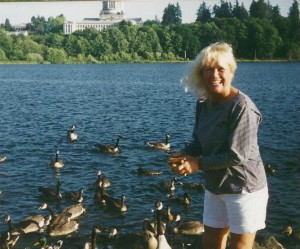
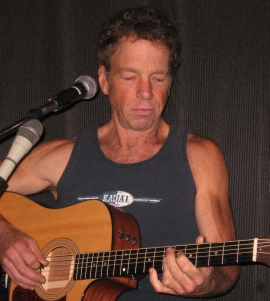
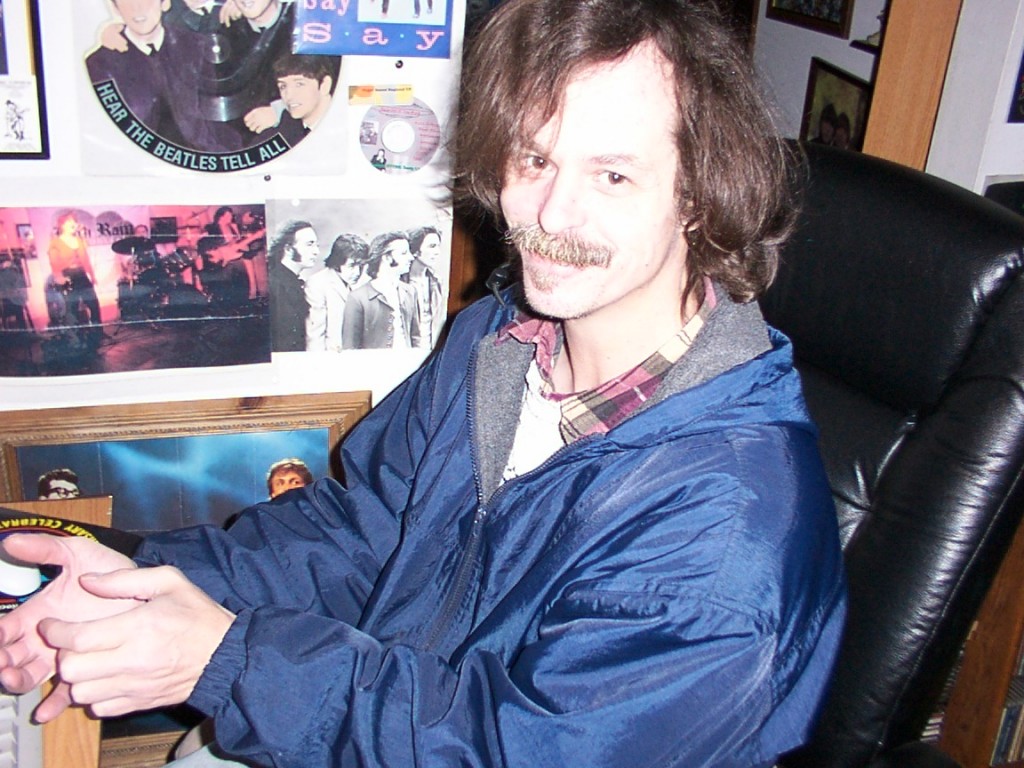
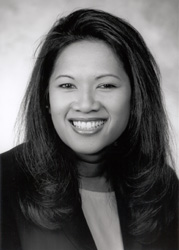

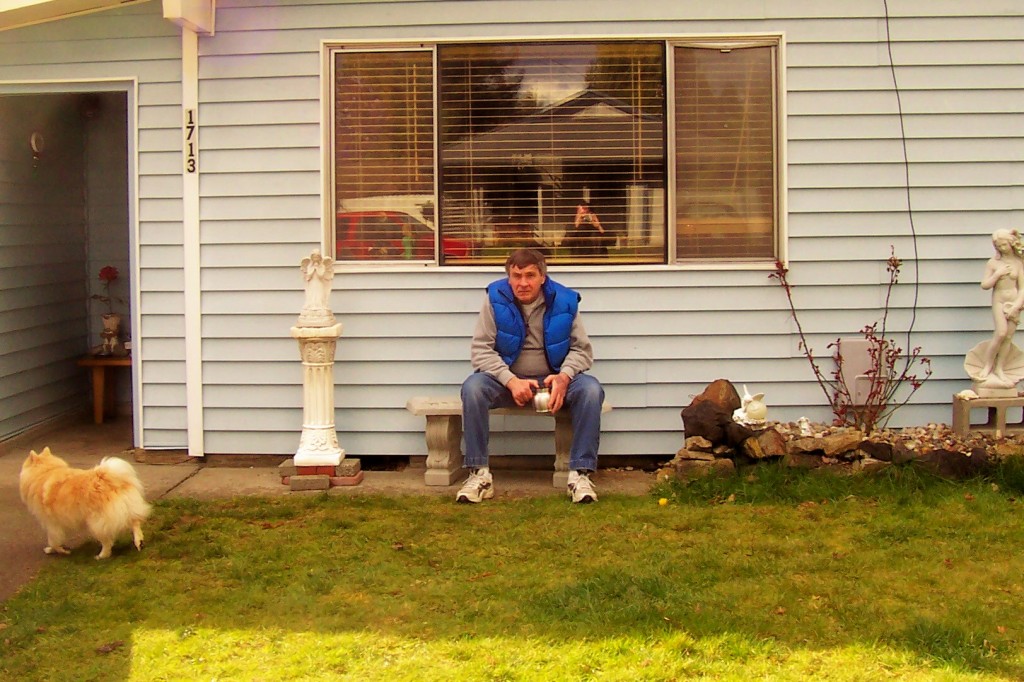
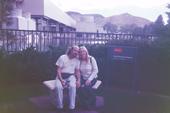
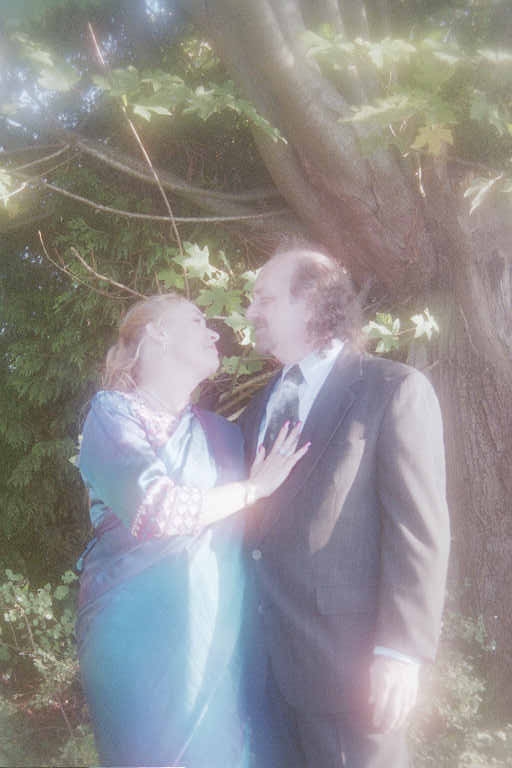 (Wedding bells for Lee and Lori Phillips is September 2001)!
(Wedding bells for Lee and Lori Phillips is September 2001)!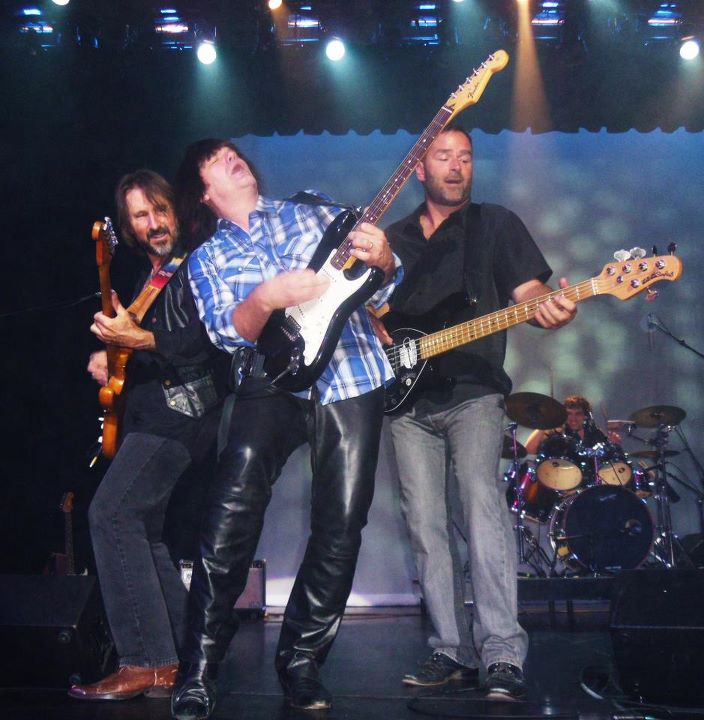

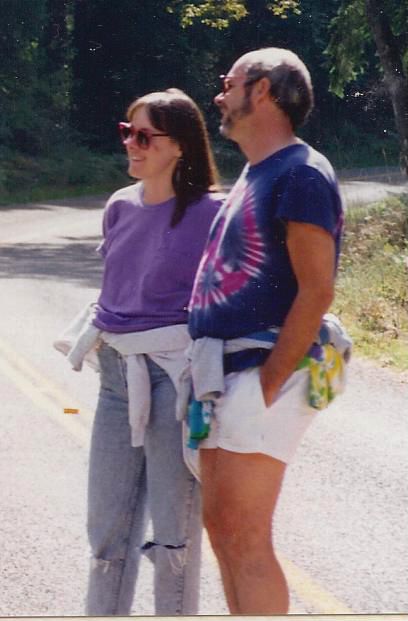

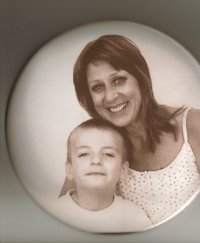
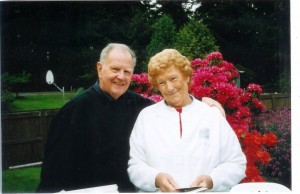
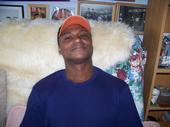
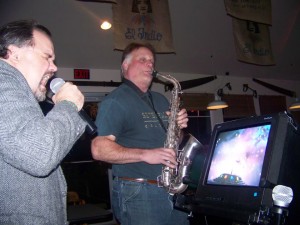
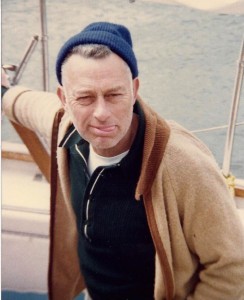
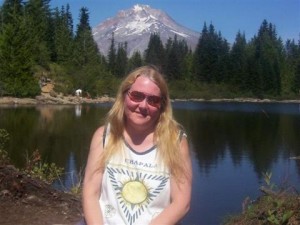
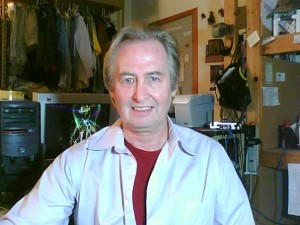
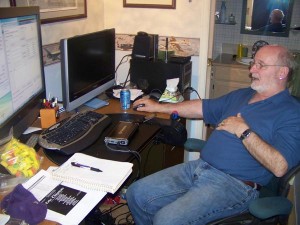
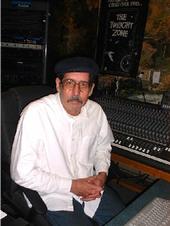


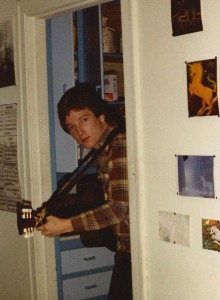
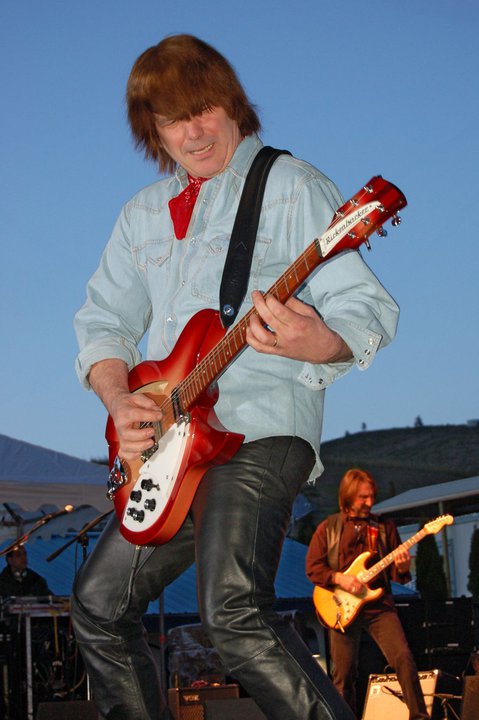
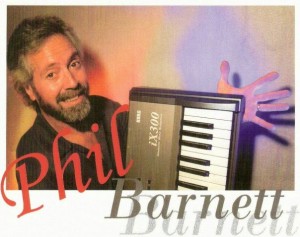
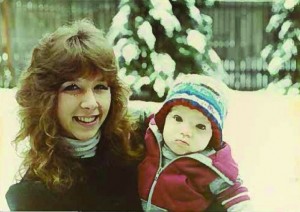
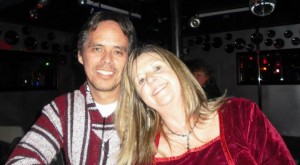

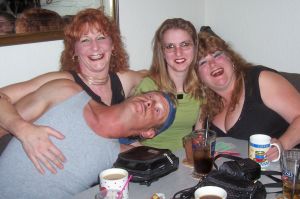
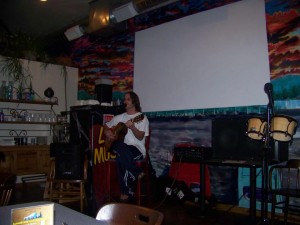
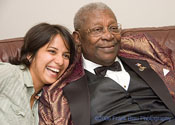
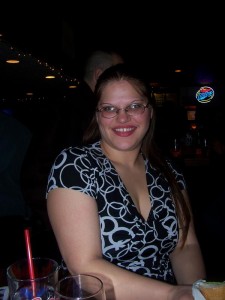
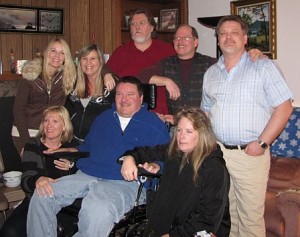
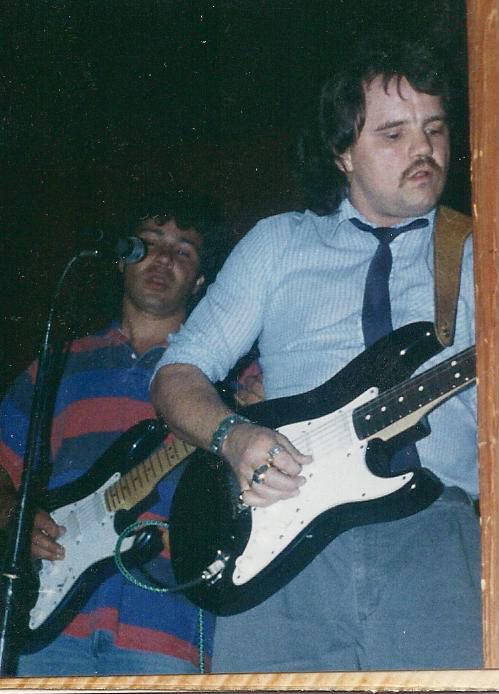

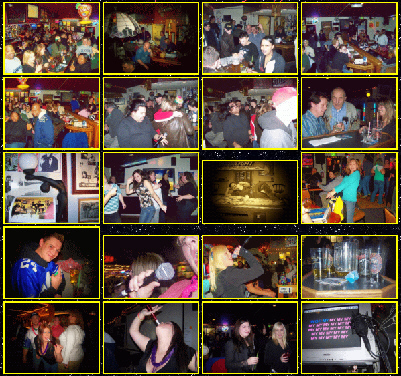
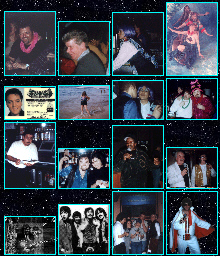
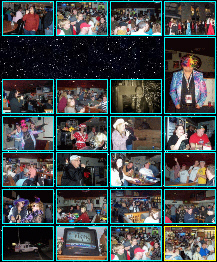

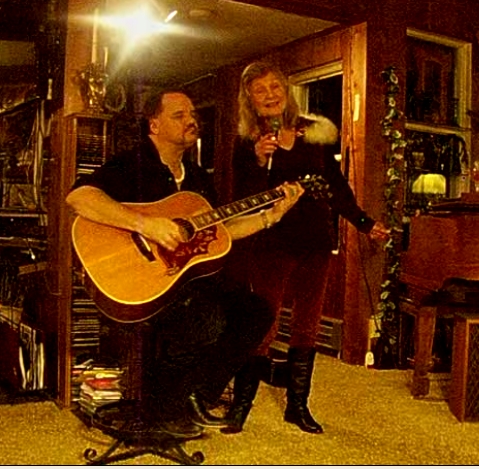
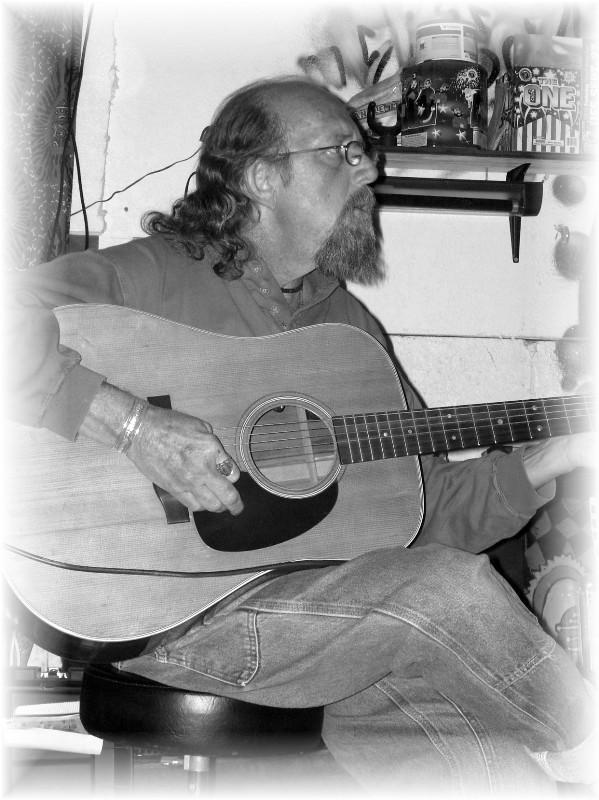
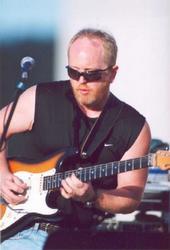
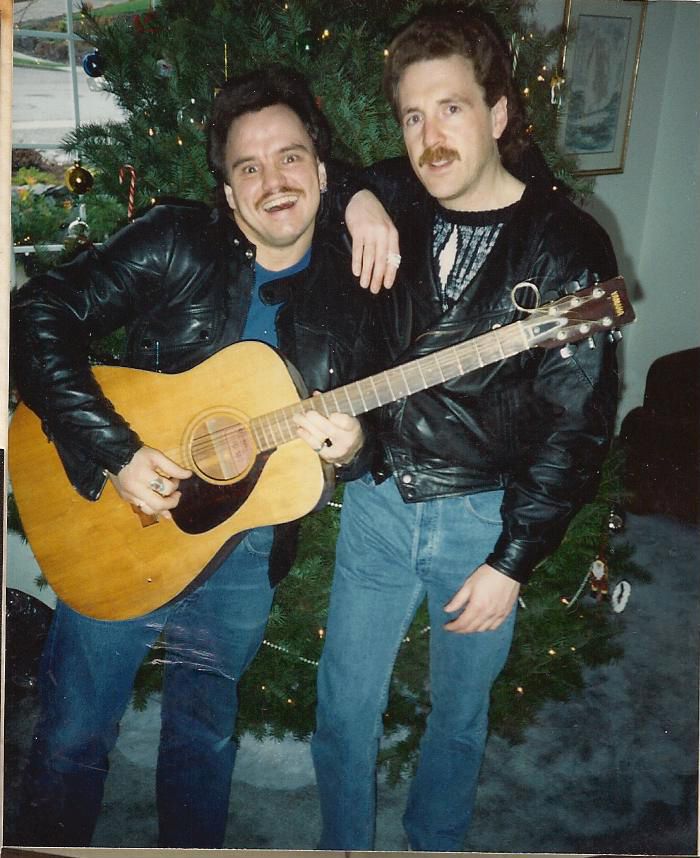
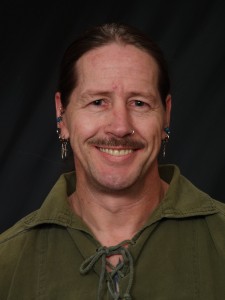
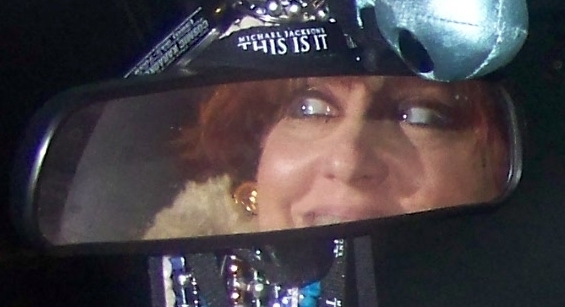
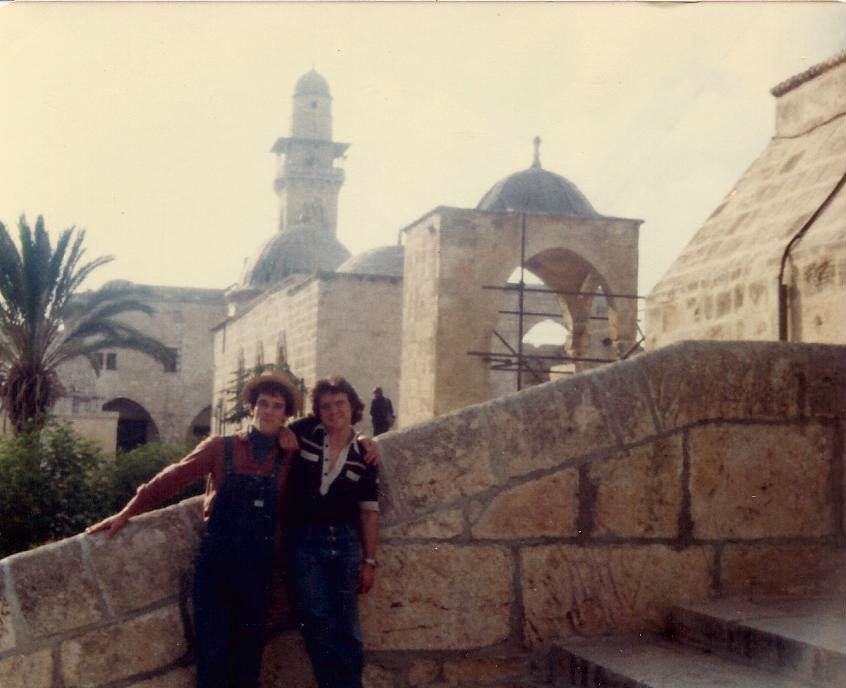
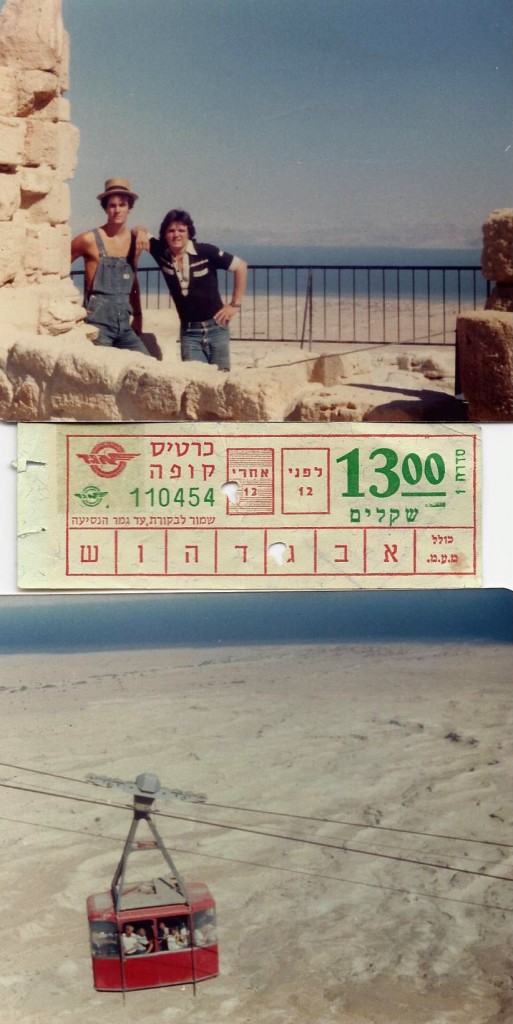
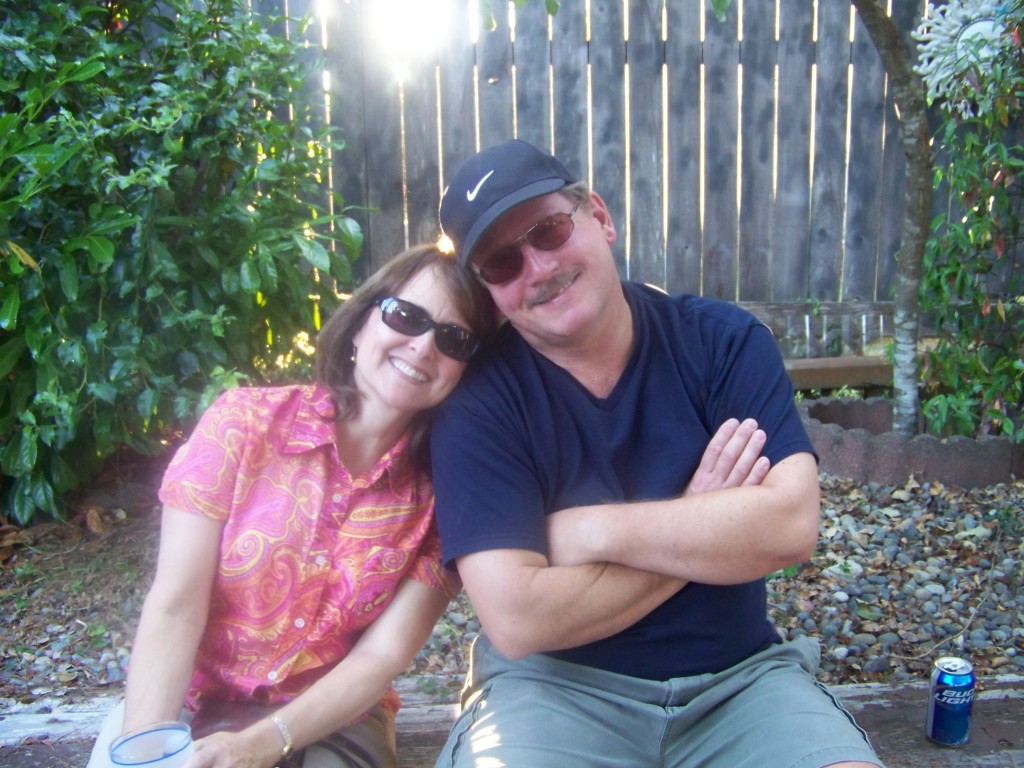
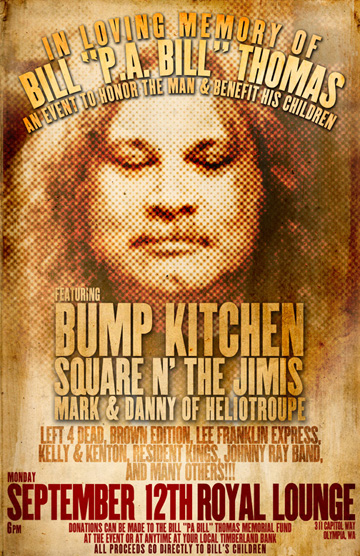
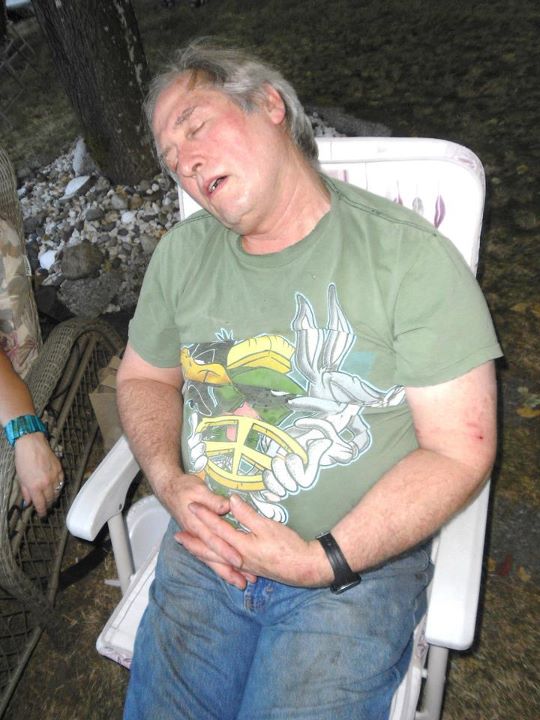
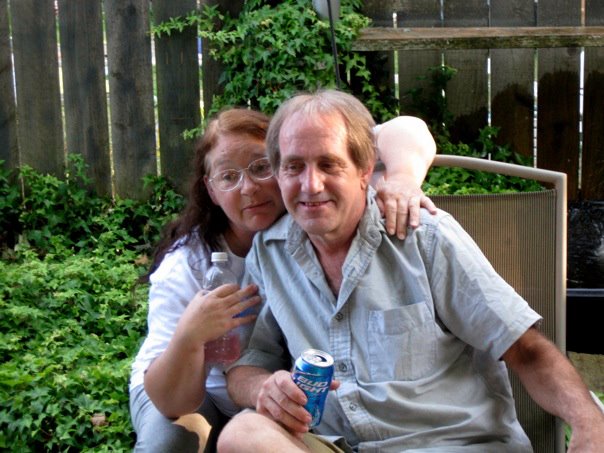
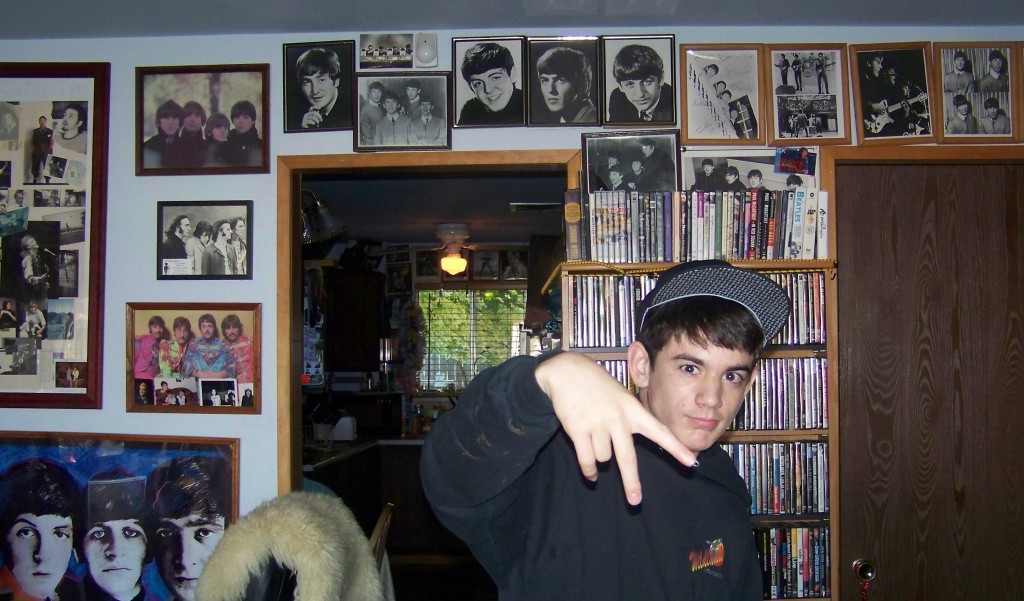

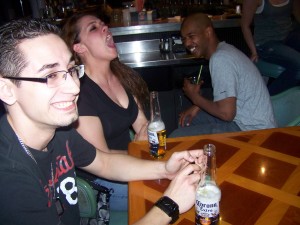
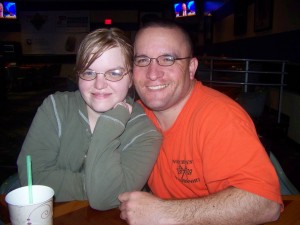

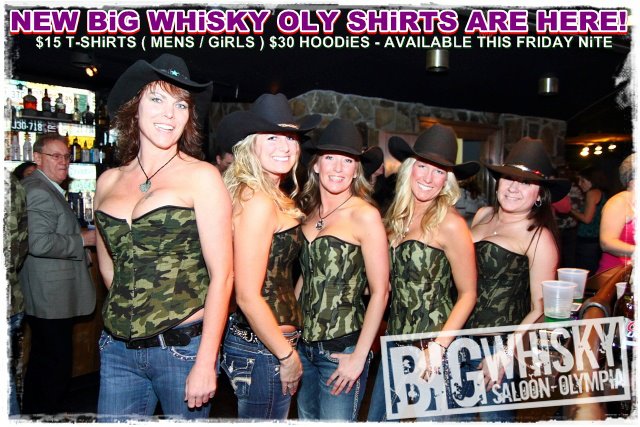
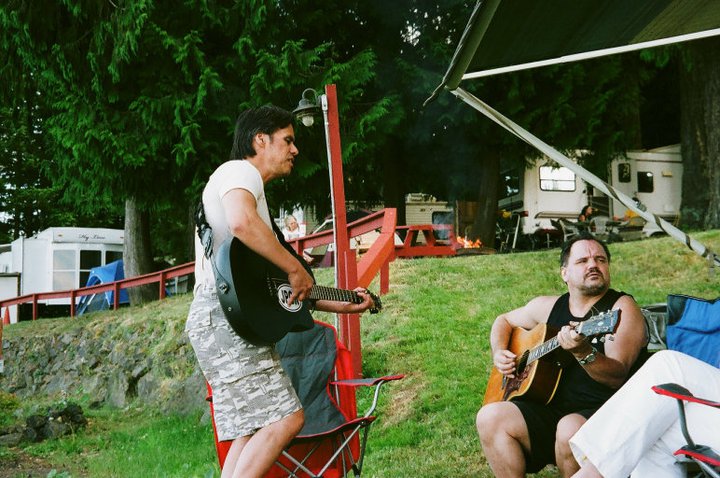
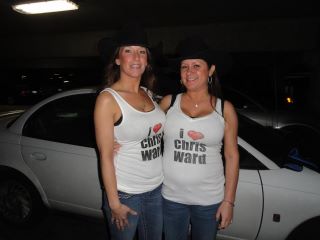
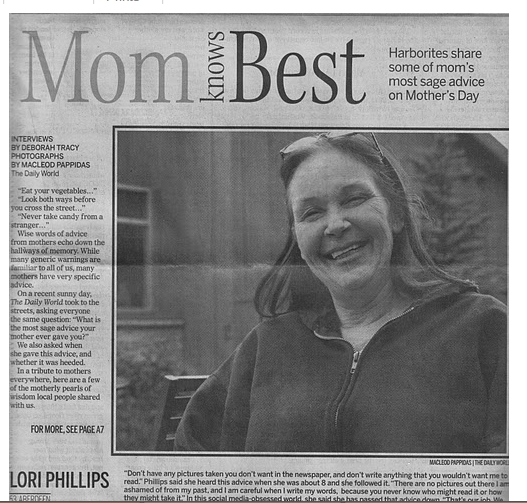
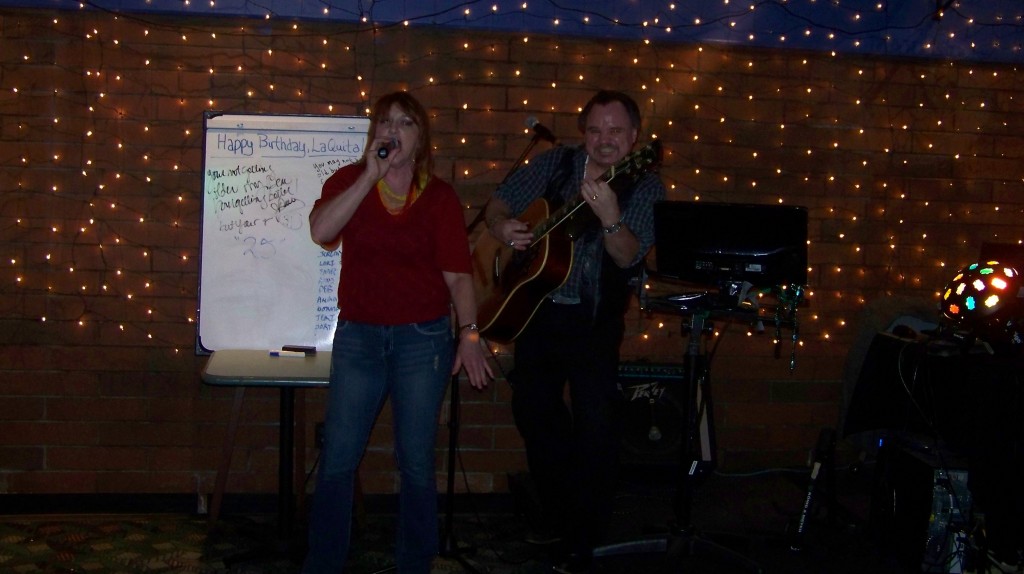 (Lori Number One Howdeshell and Eric jam @ Heroes Lounge 03-2012)
(Lori Number One Howdeshell and Eric jam @ Heroes Lounge 03-2012)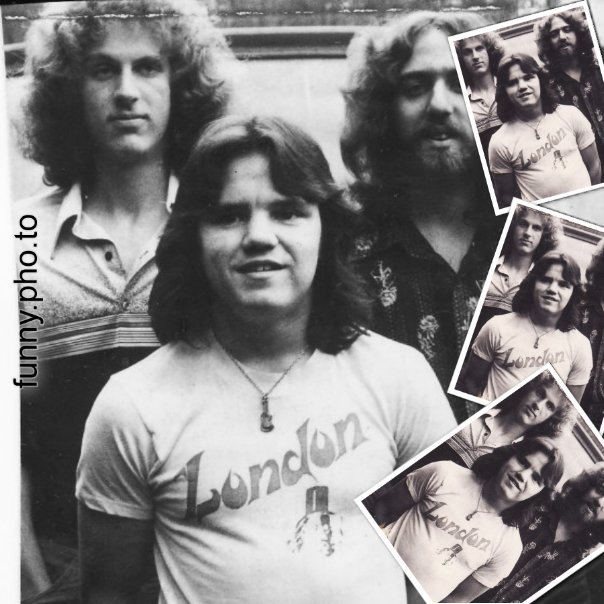
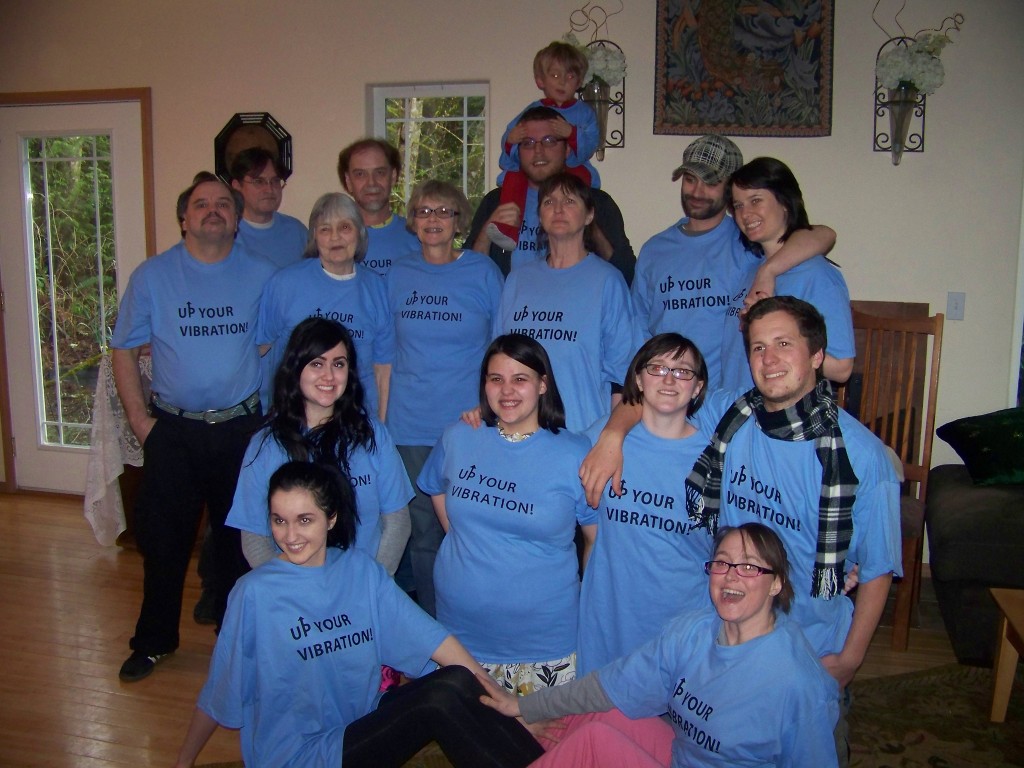
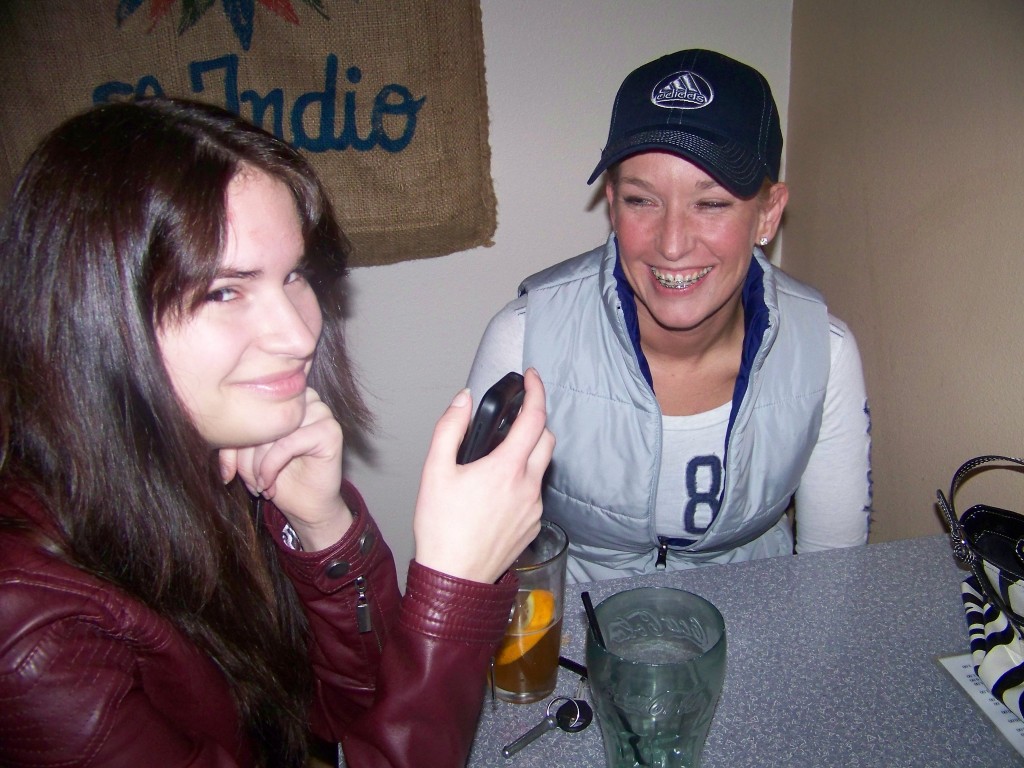
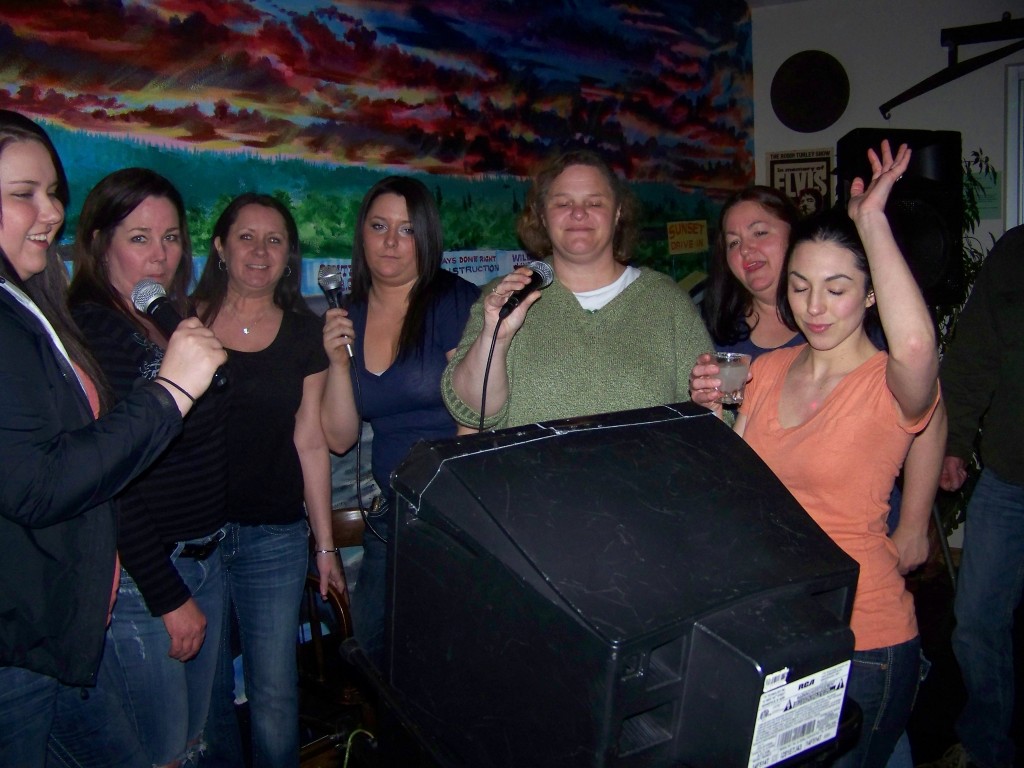
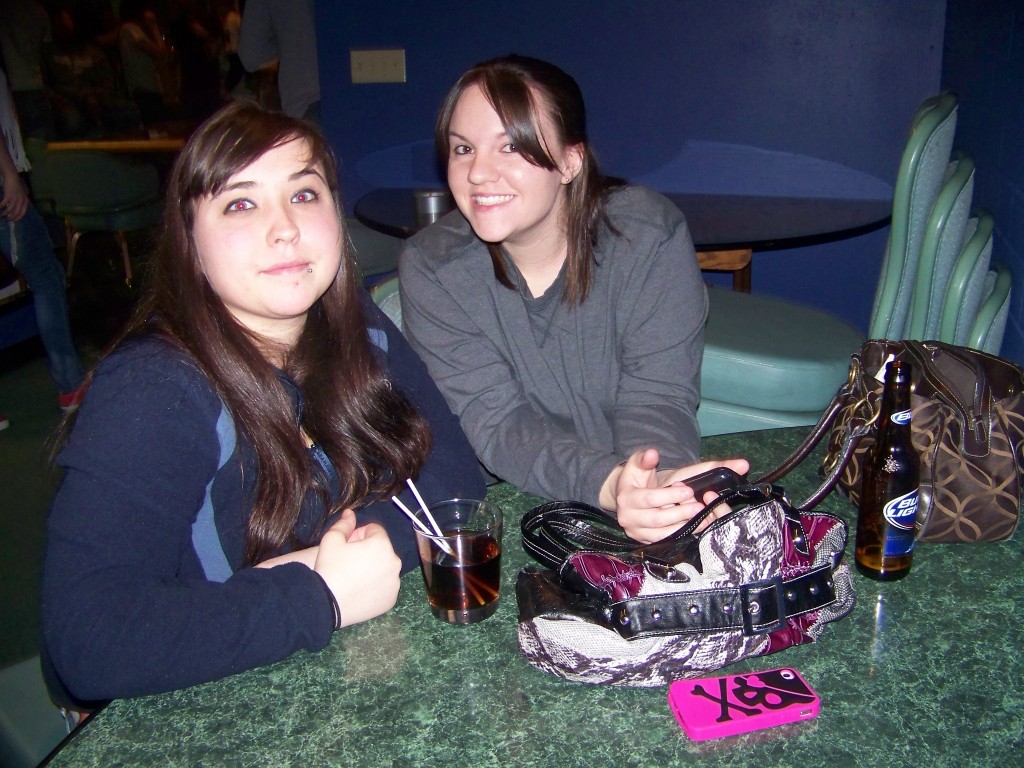
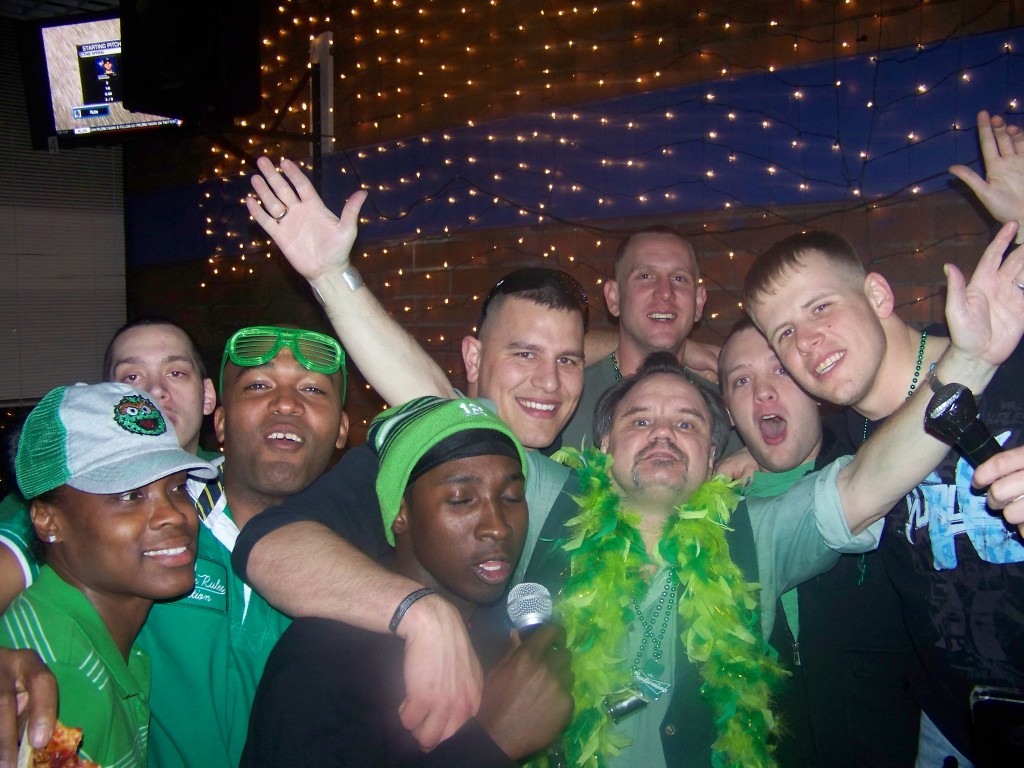
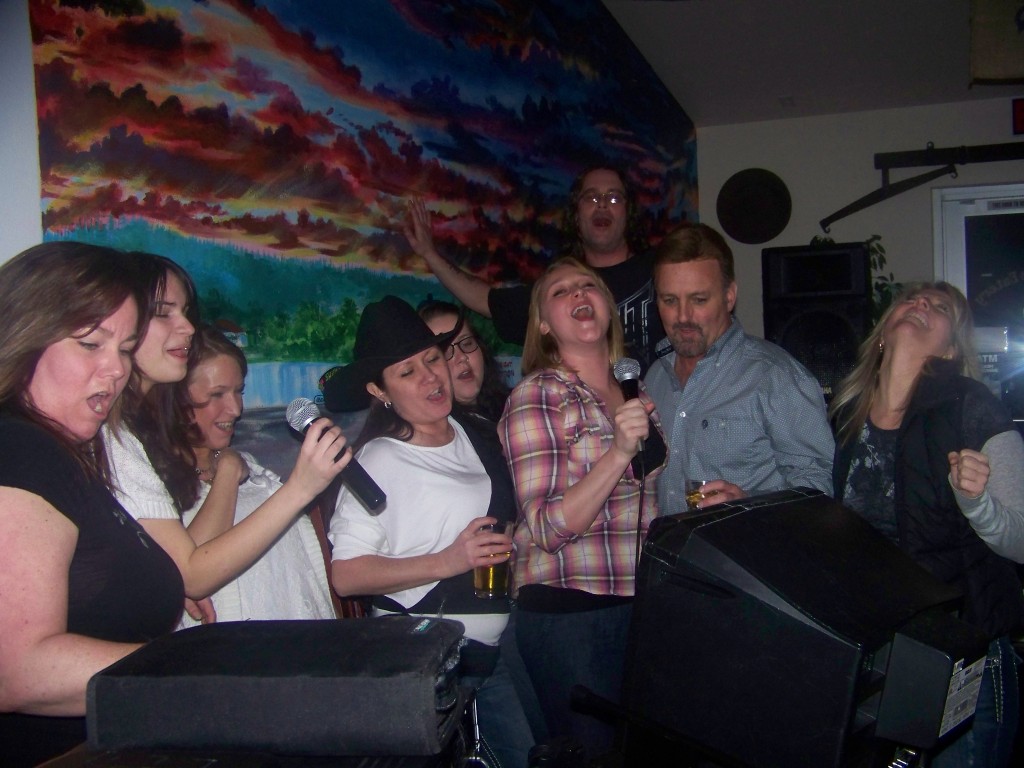
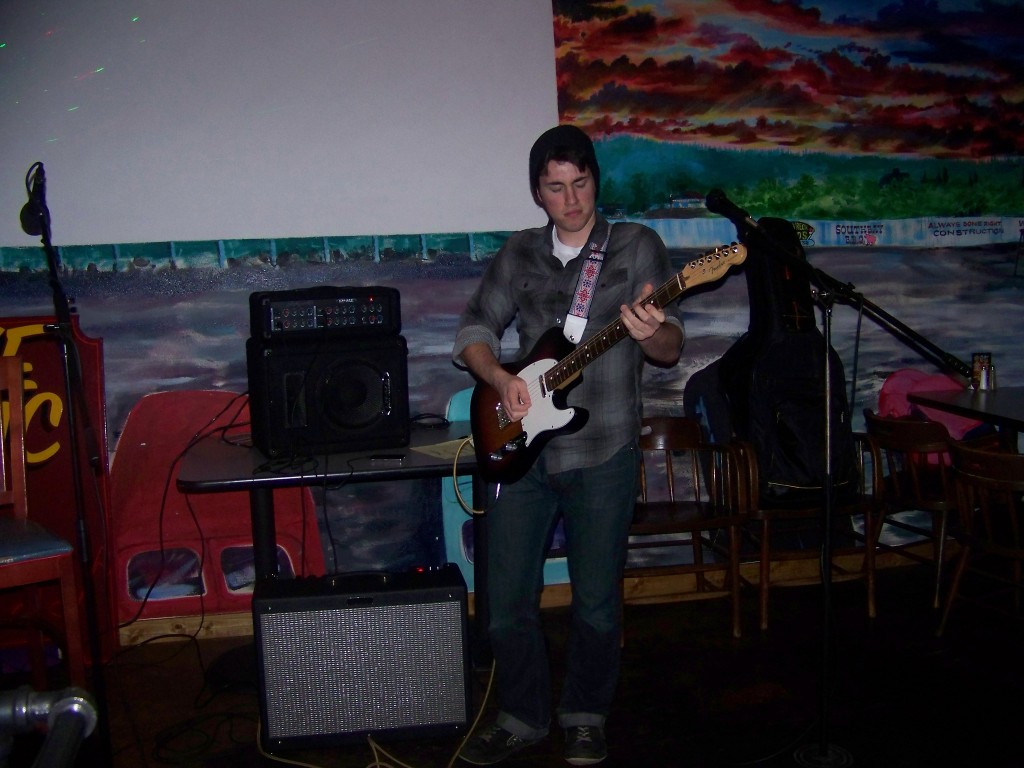
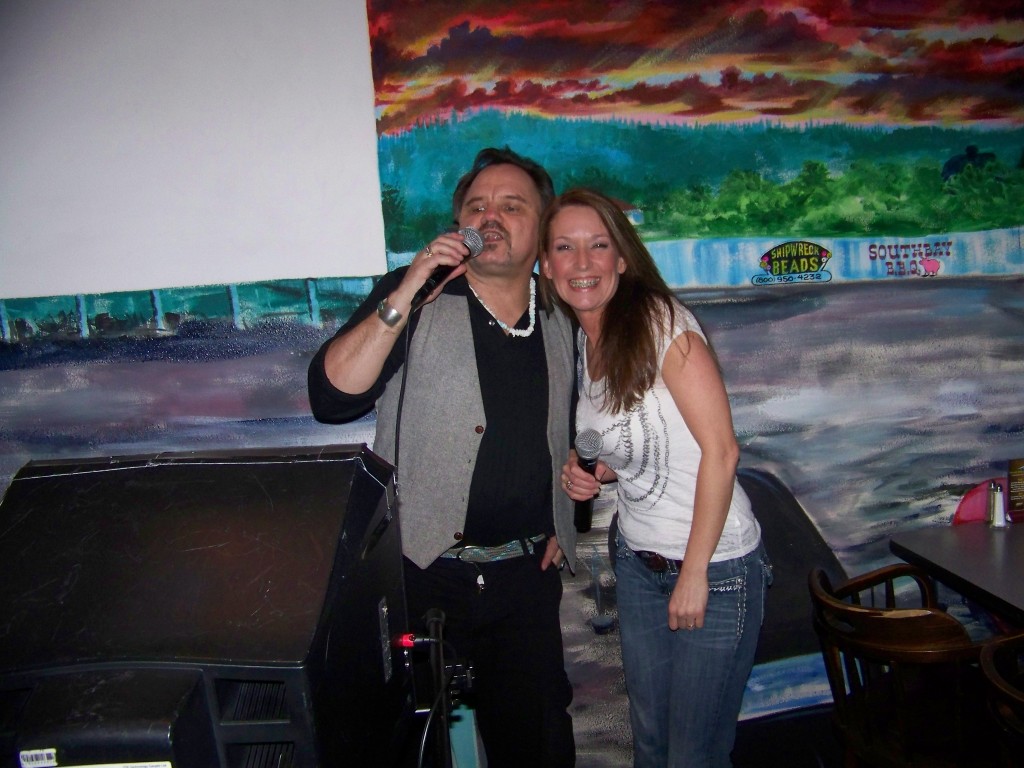
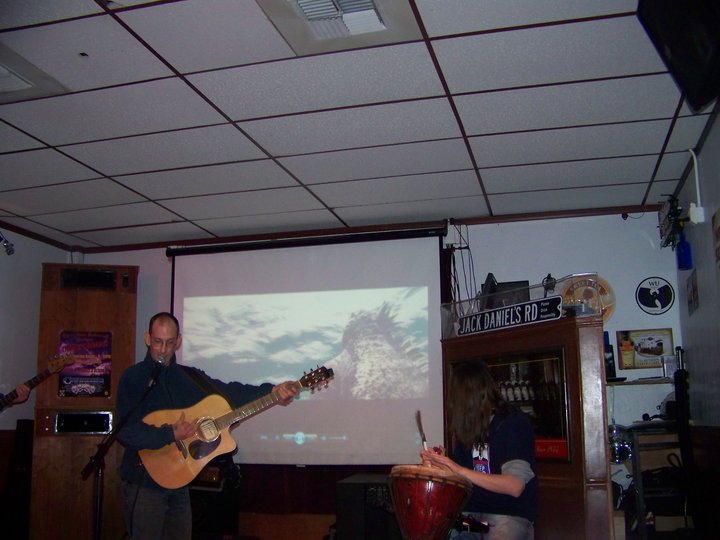
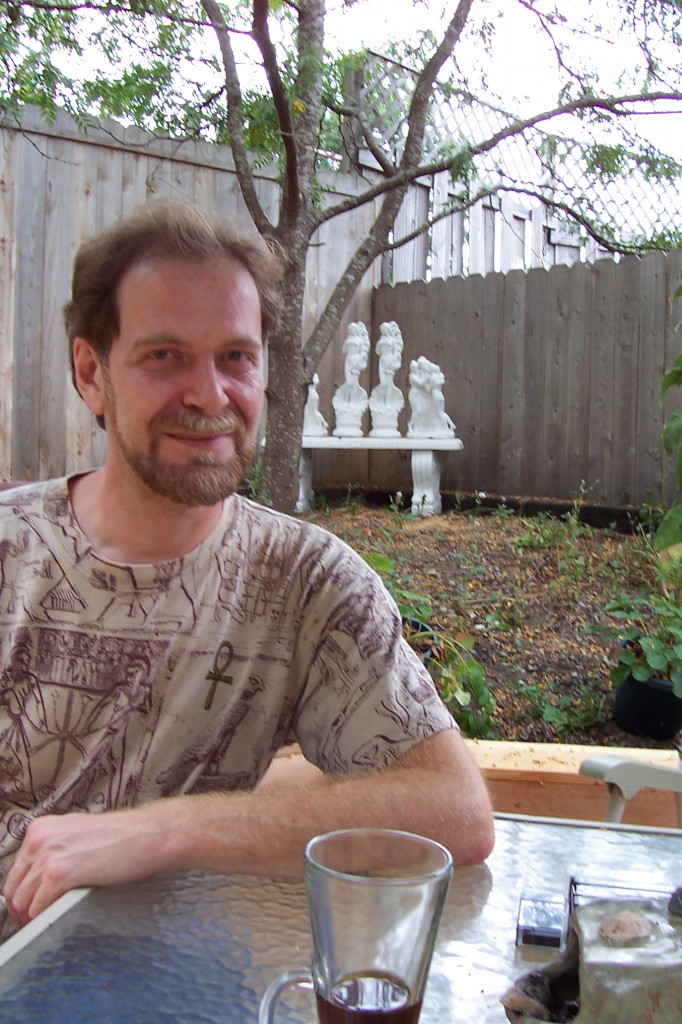

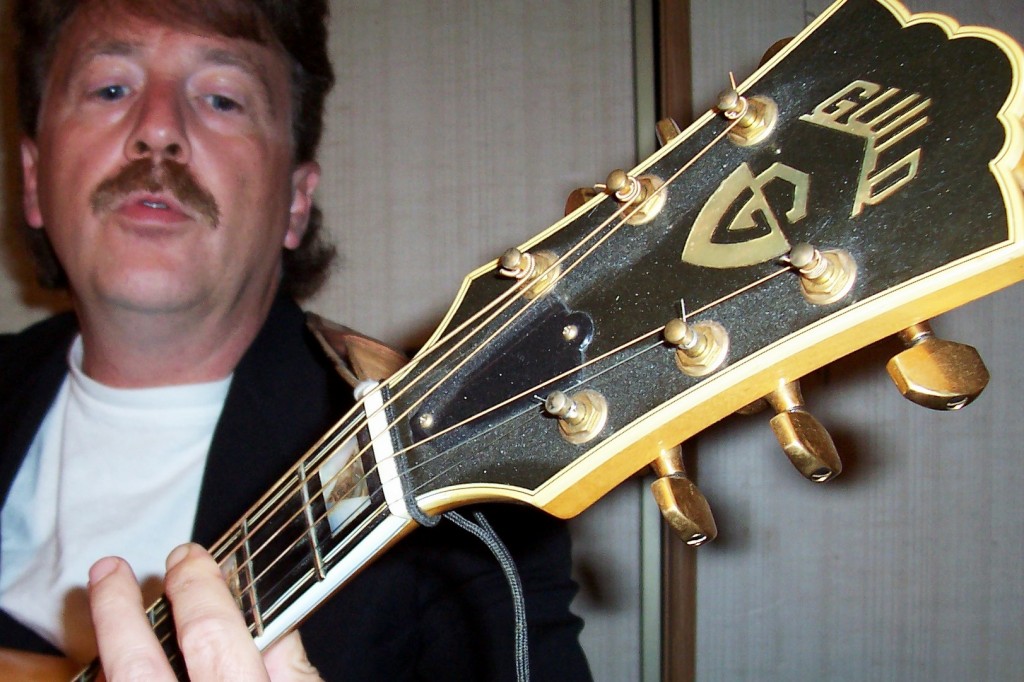
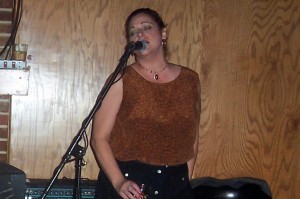
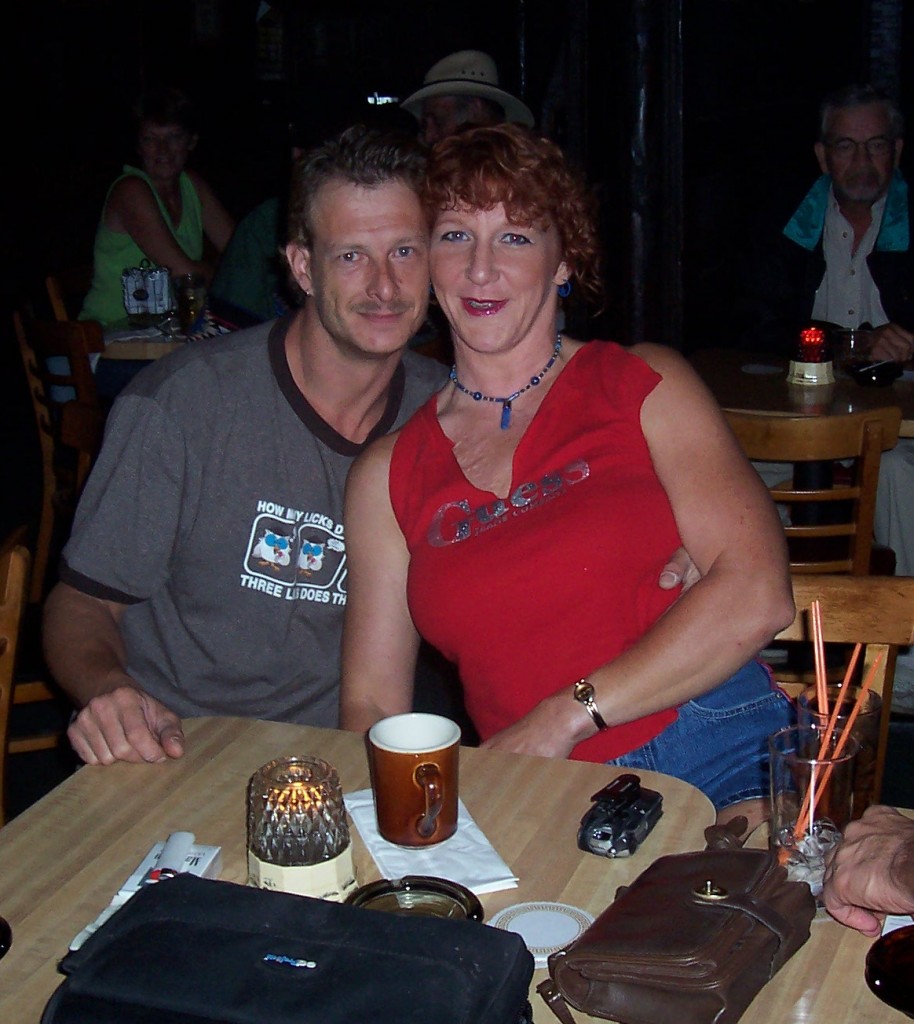
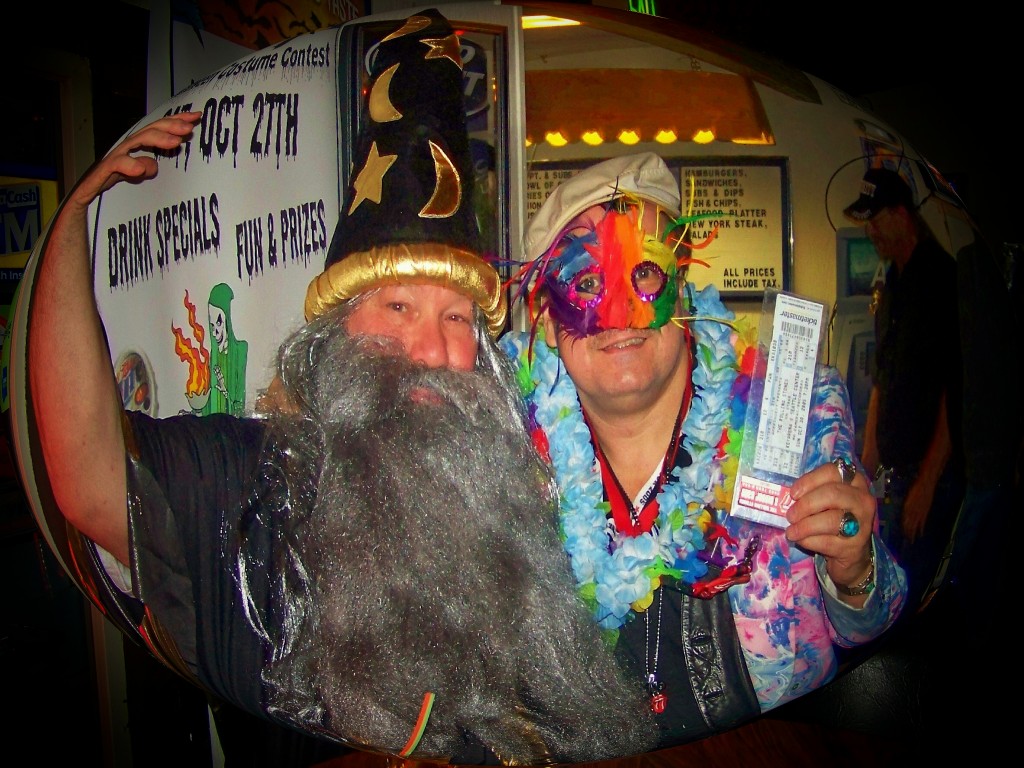
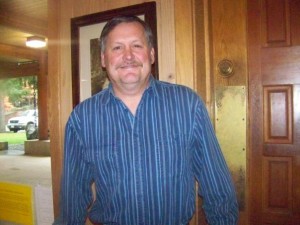
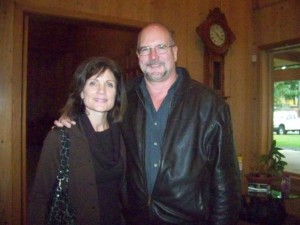
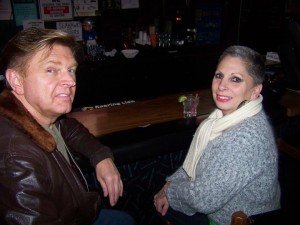
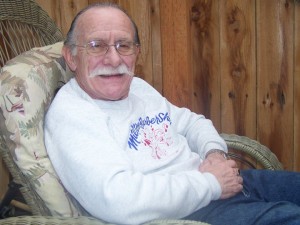
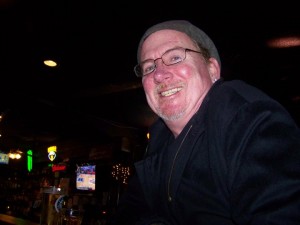
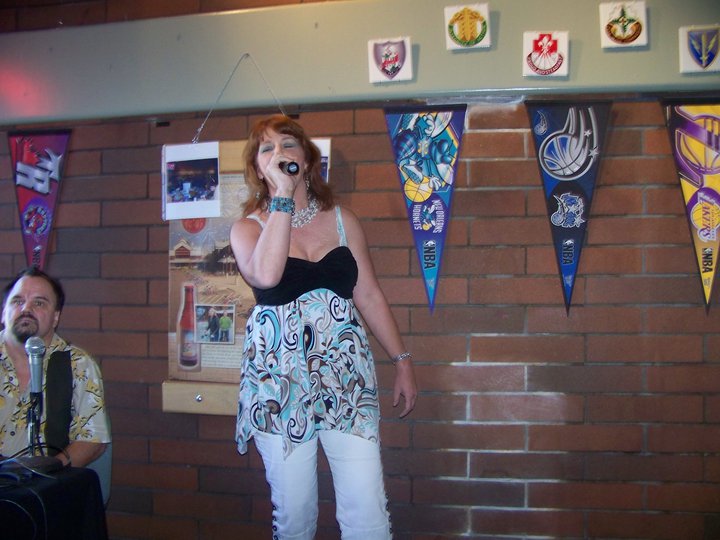
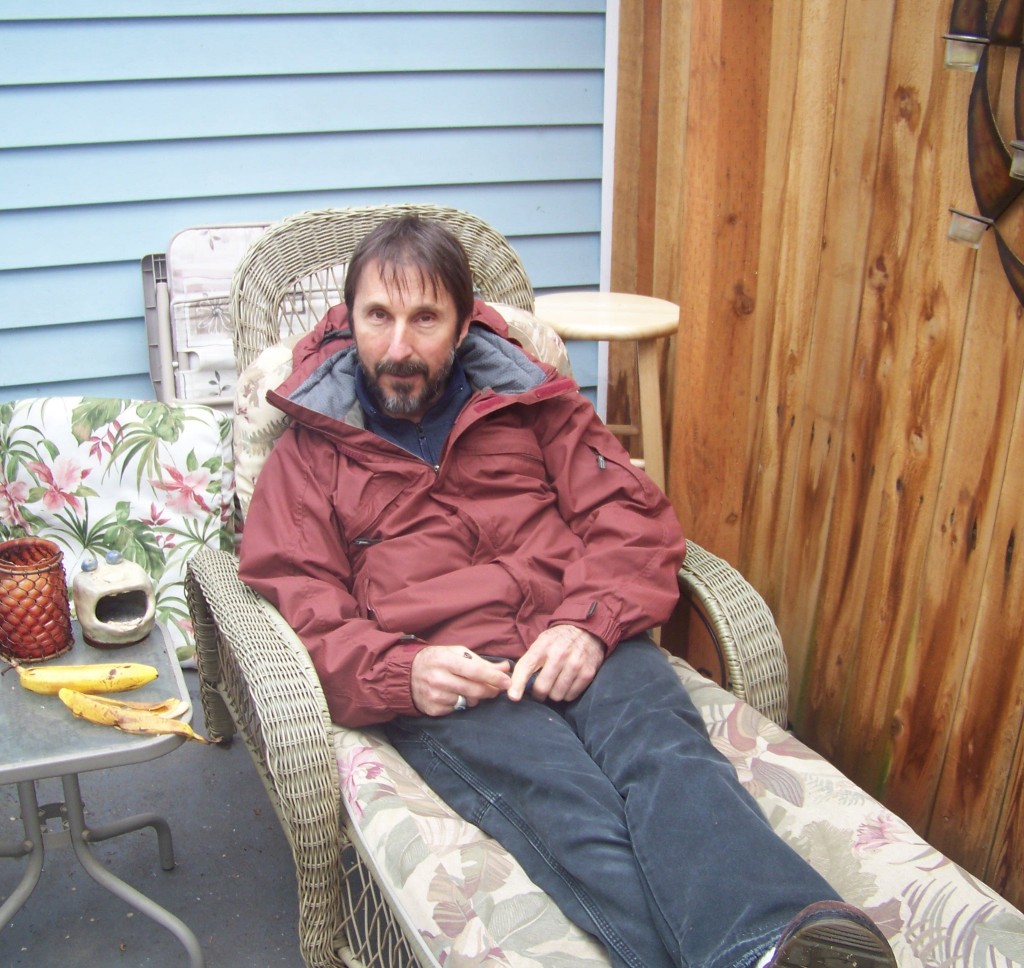
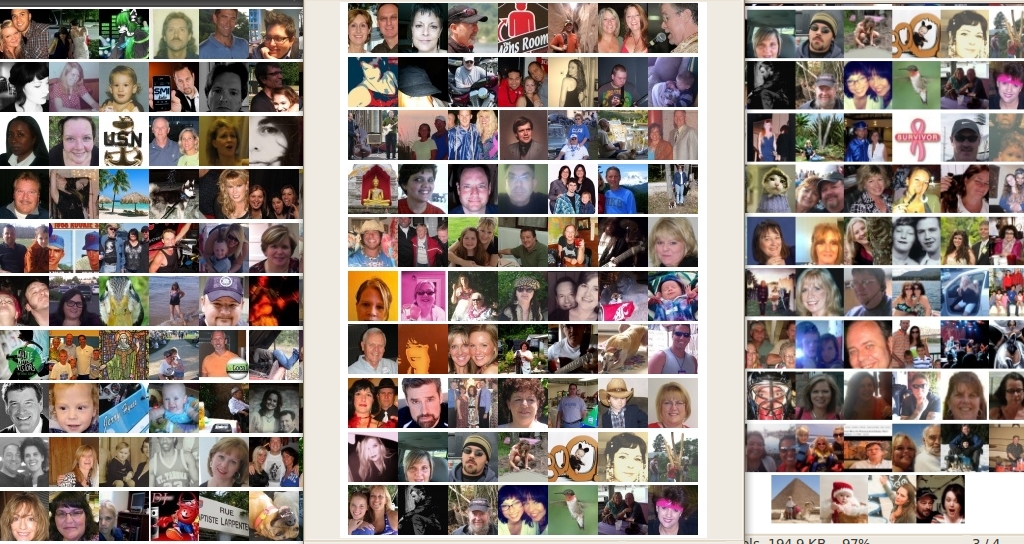
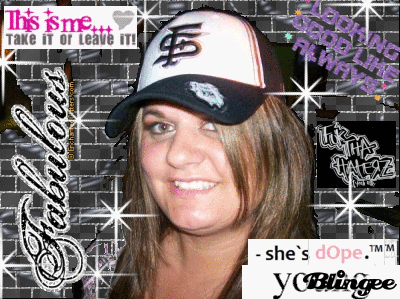
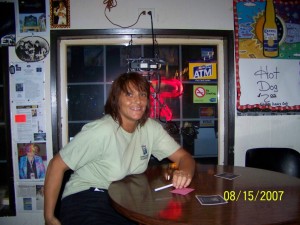
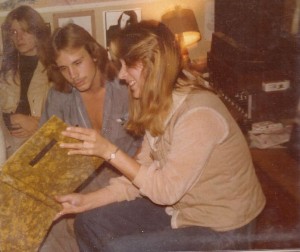
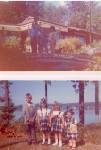
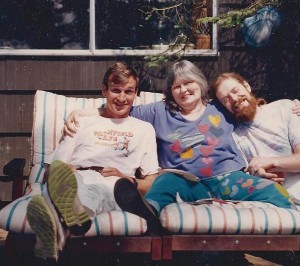
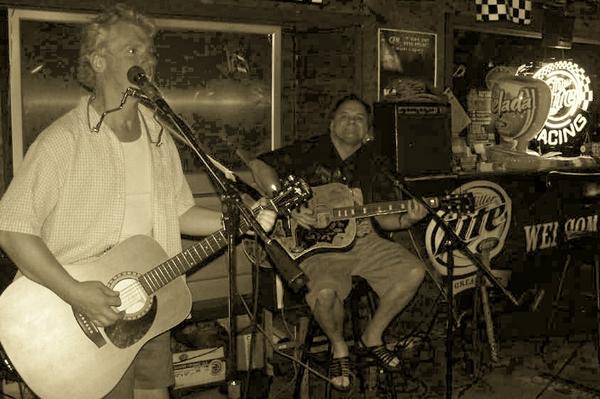

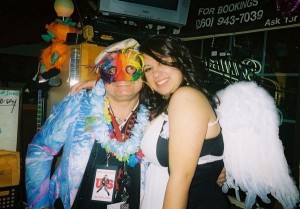

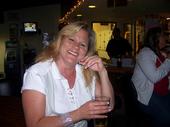
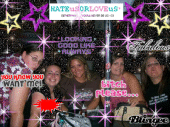
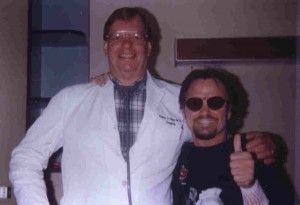
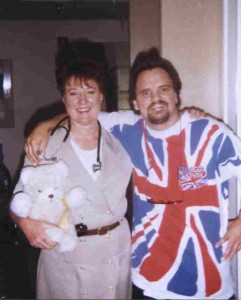
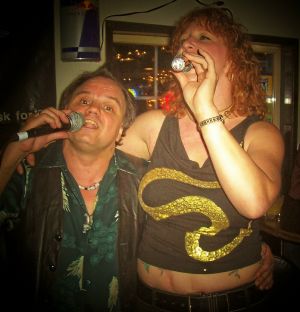
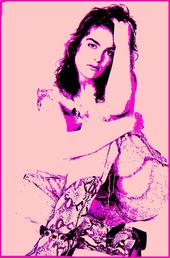
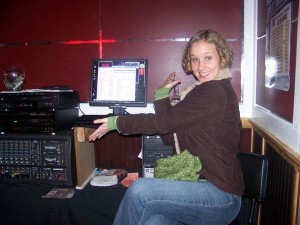

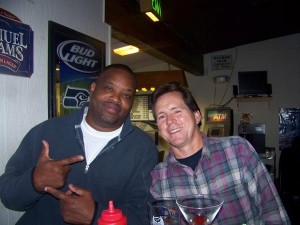
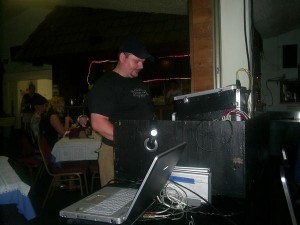
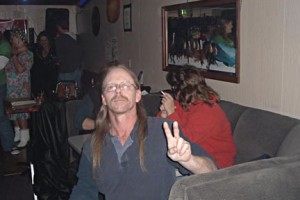
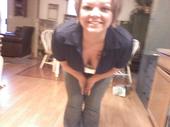
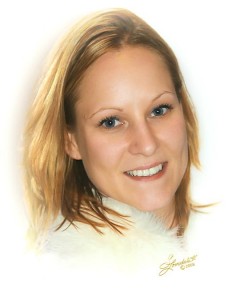
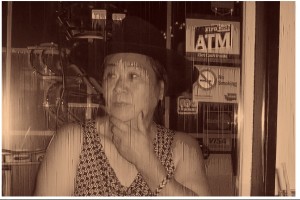
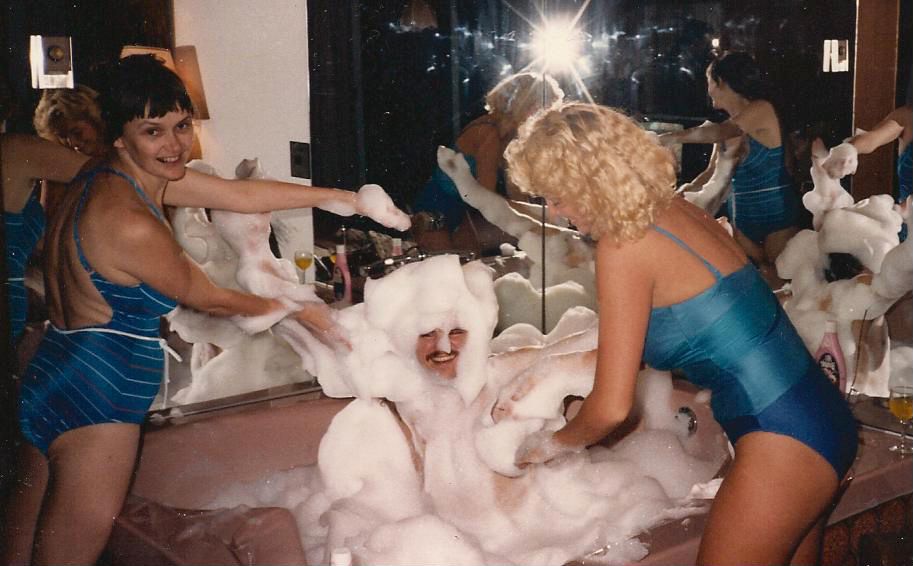
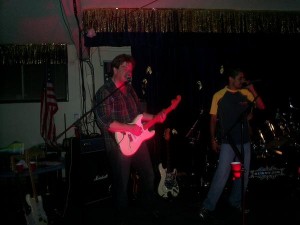 (I have known Randy Sloan since the 70′s and my High school days)
(I have known Randy Sloan since the 70′s and my High school days)